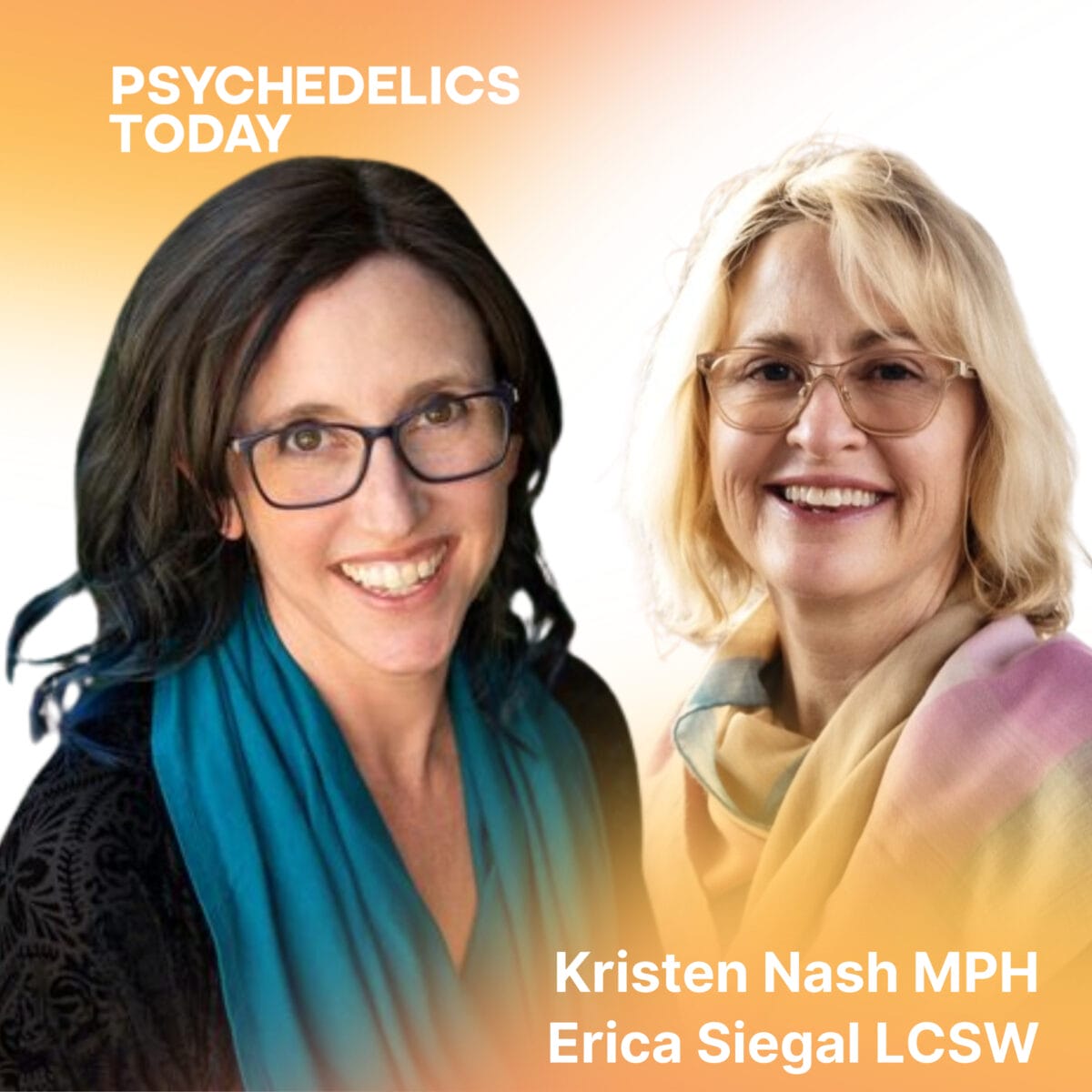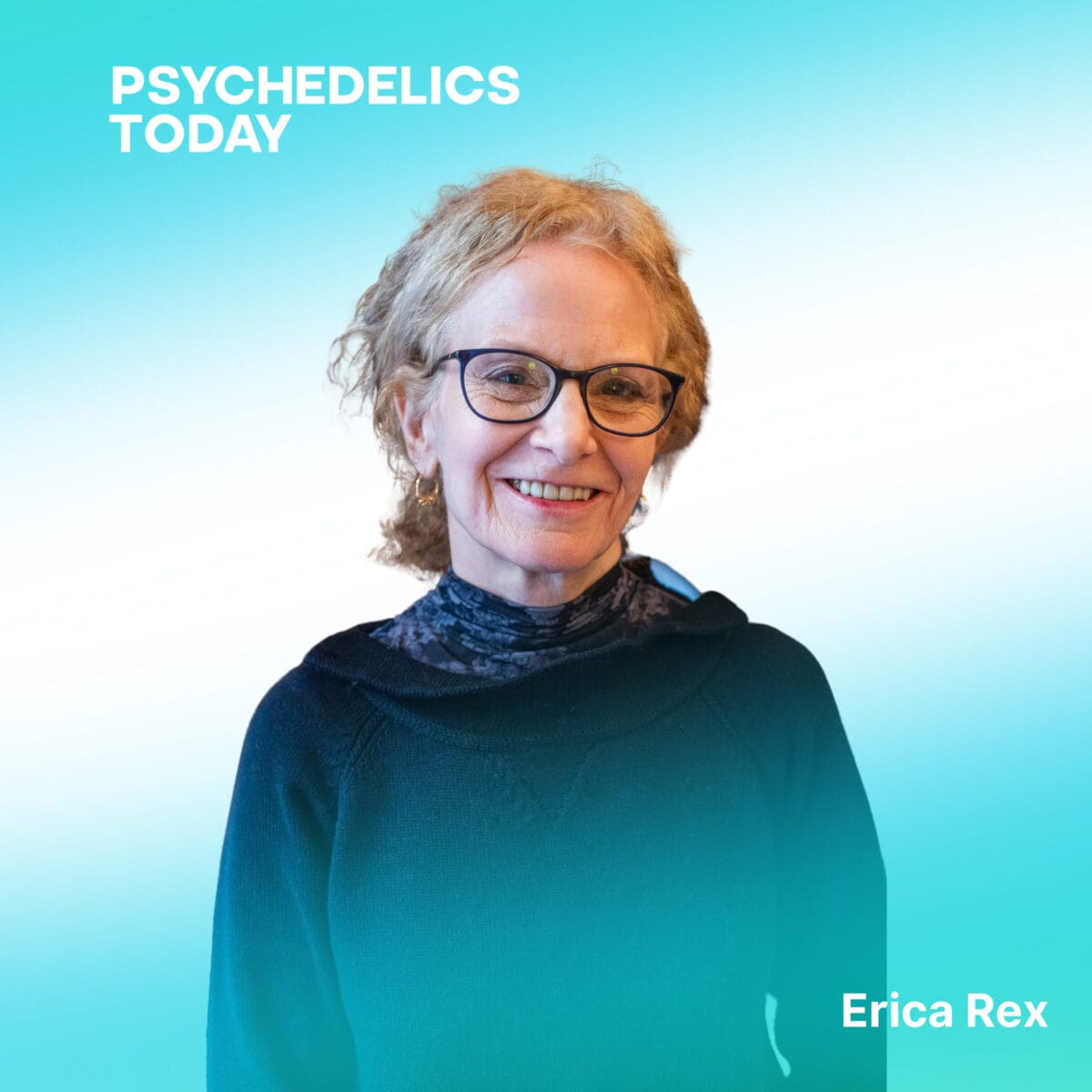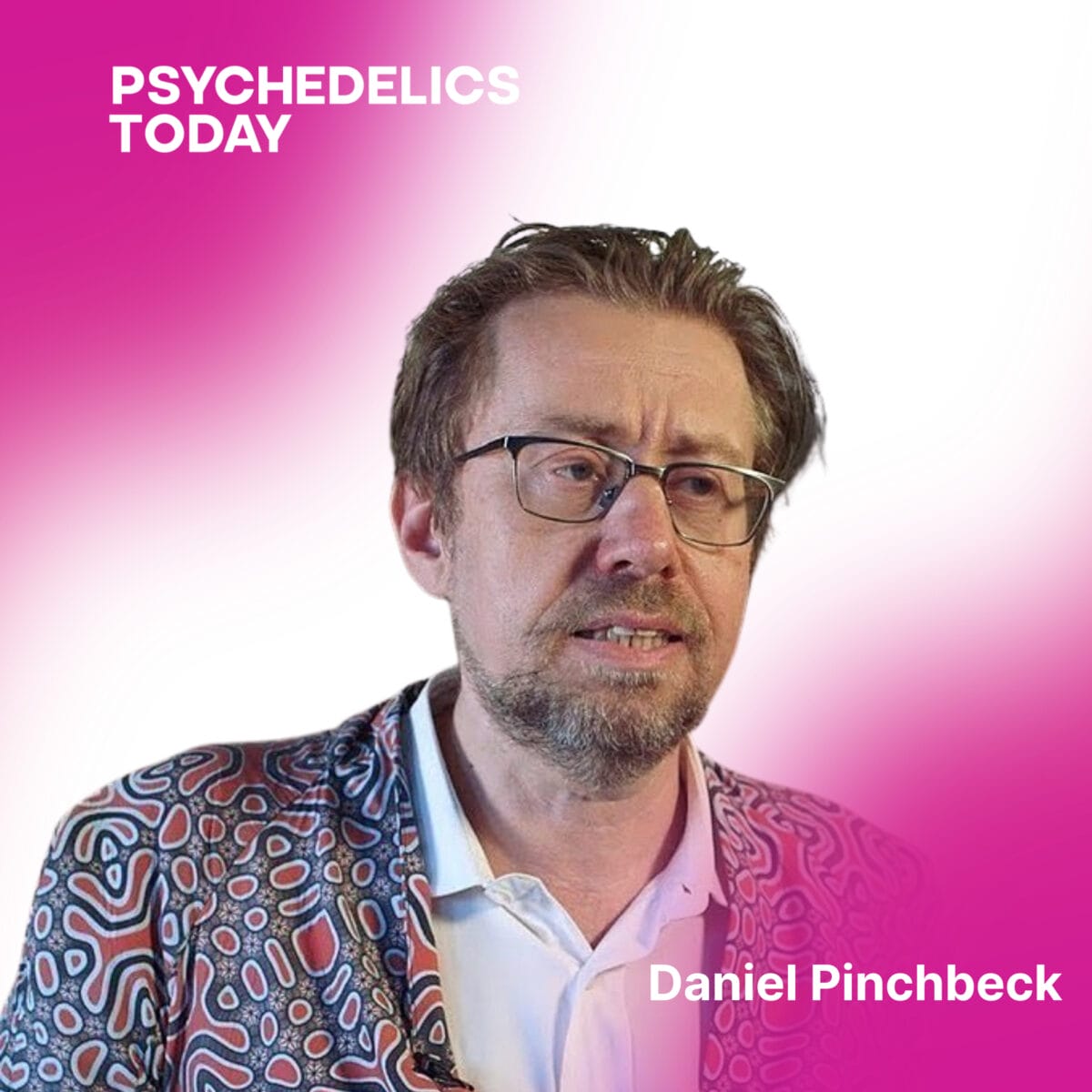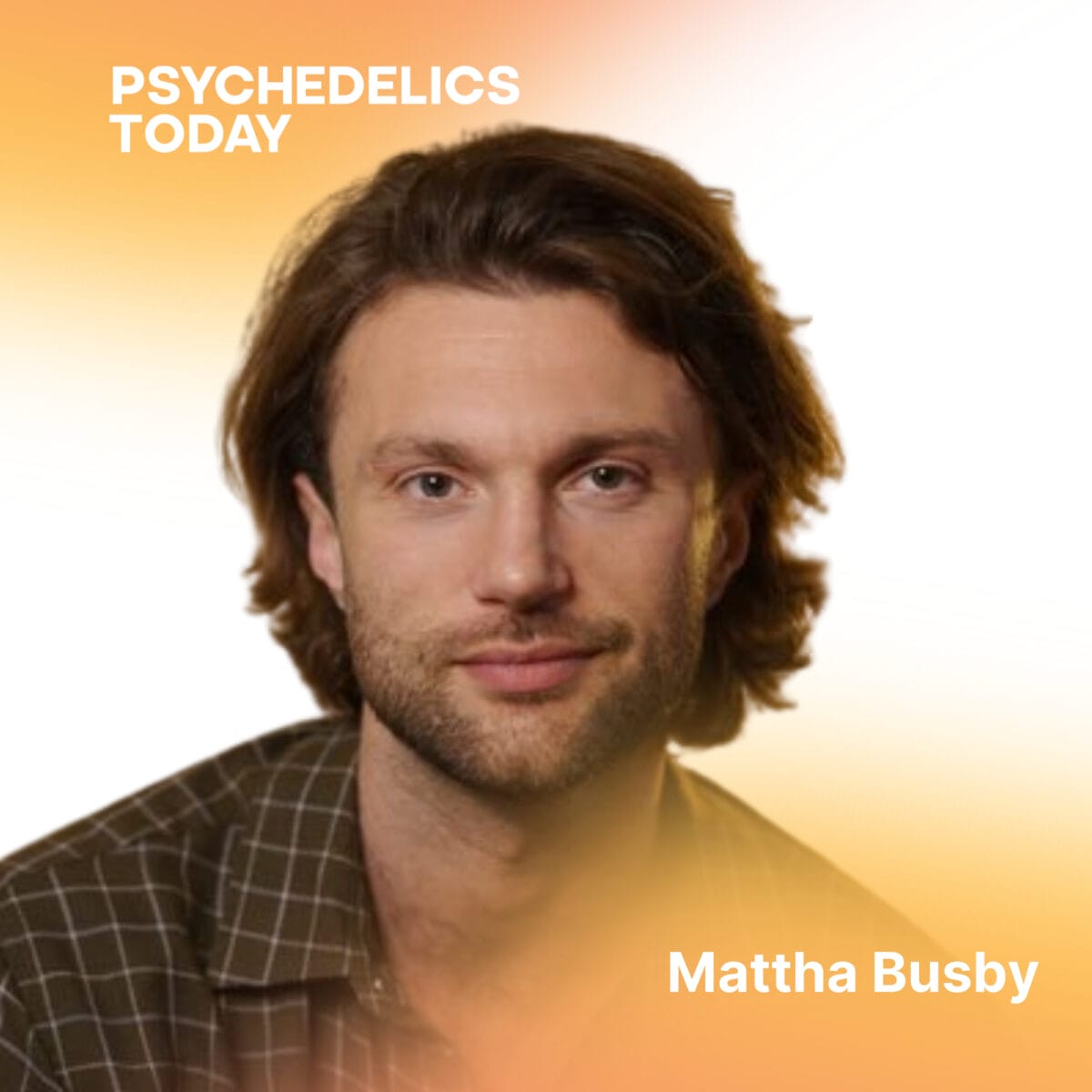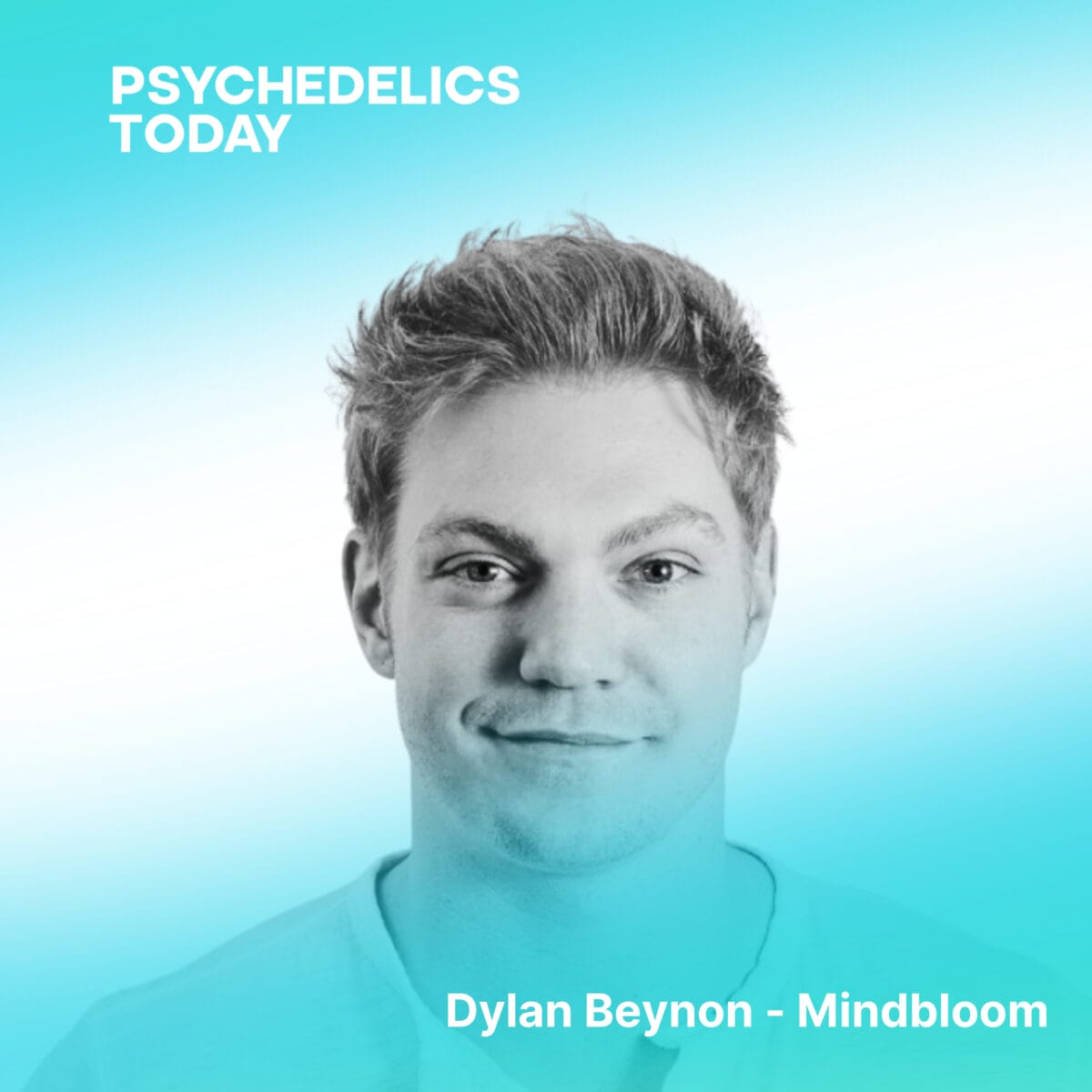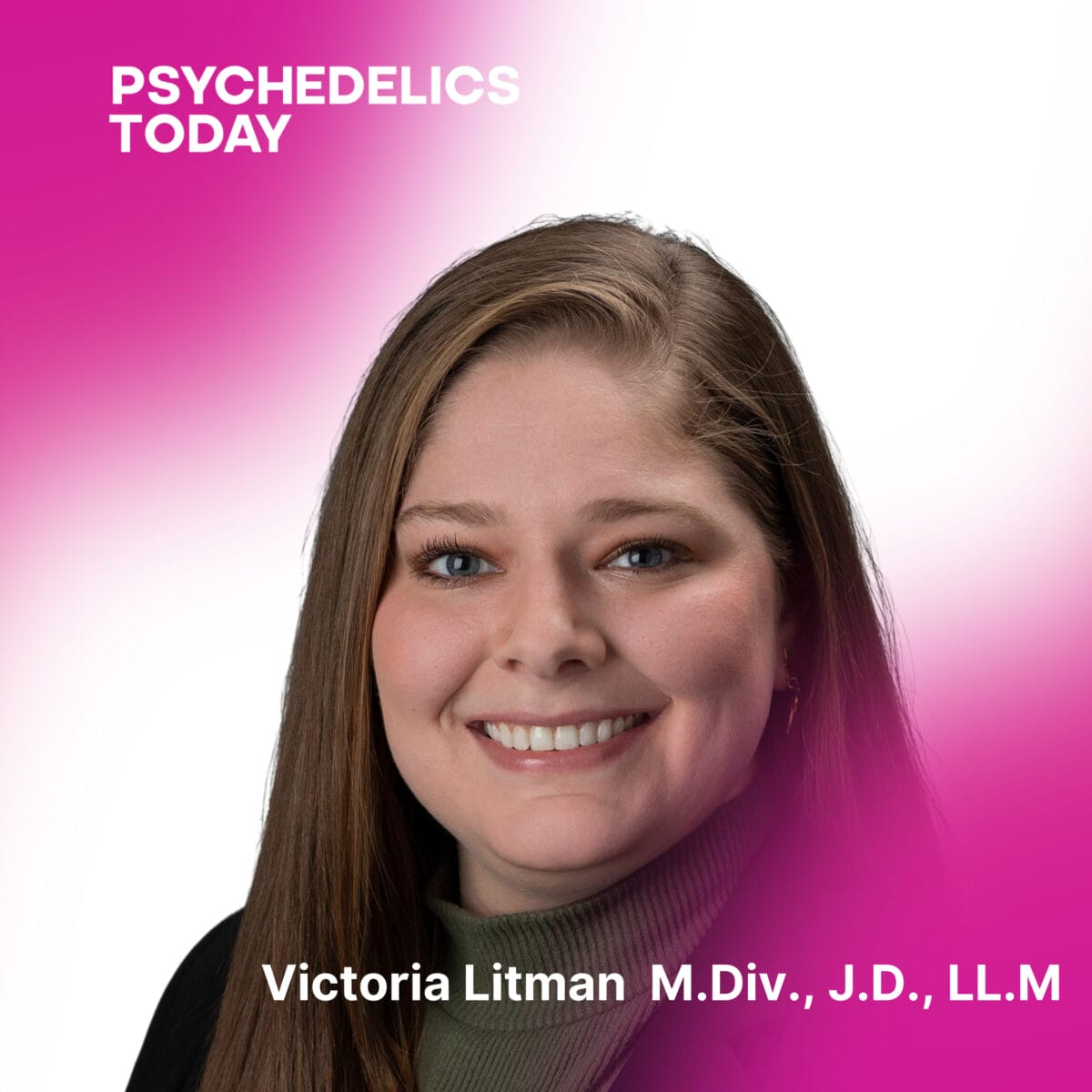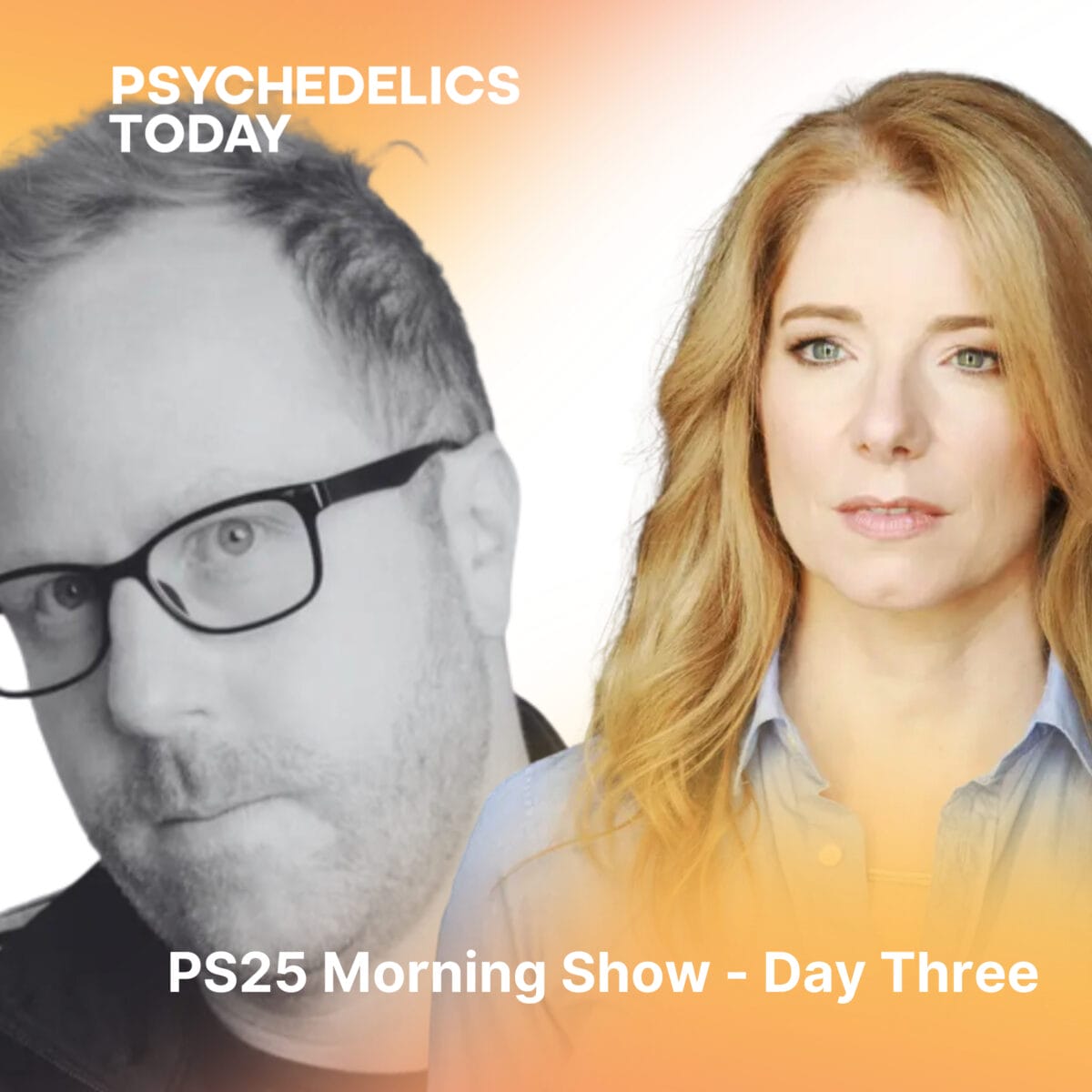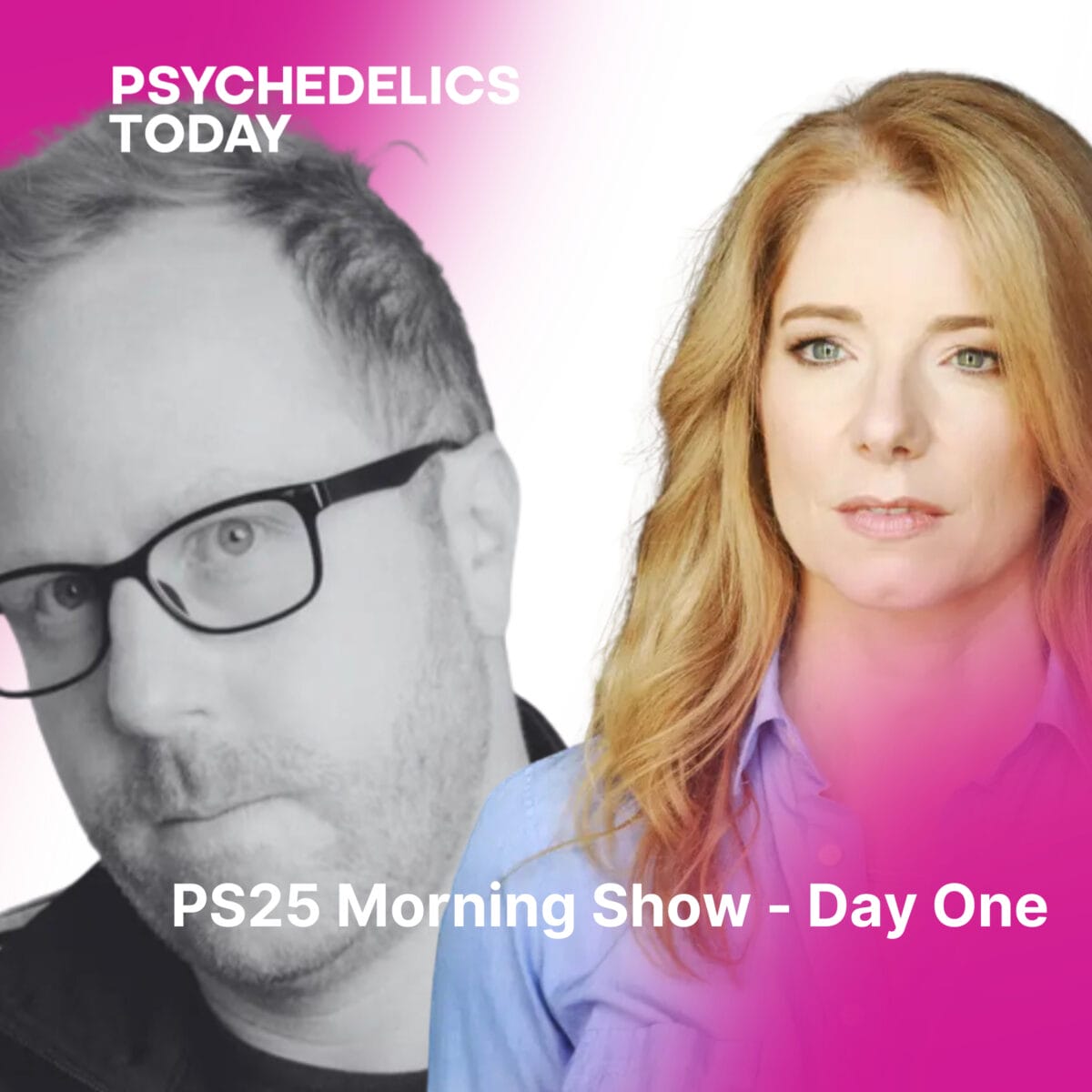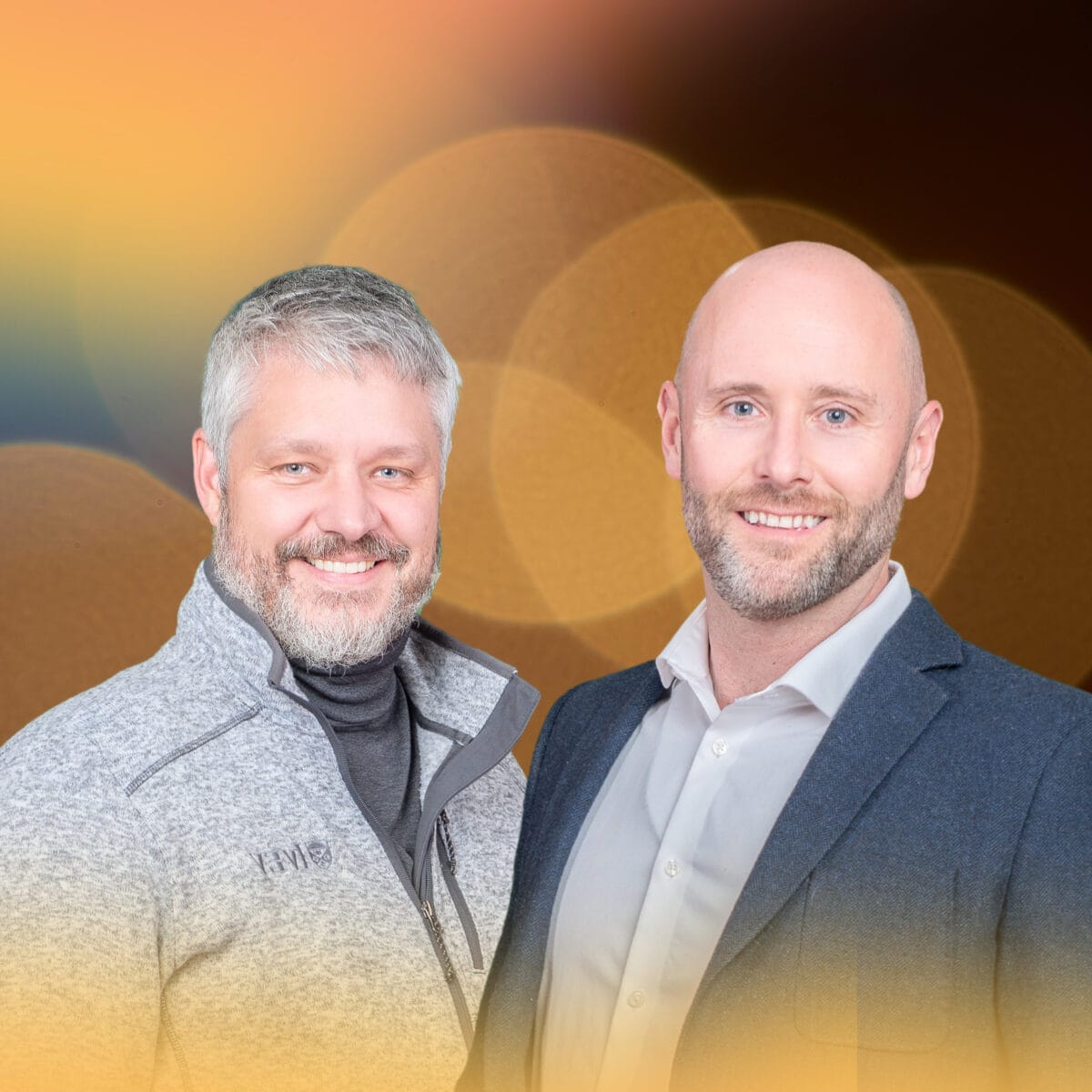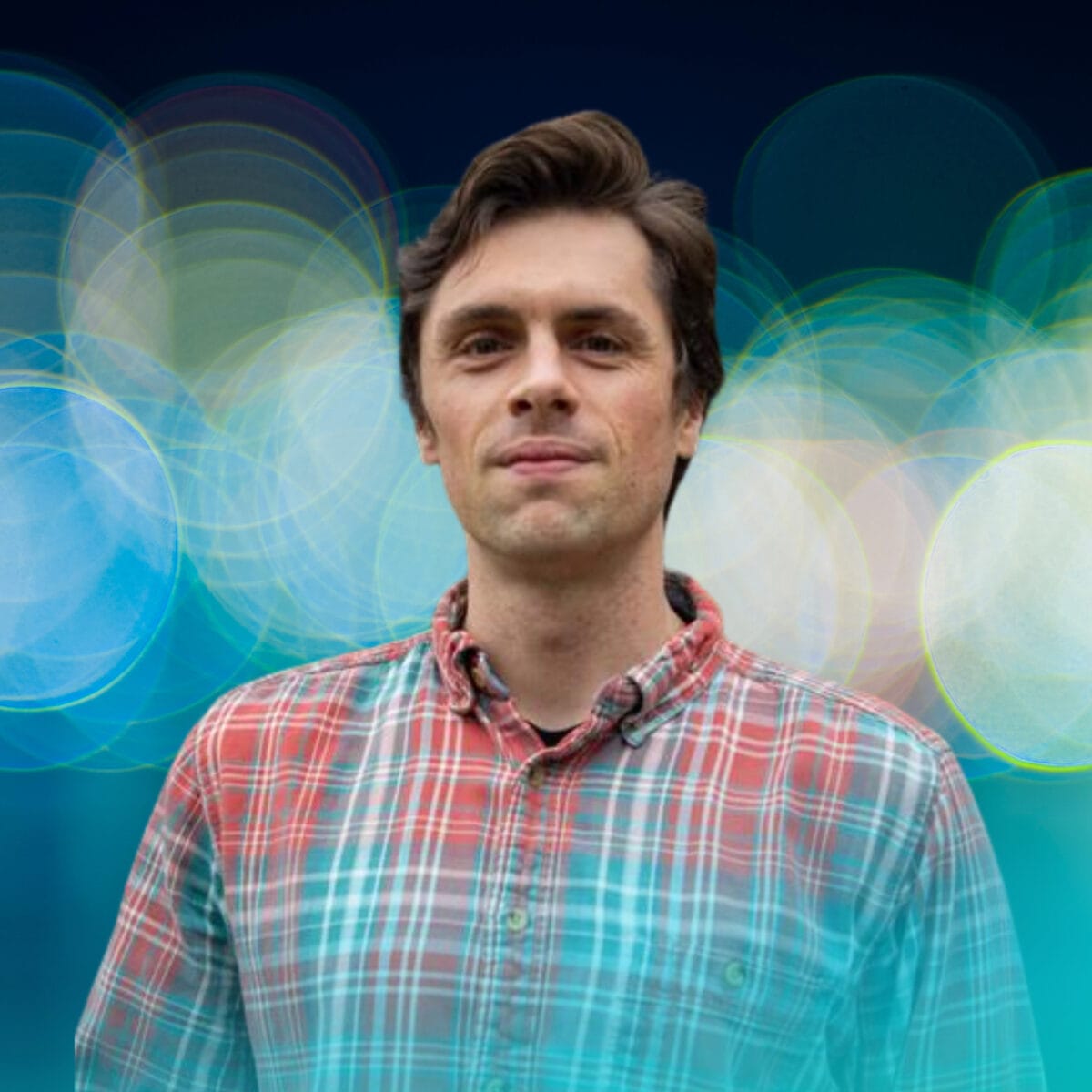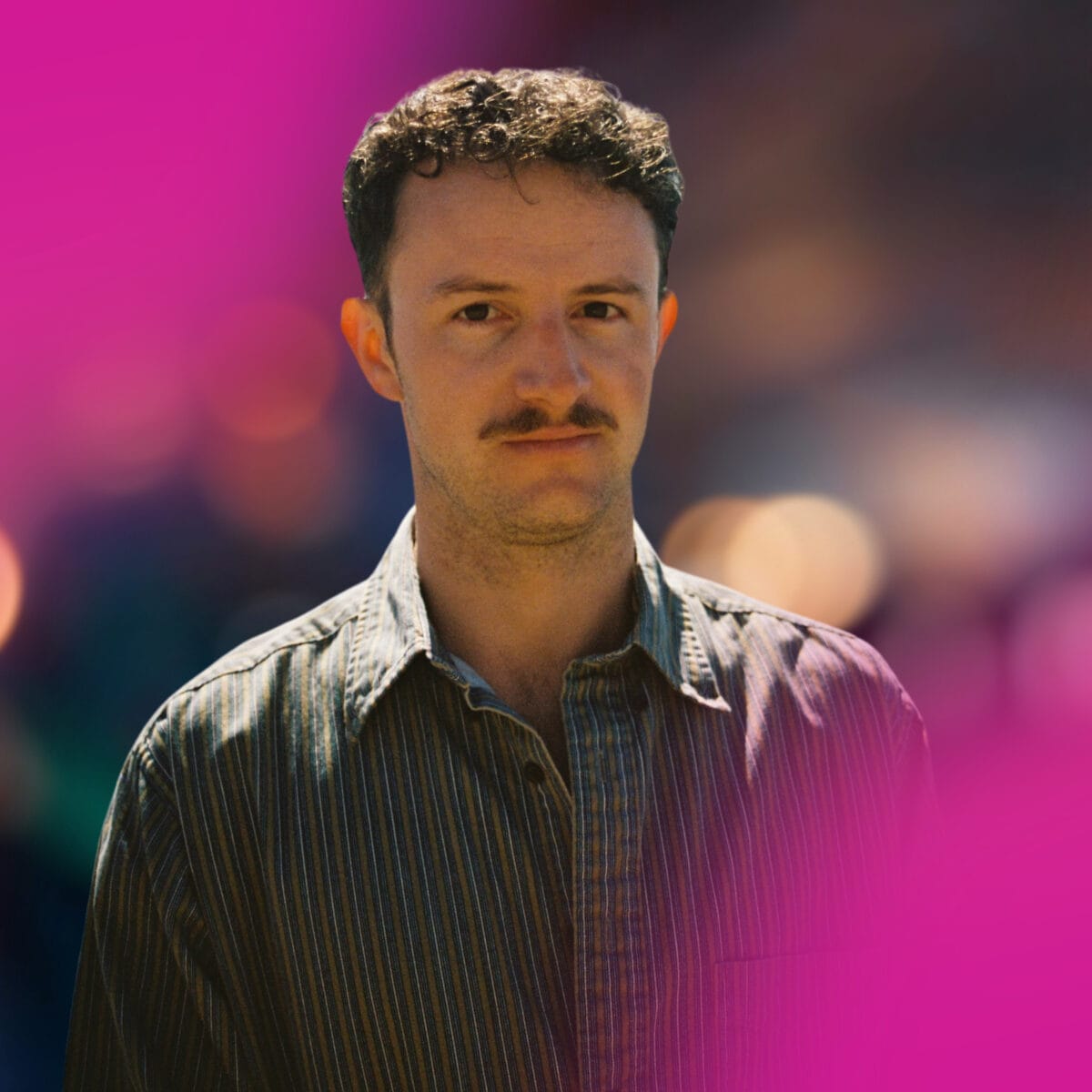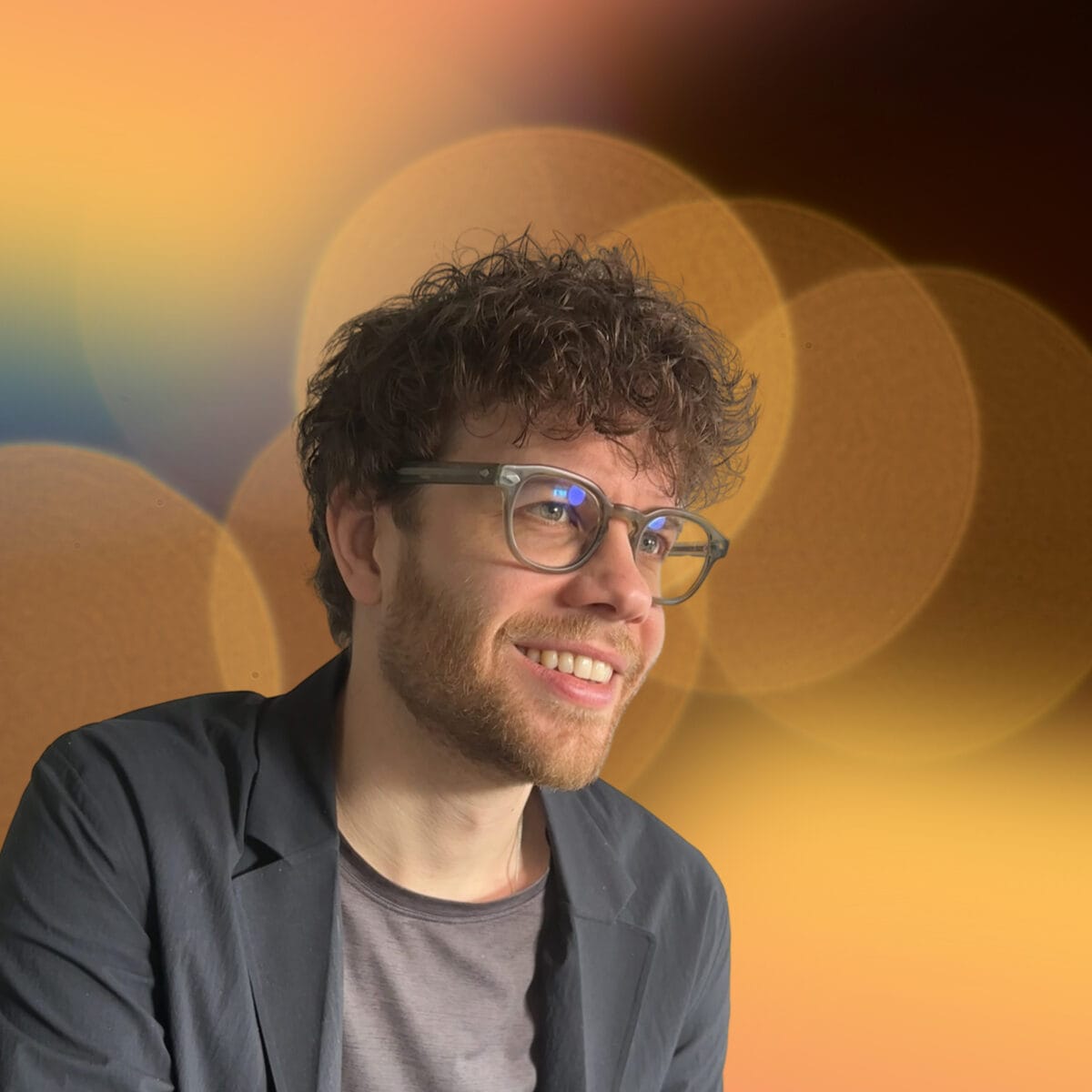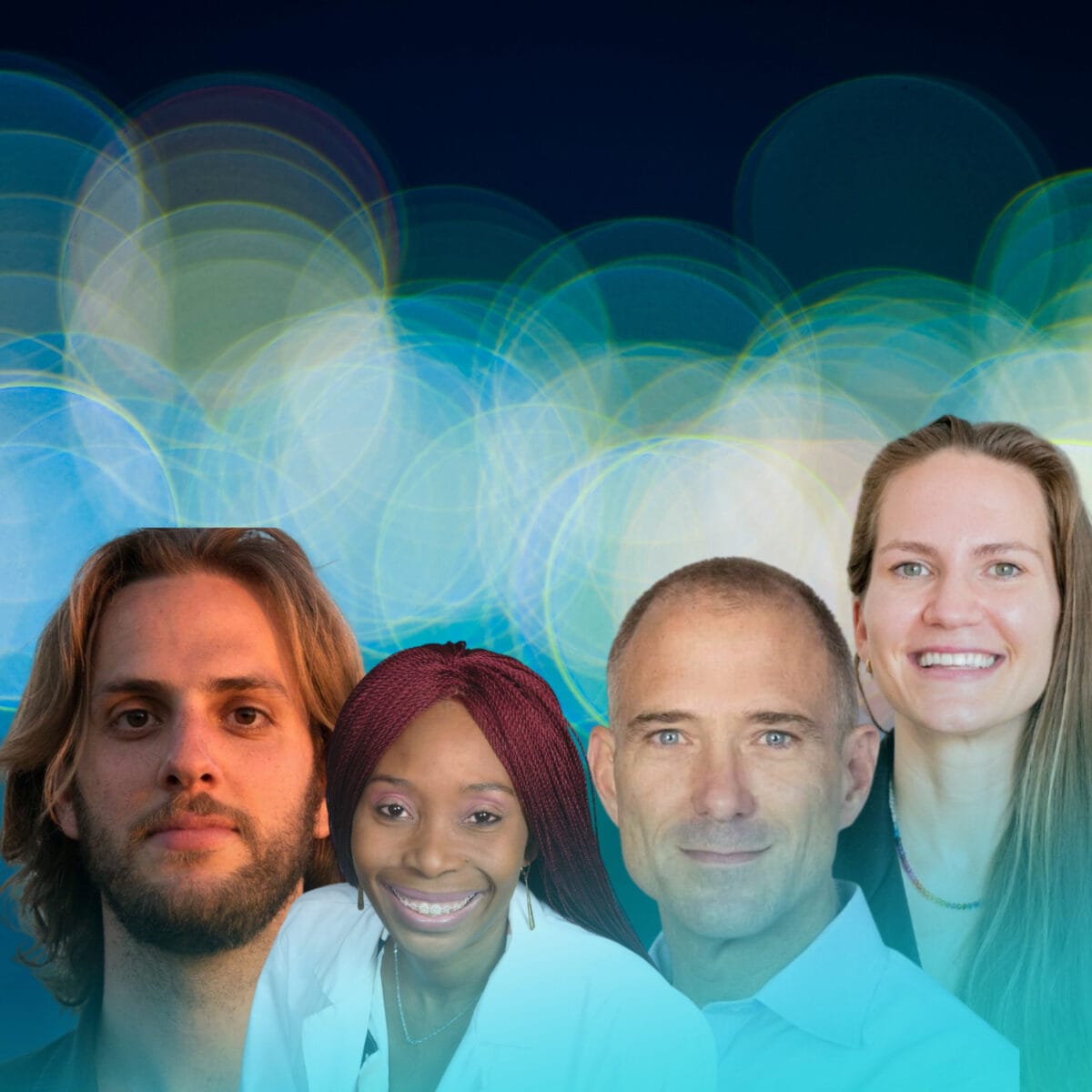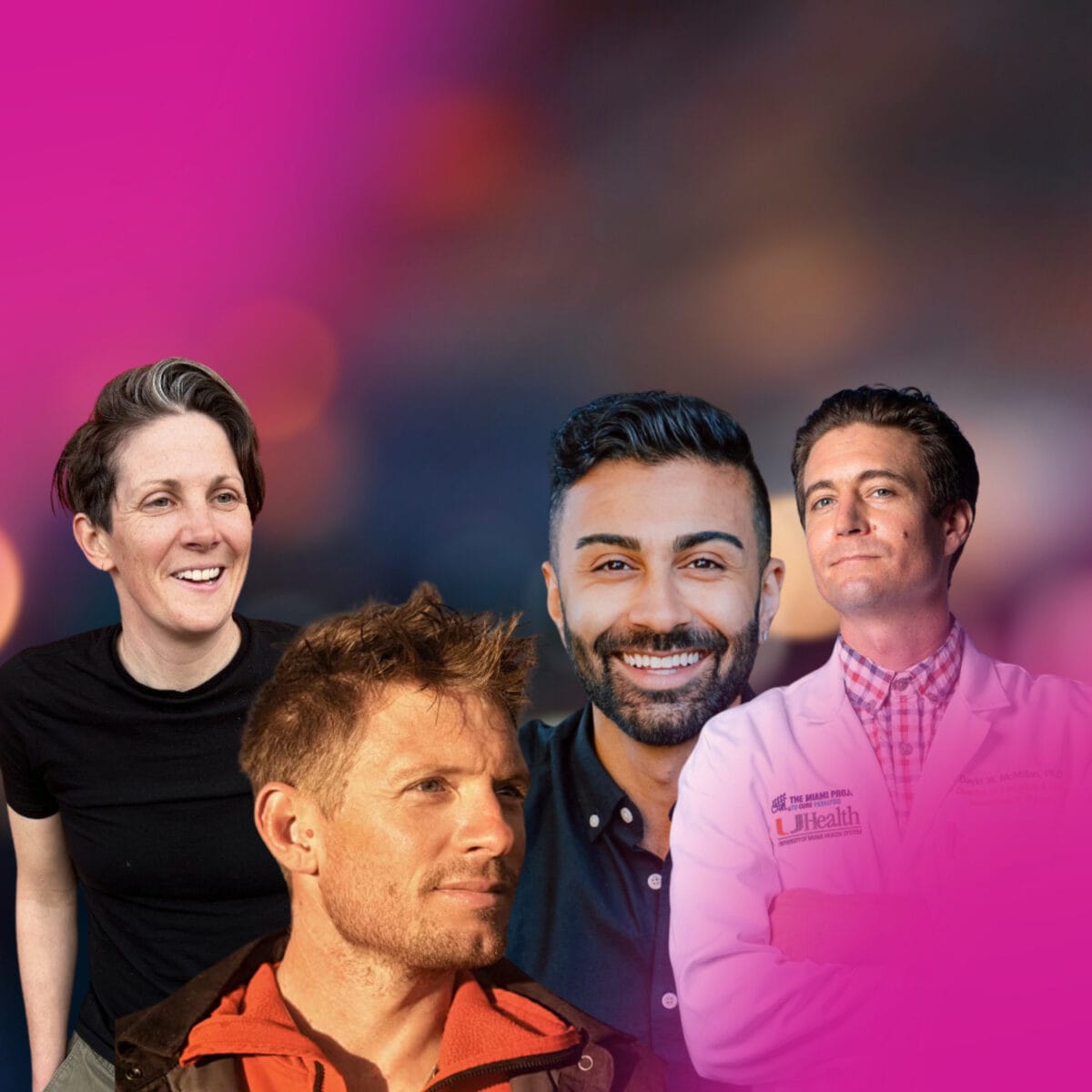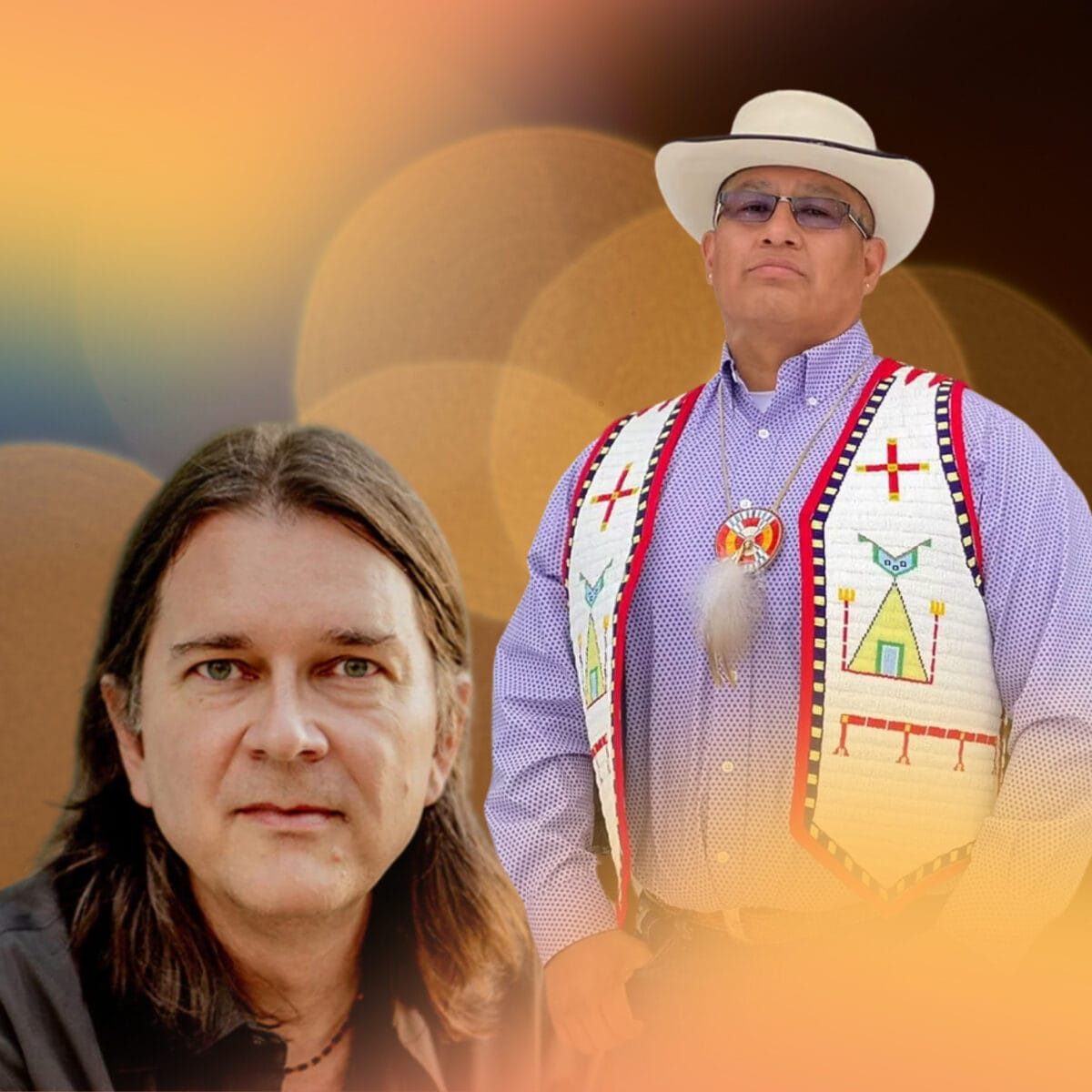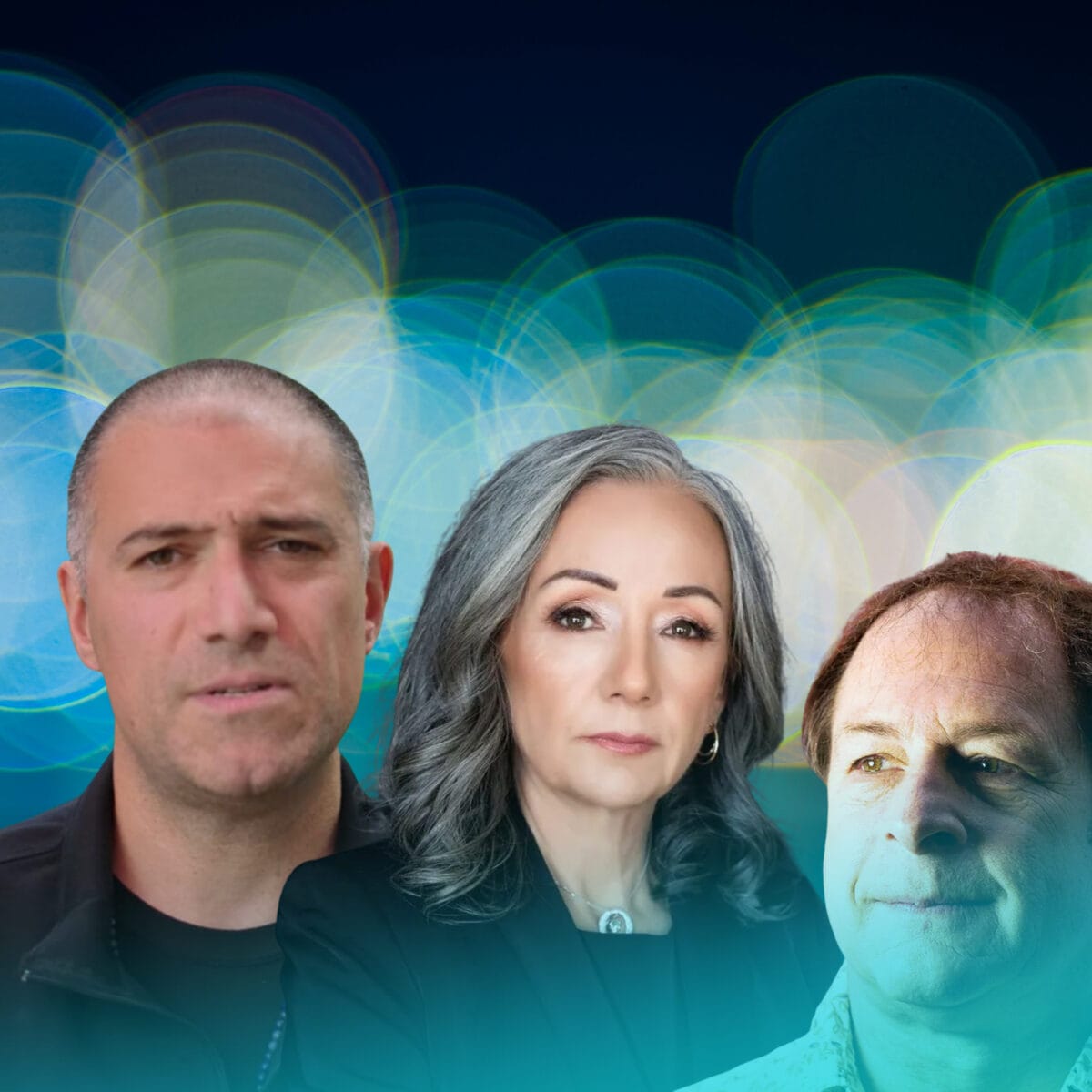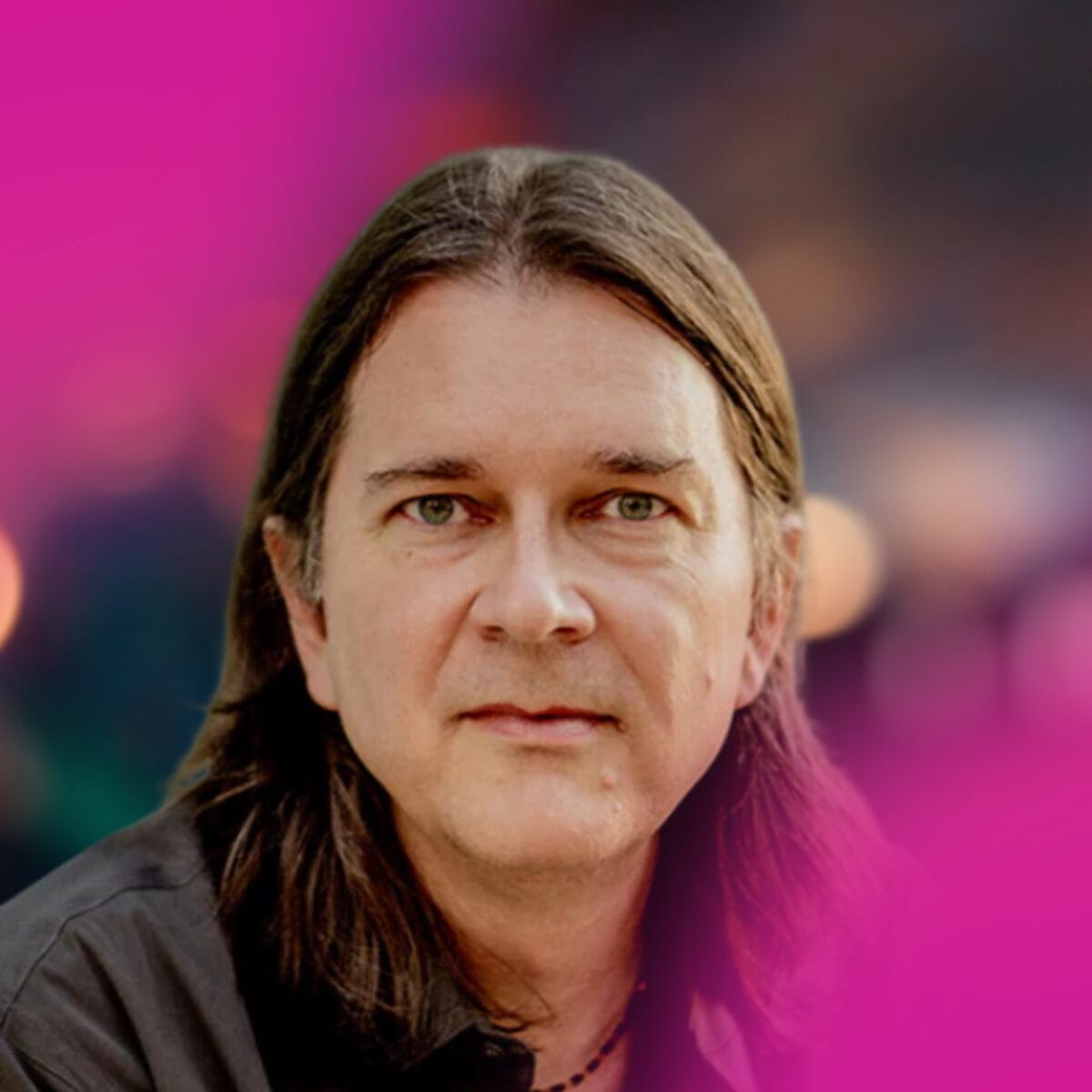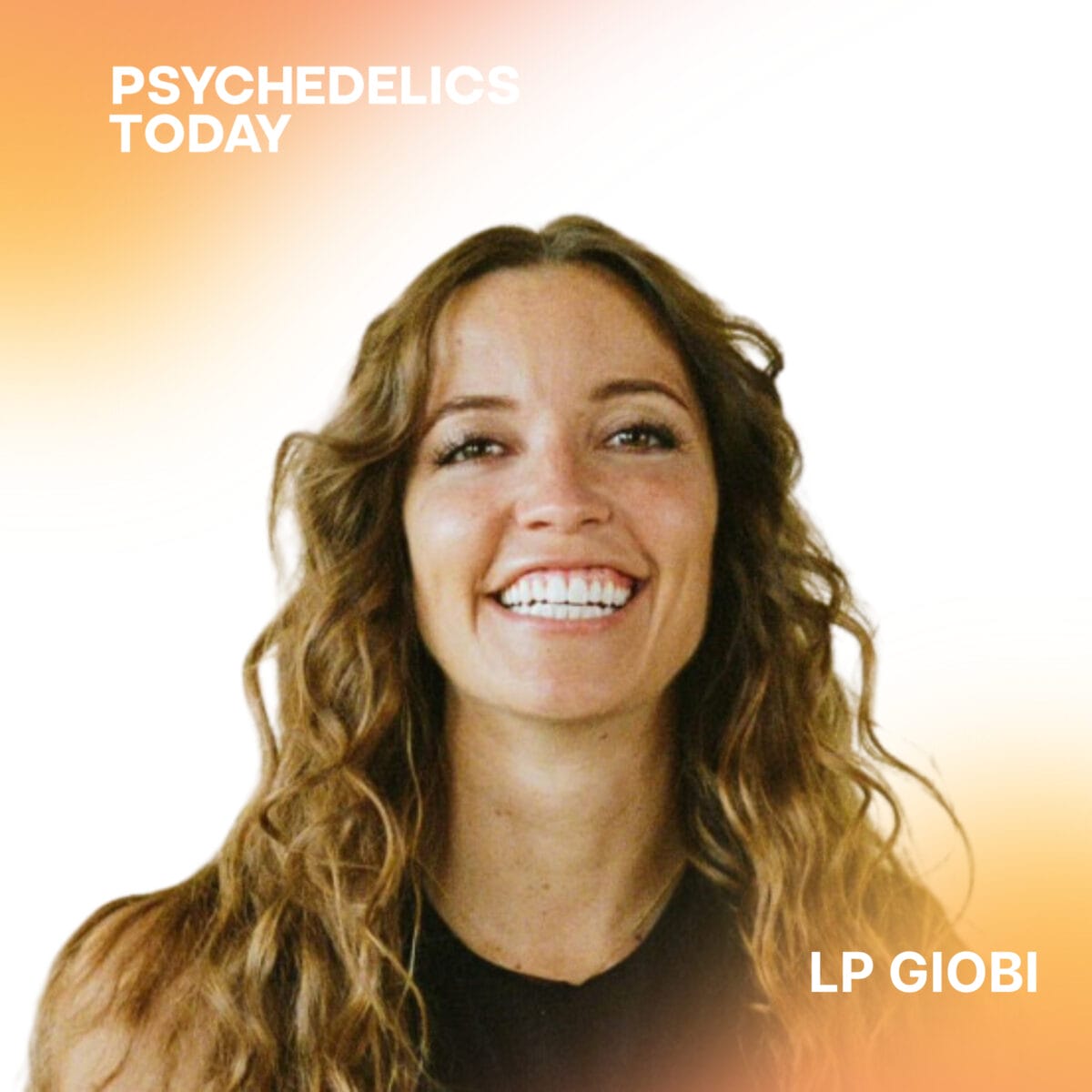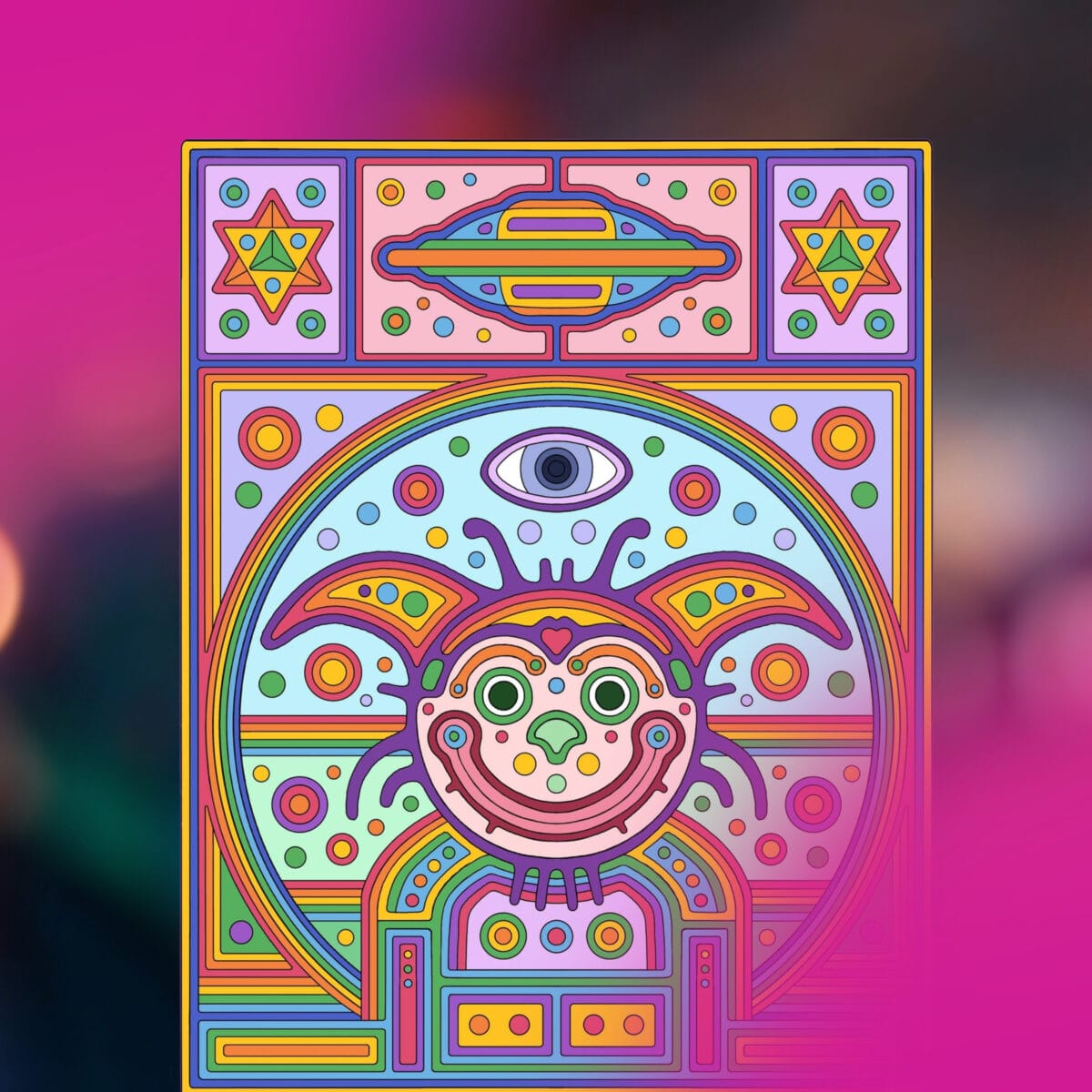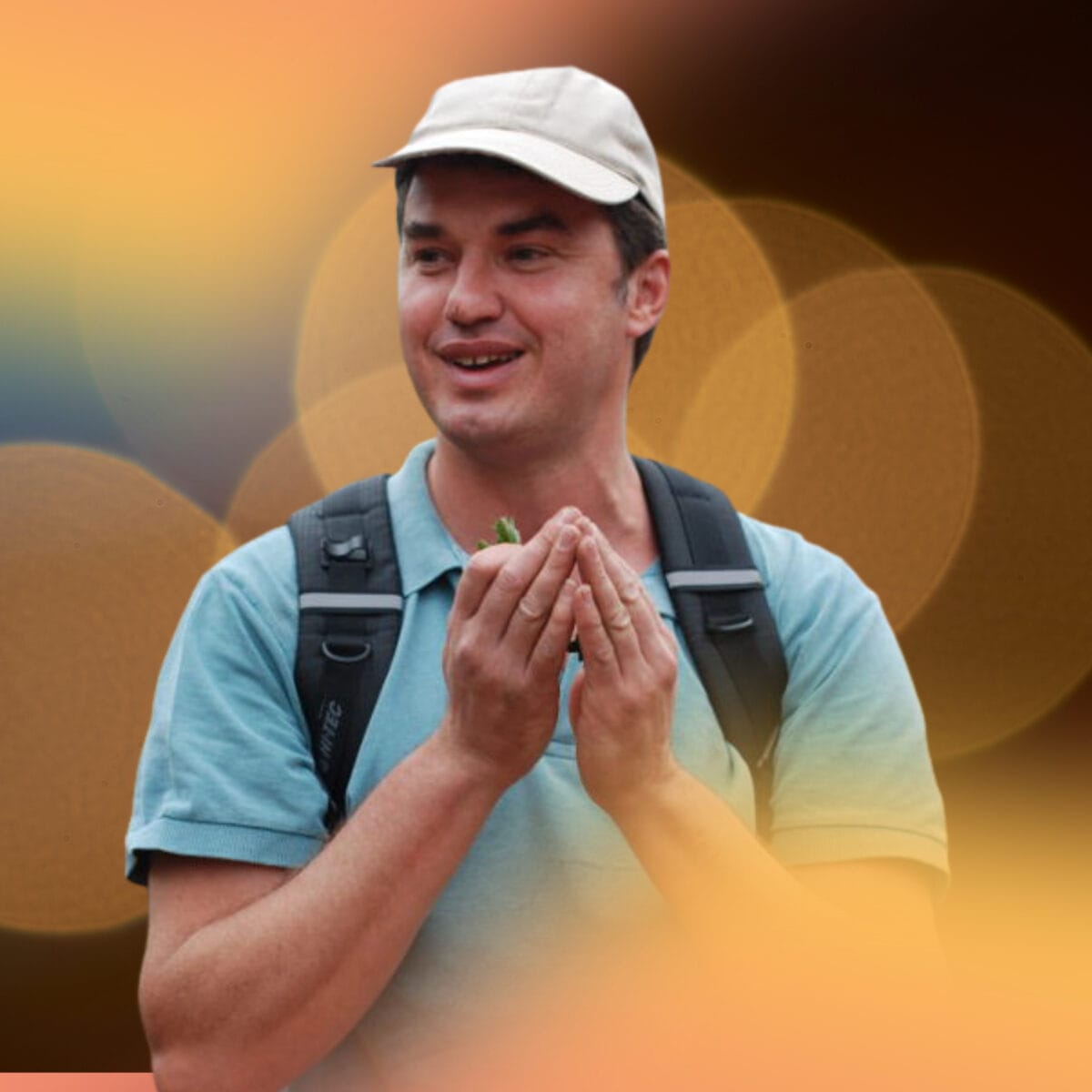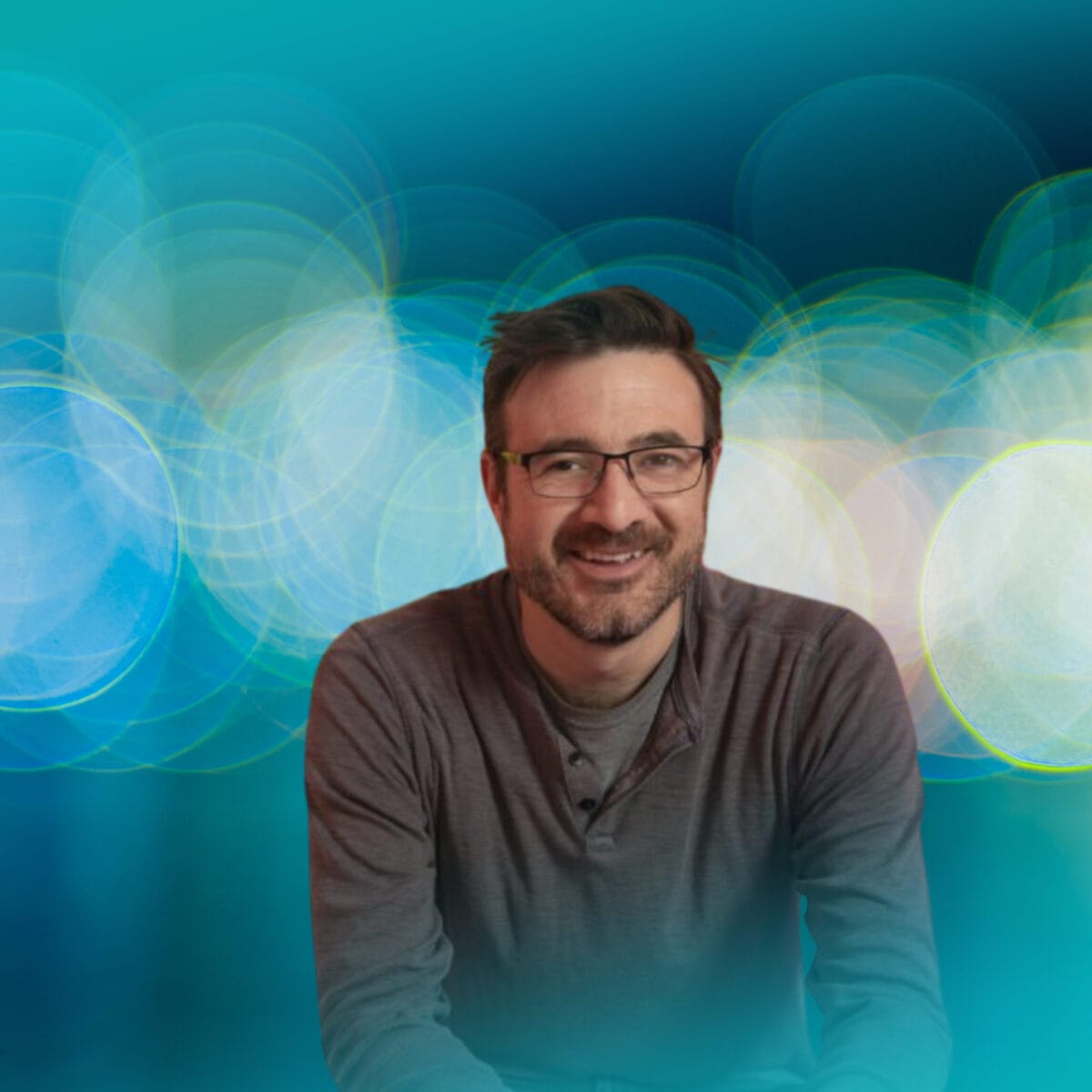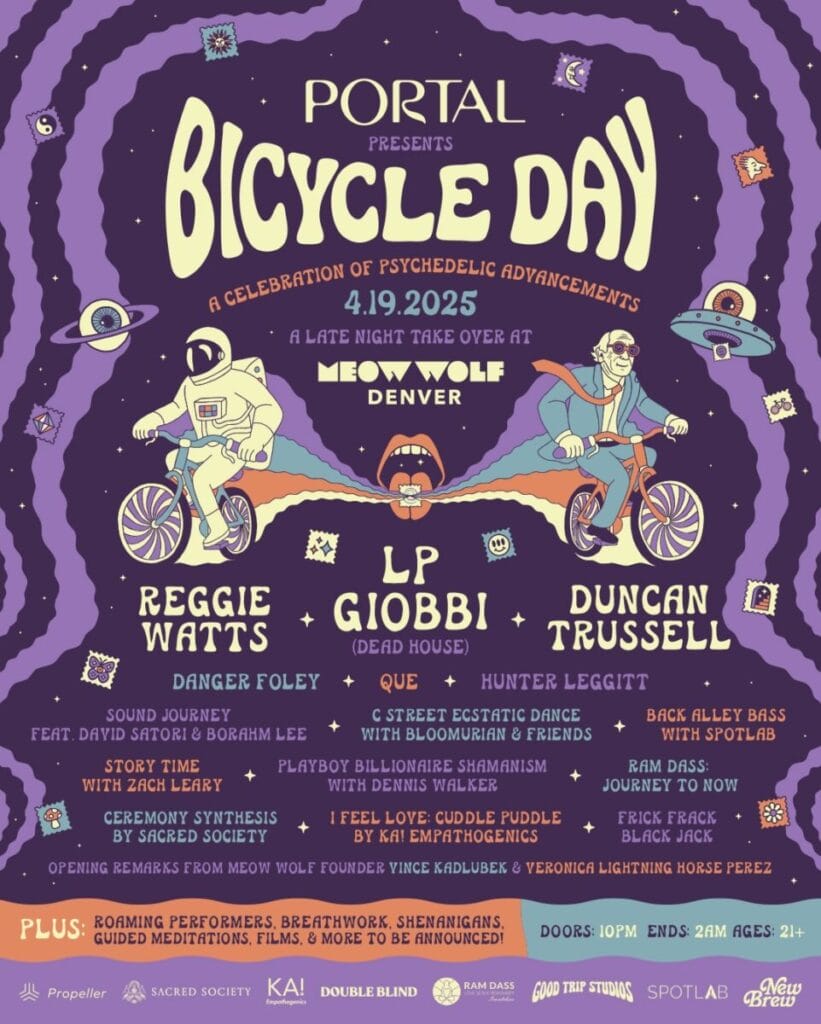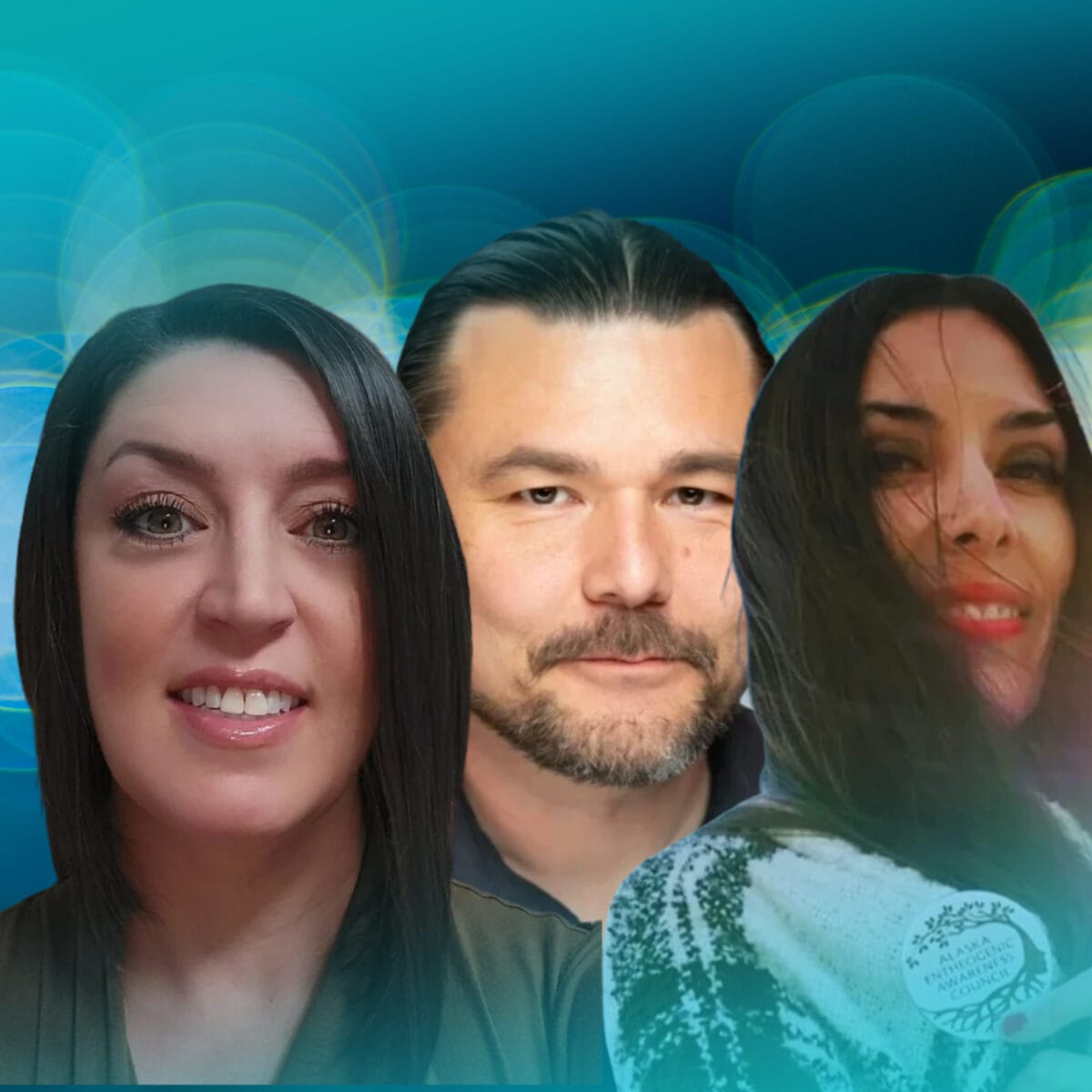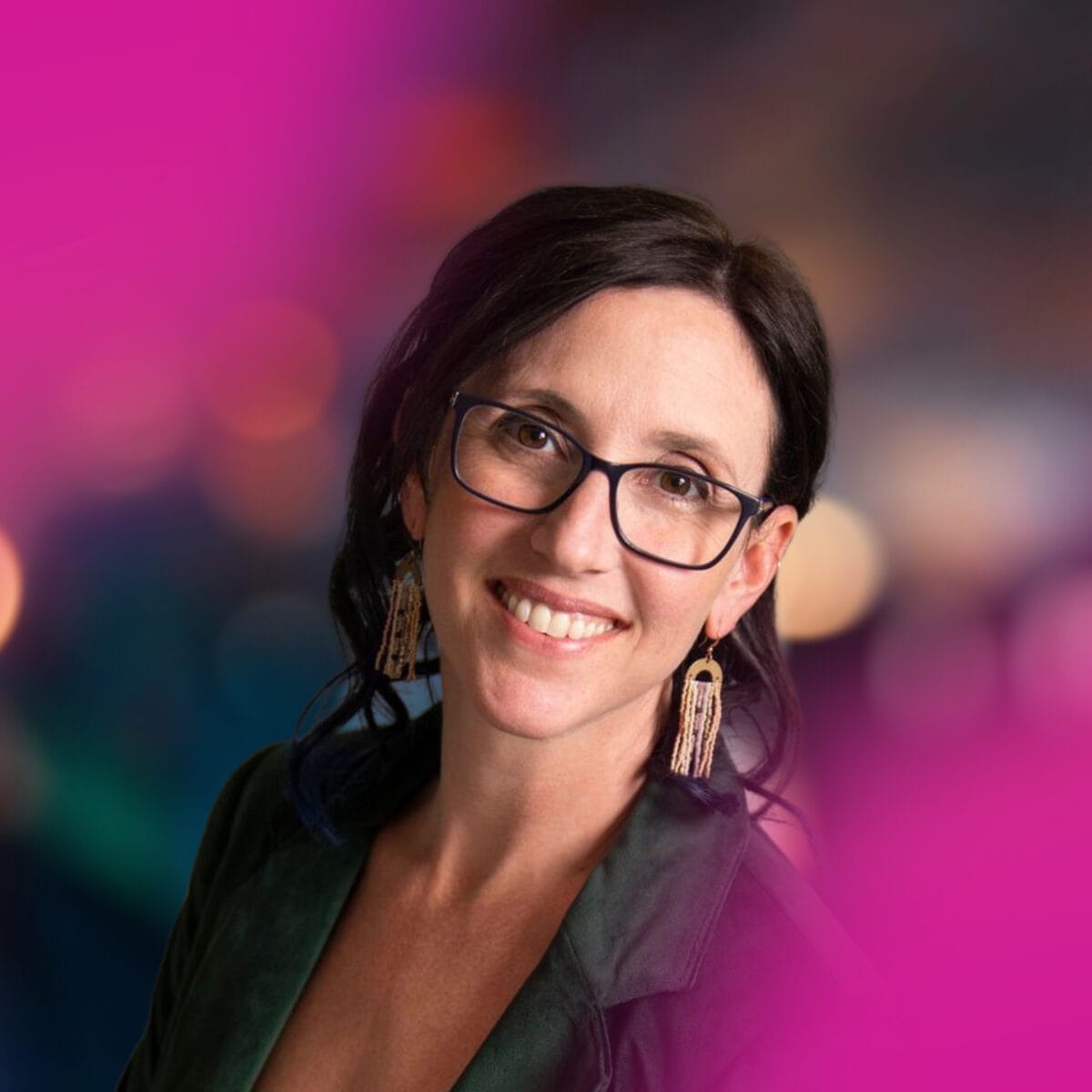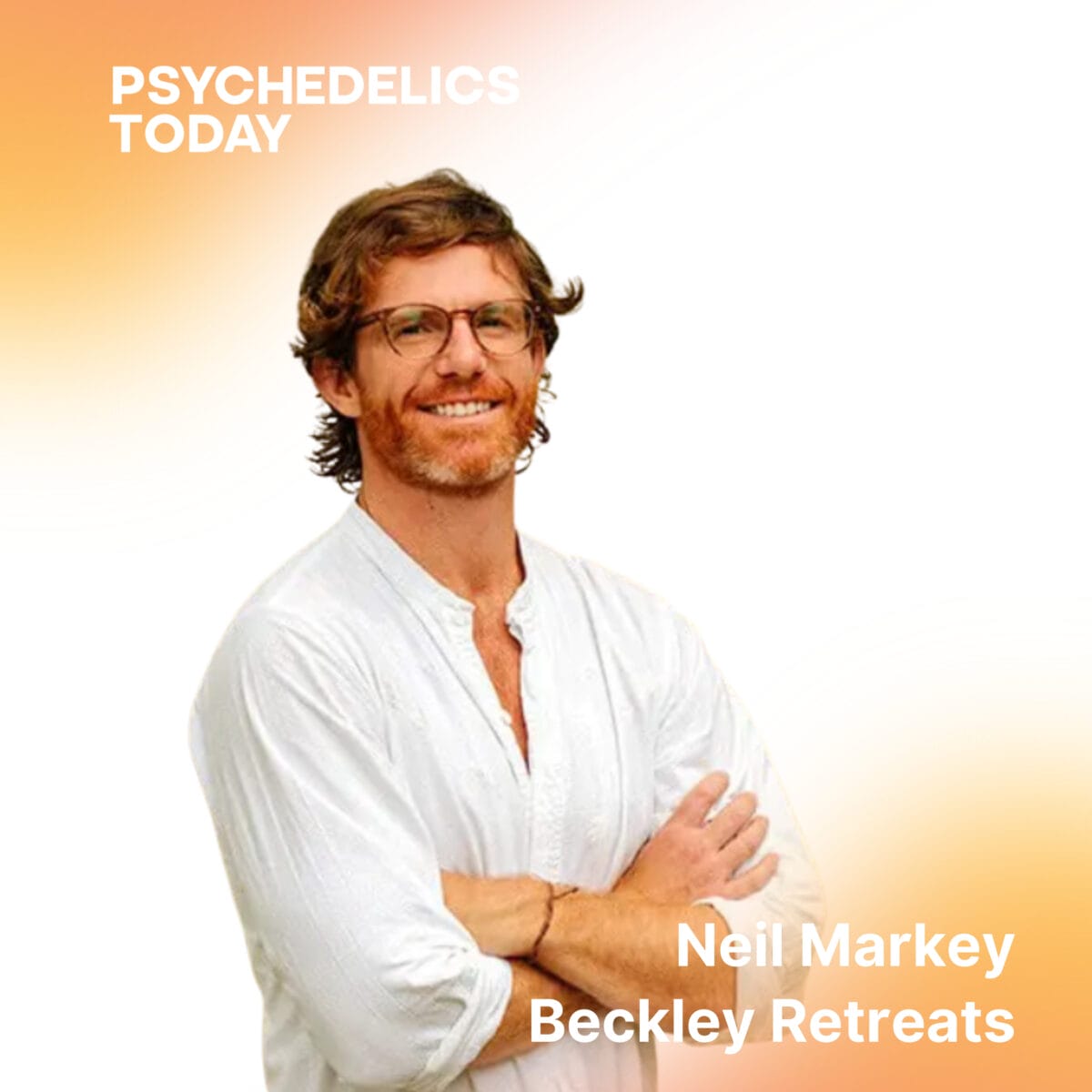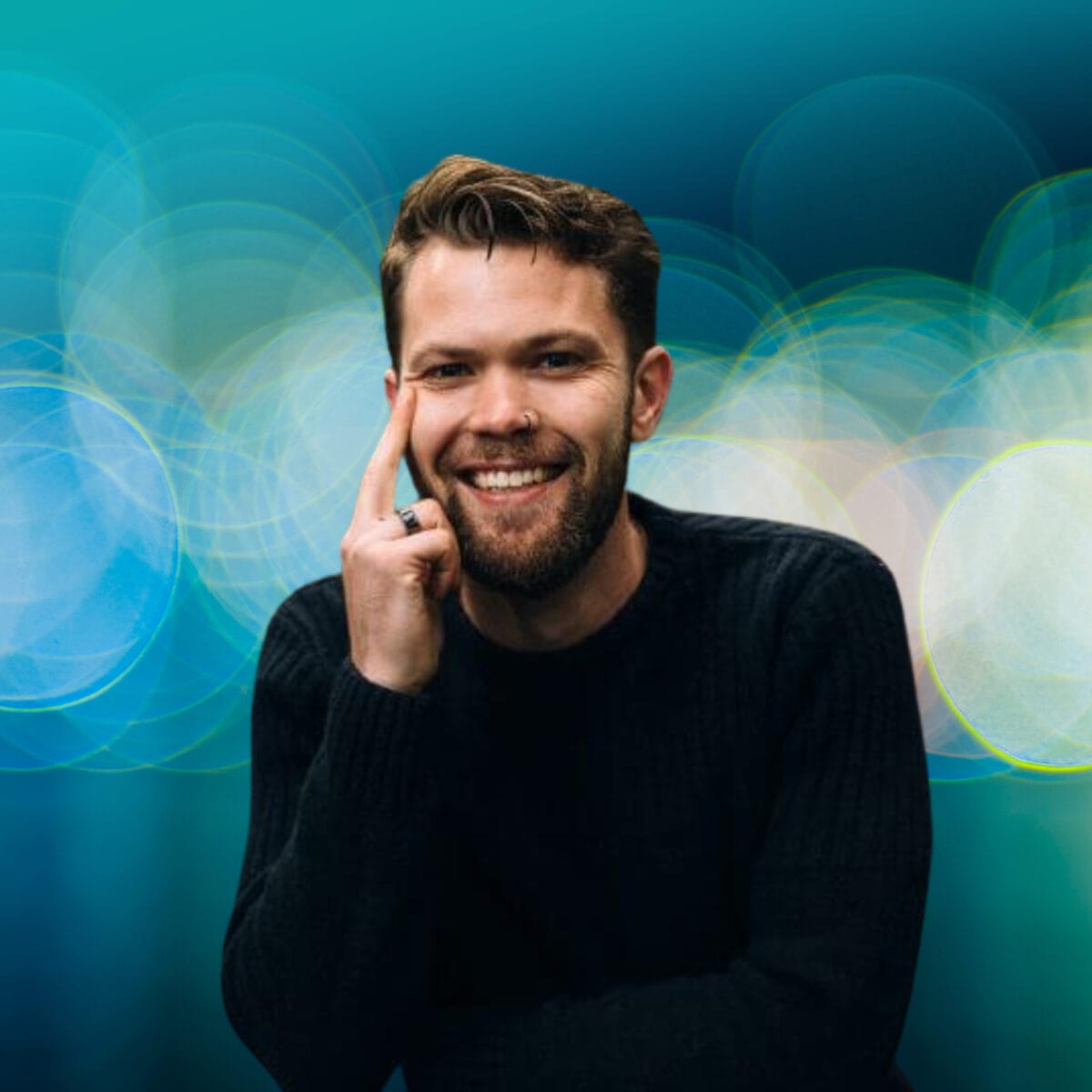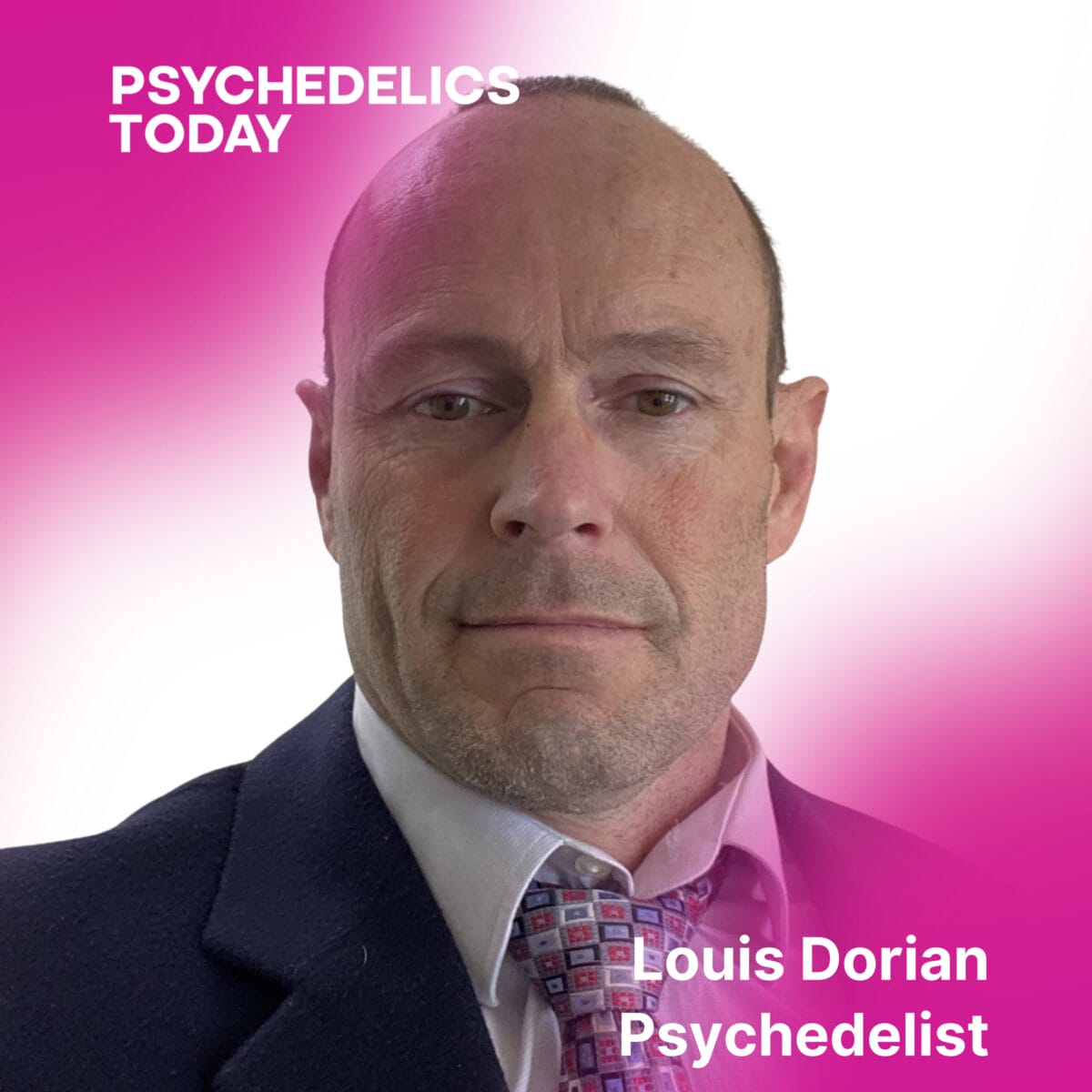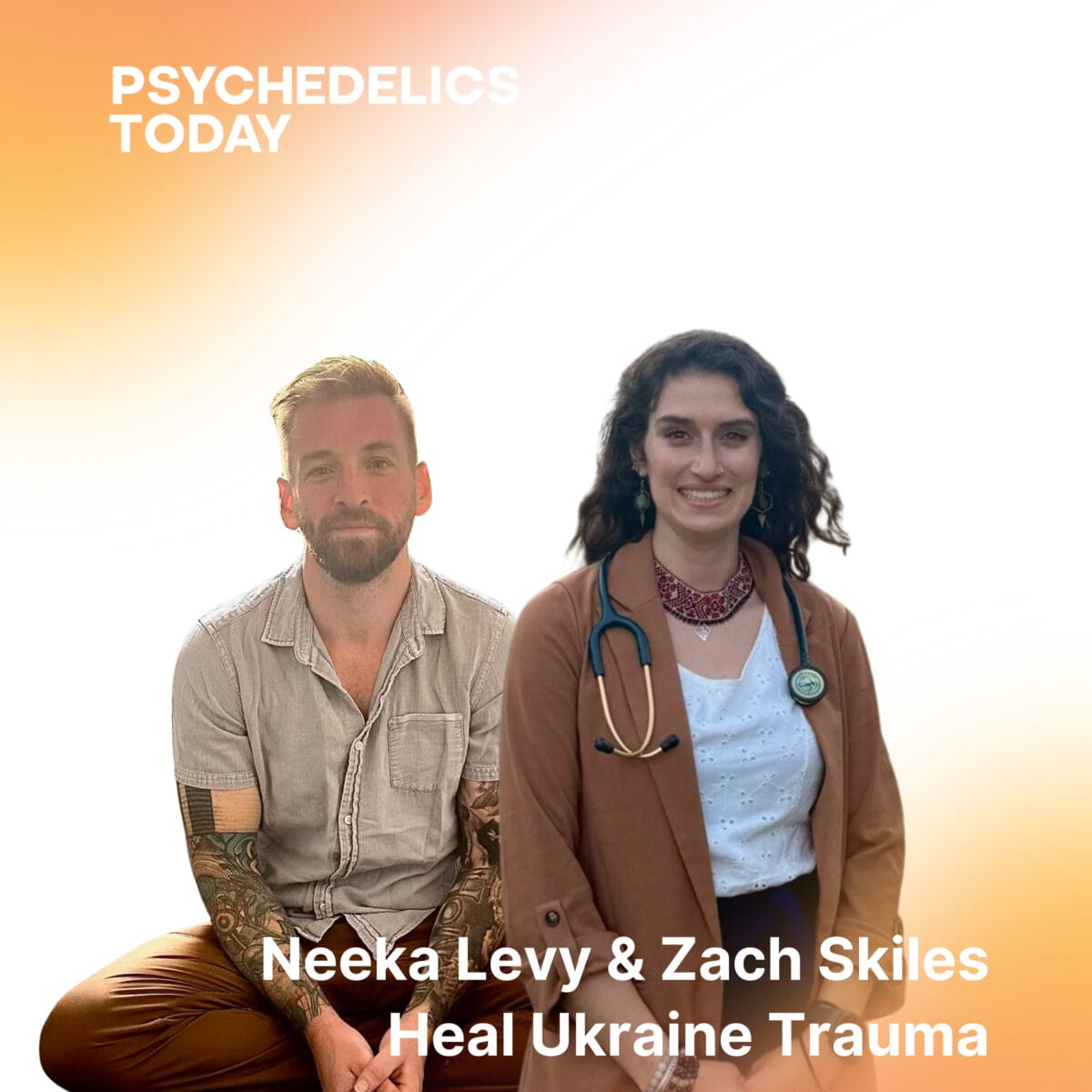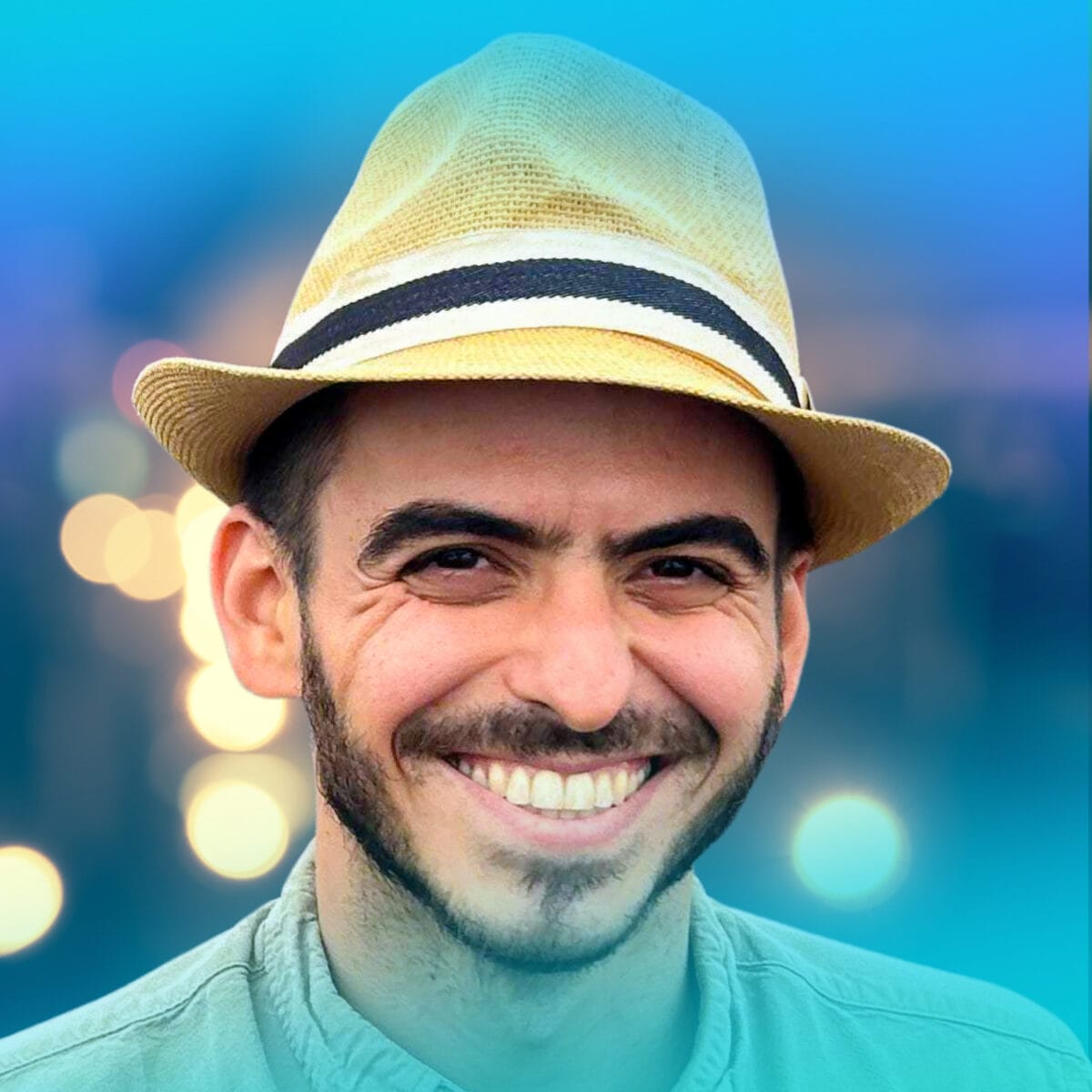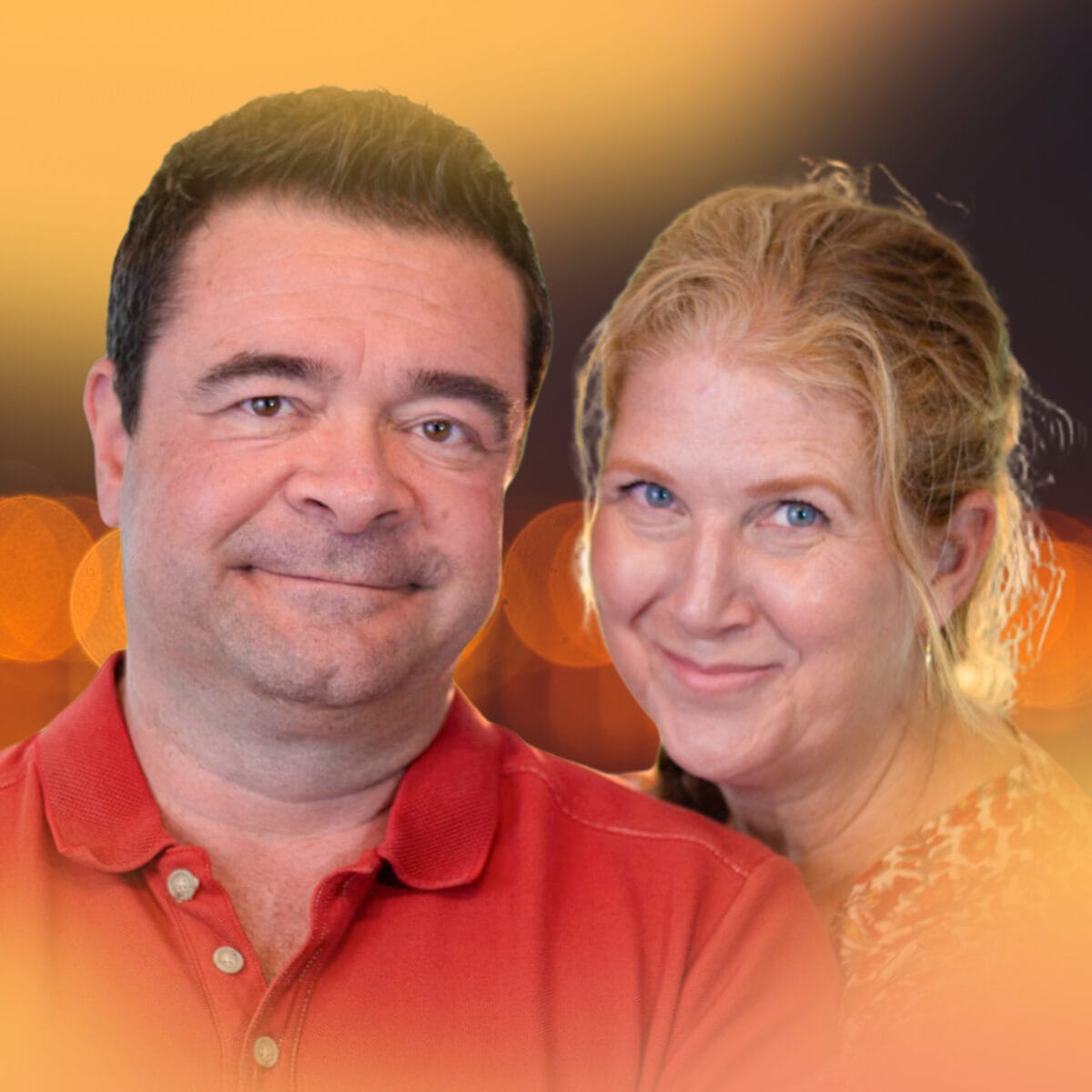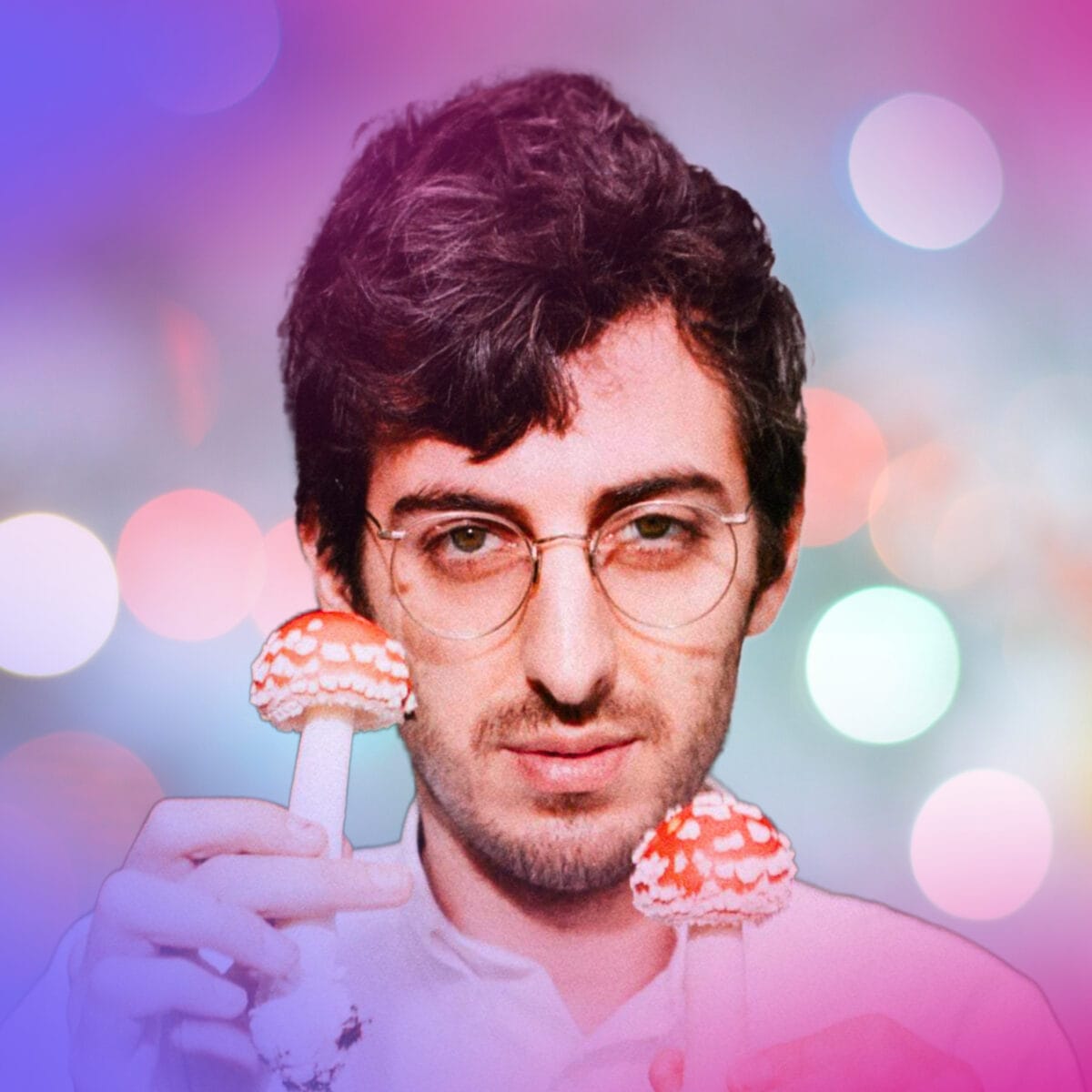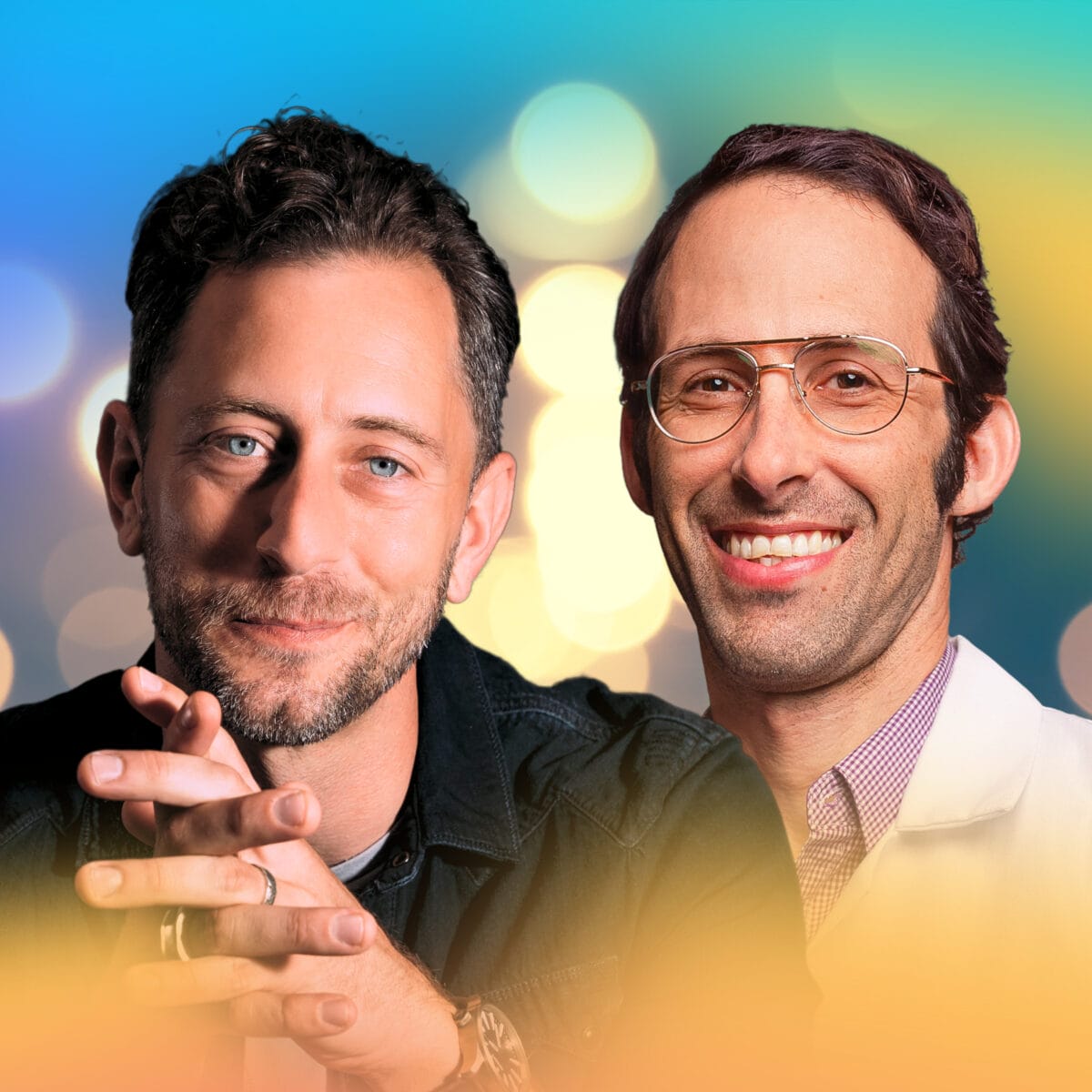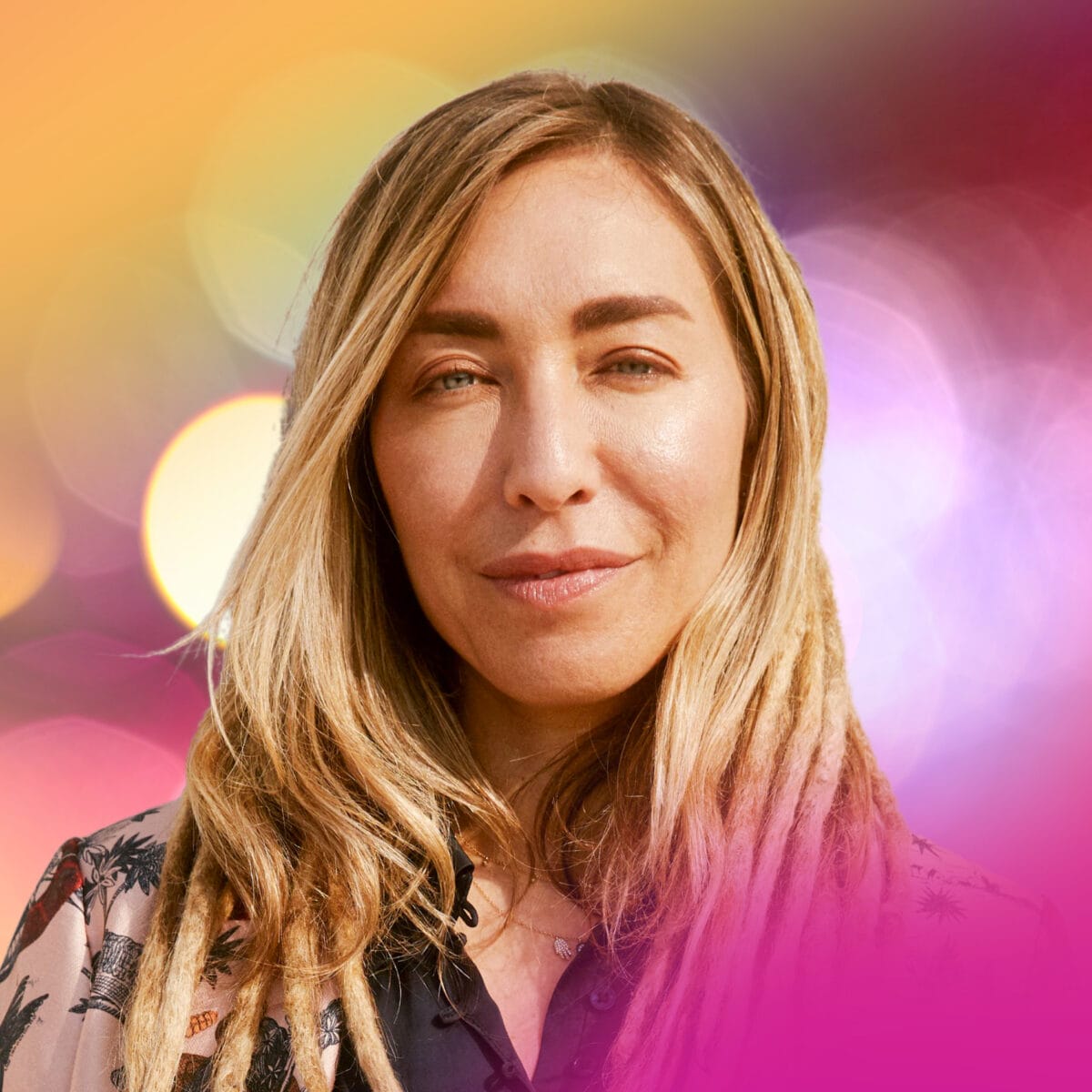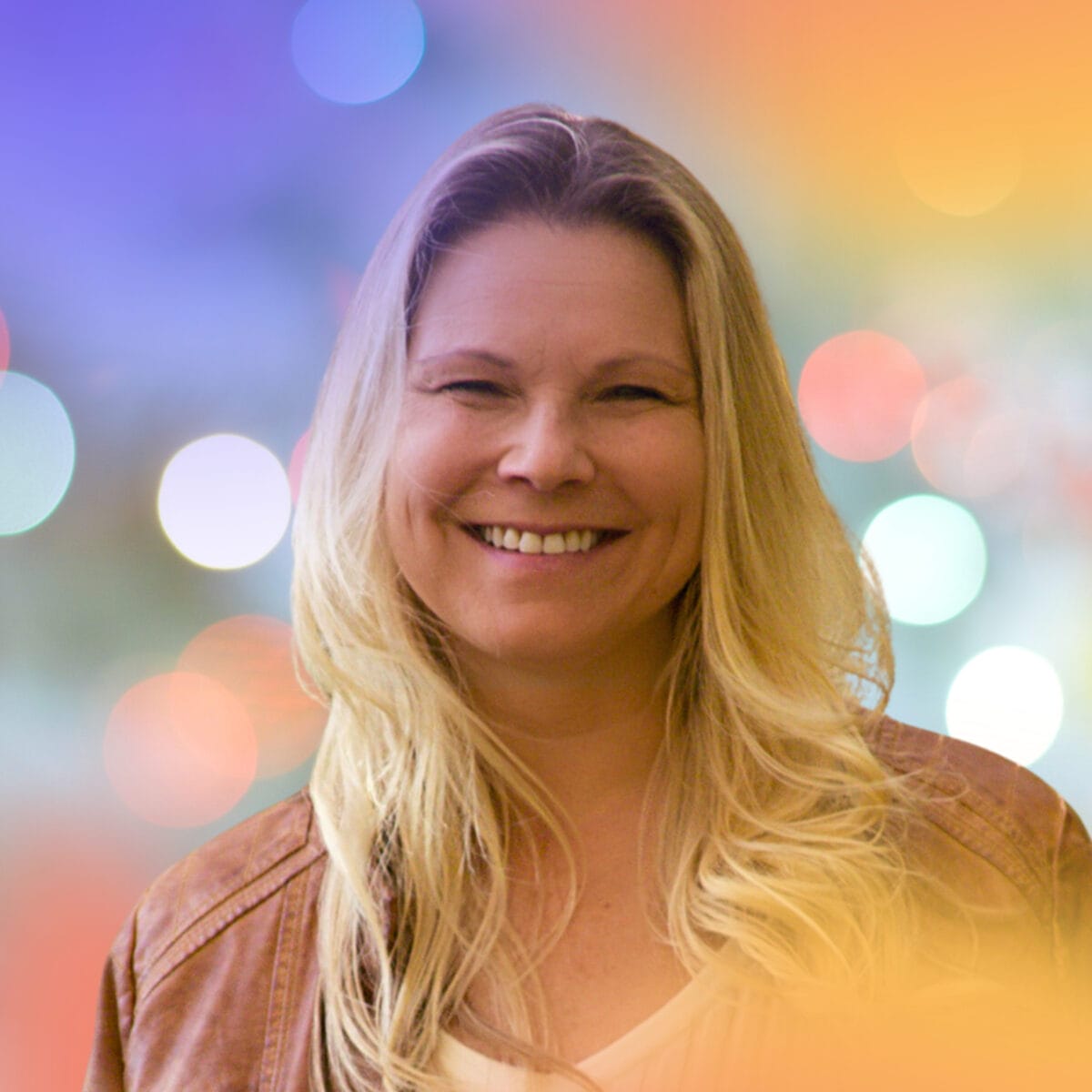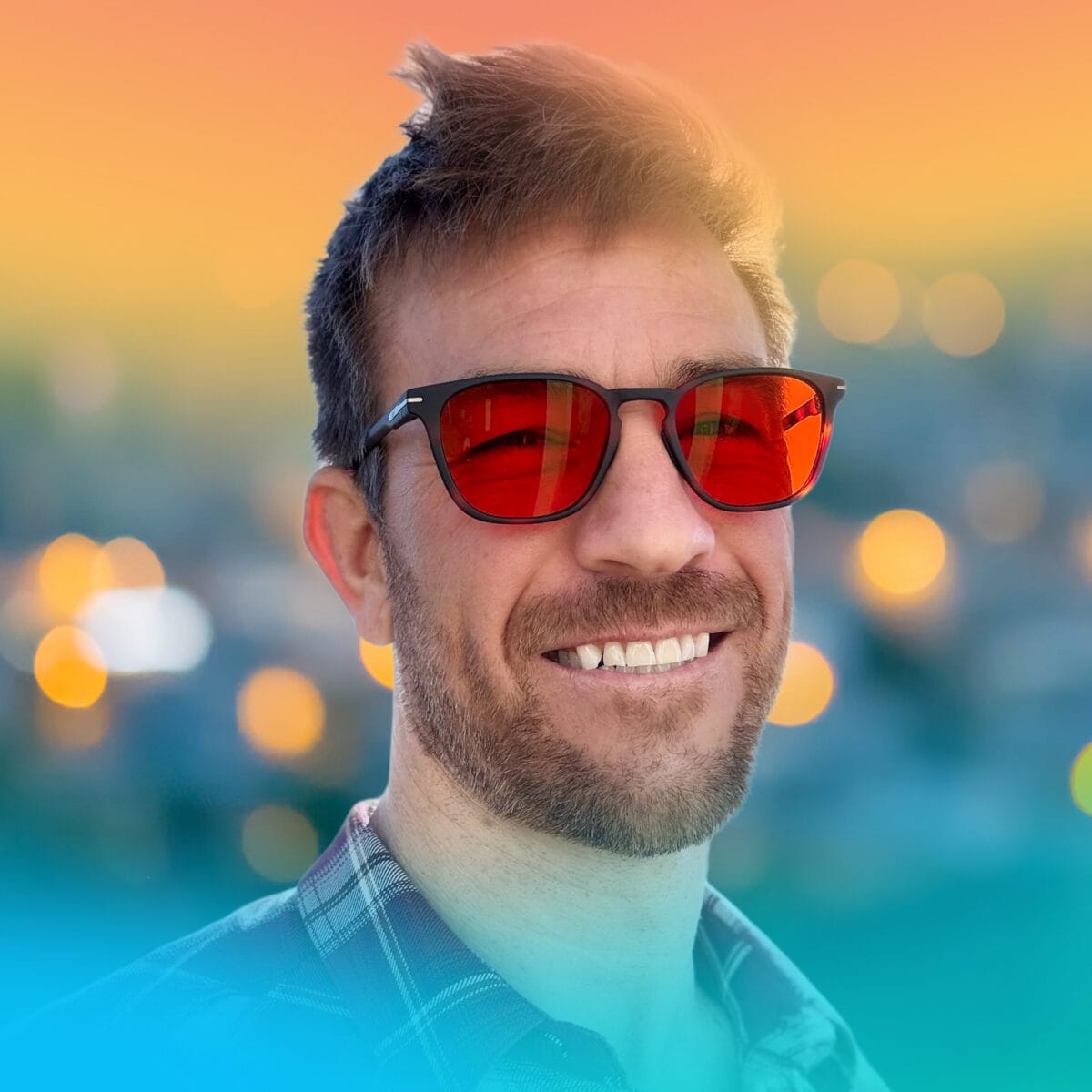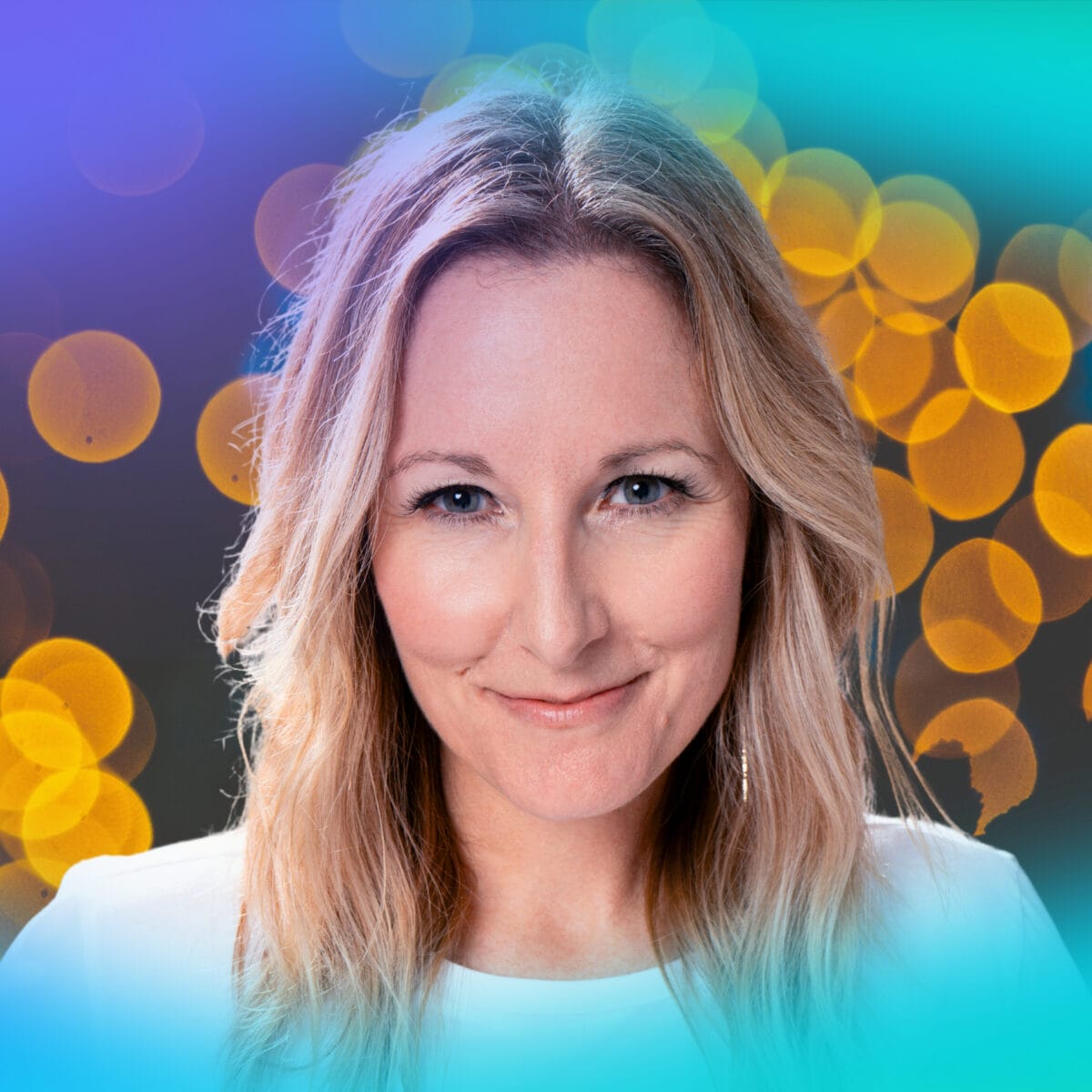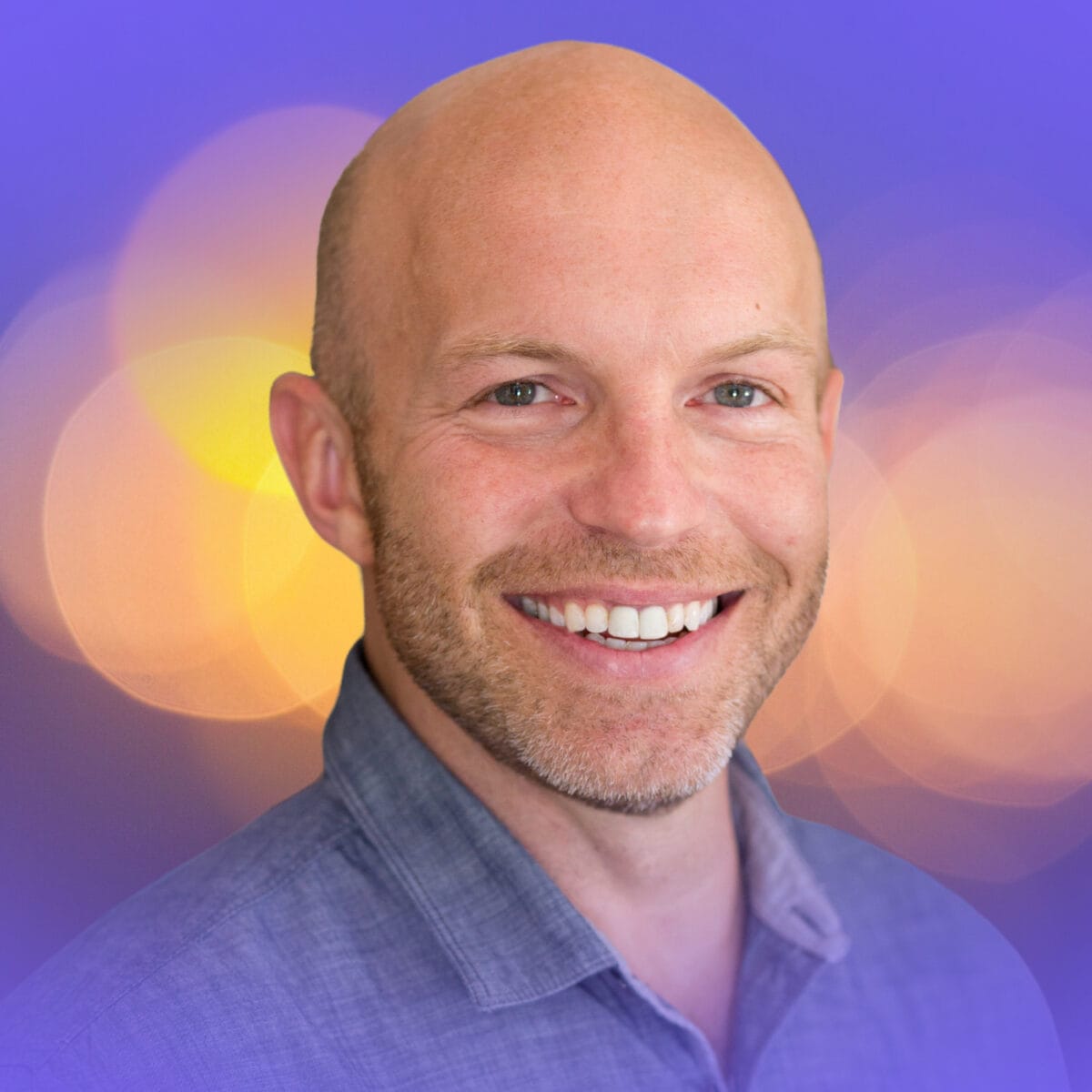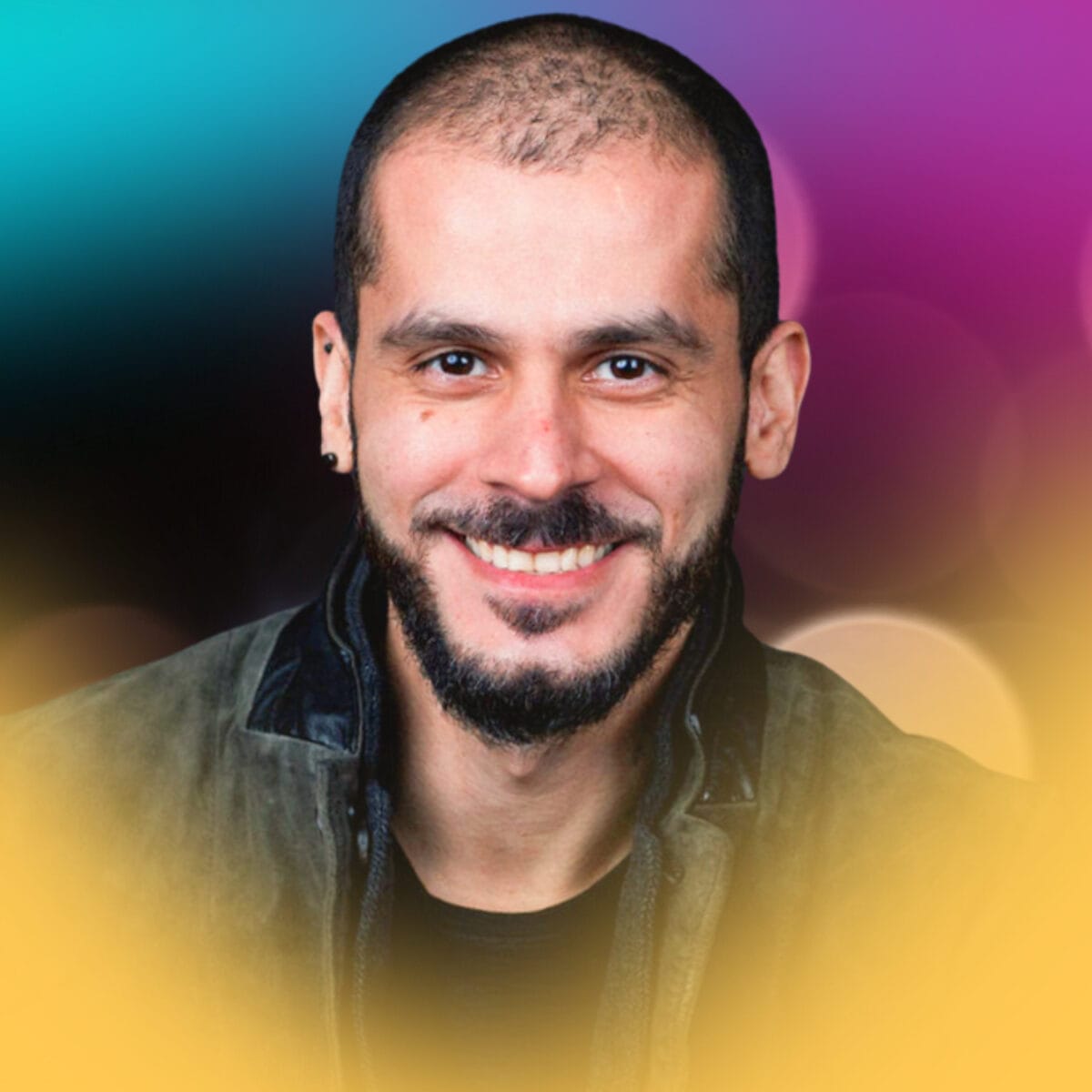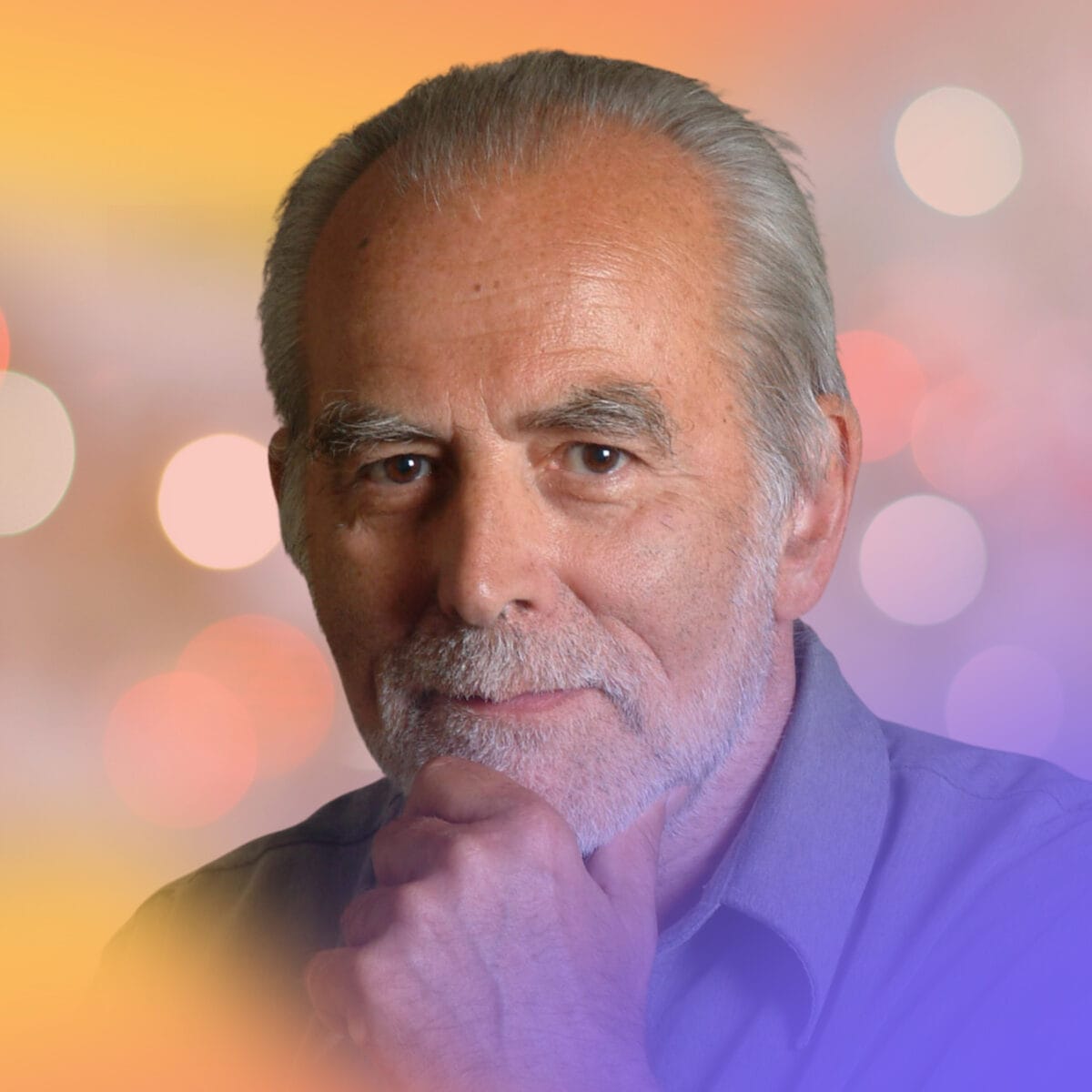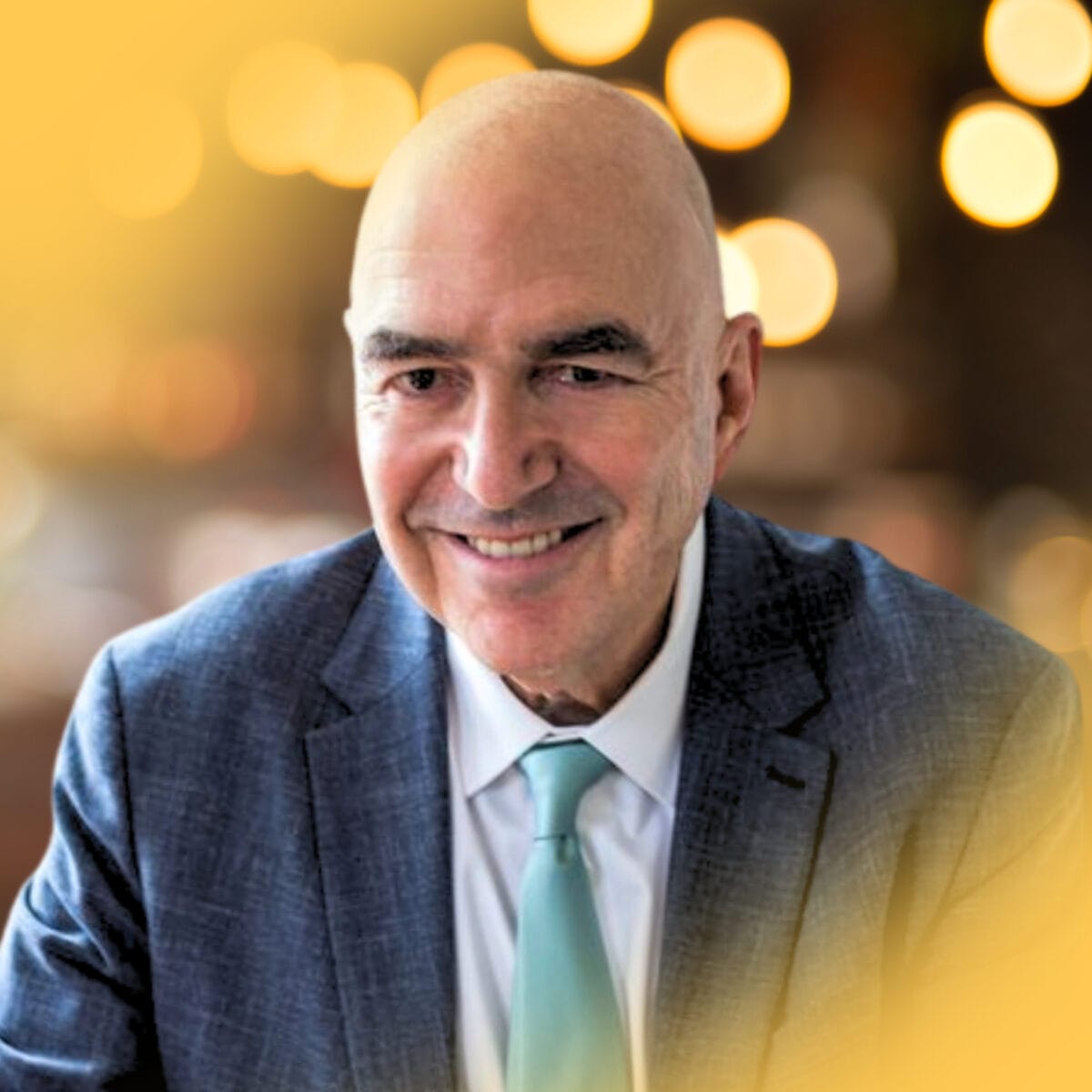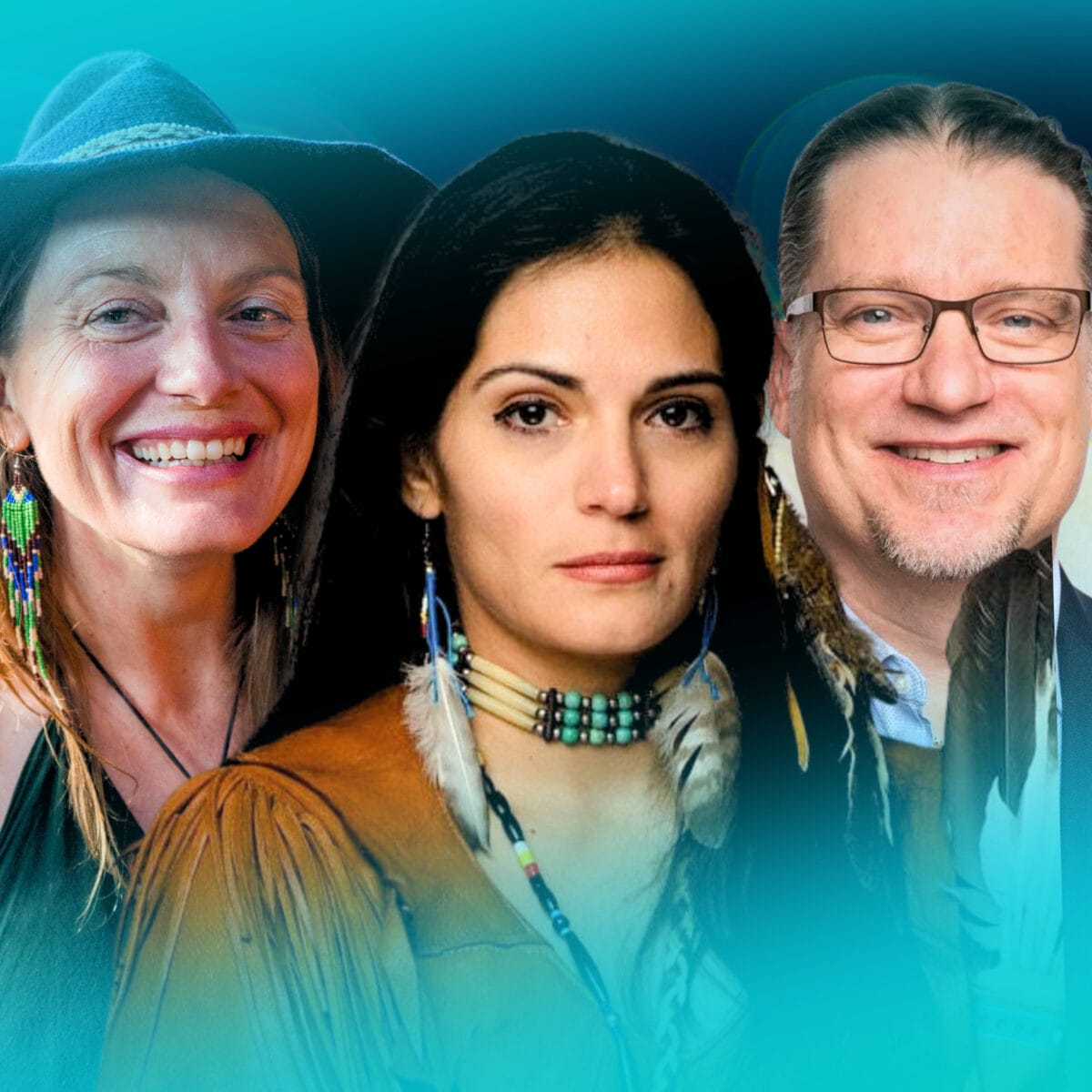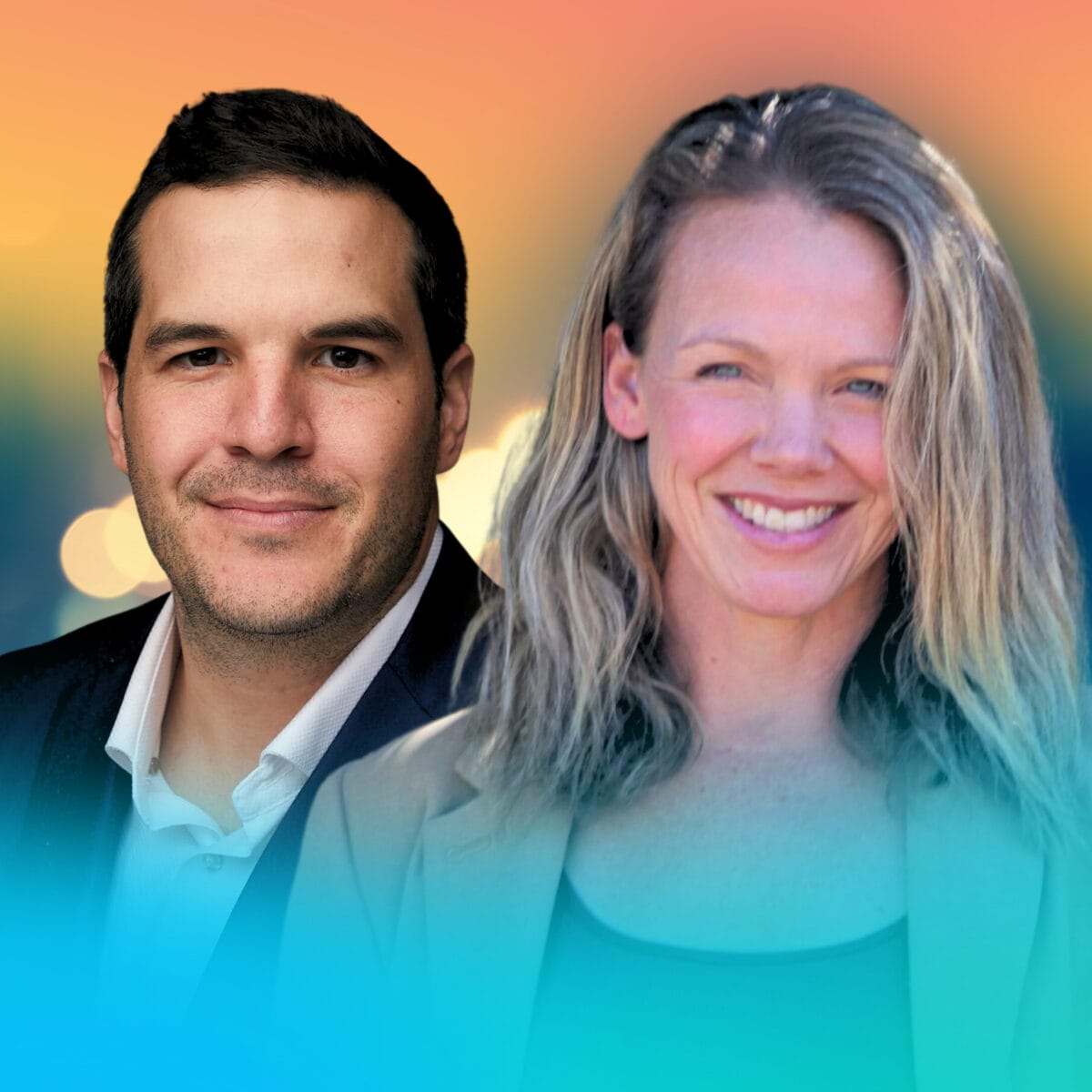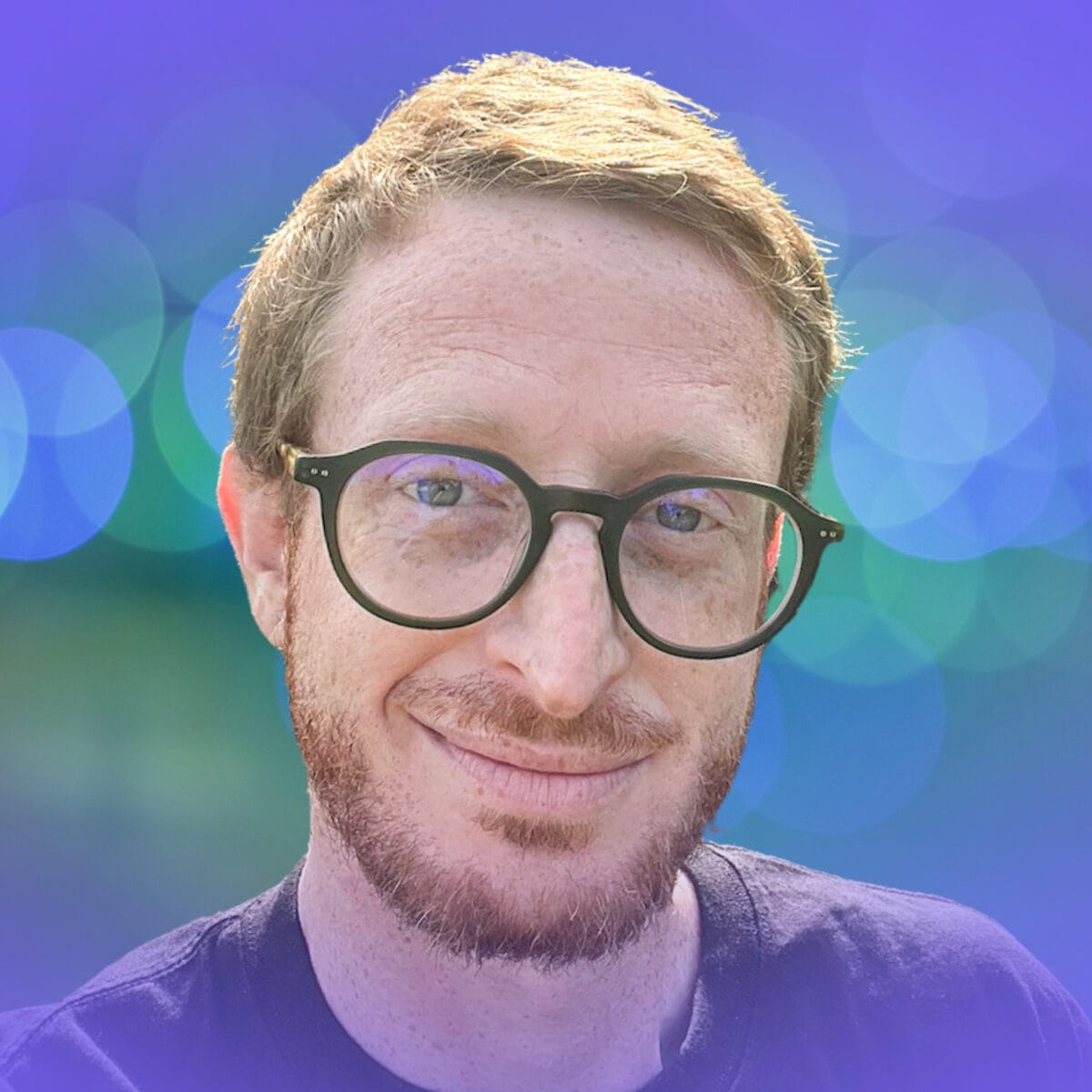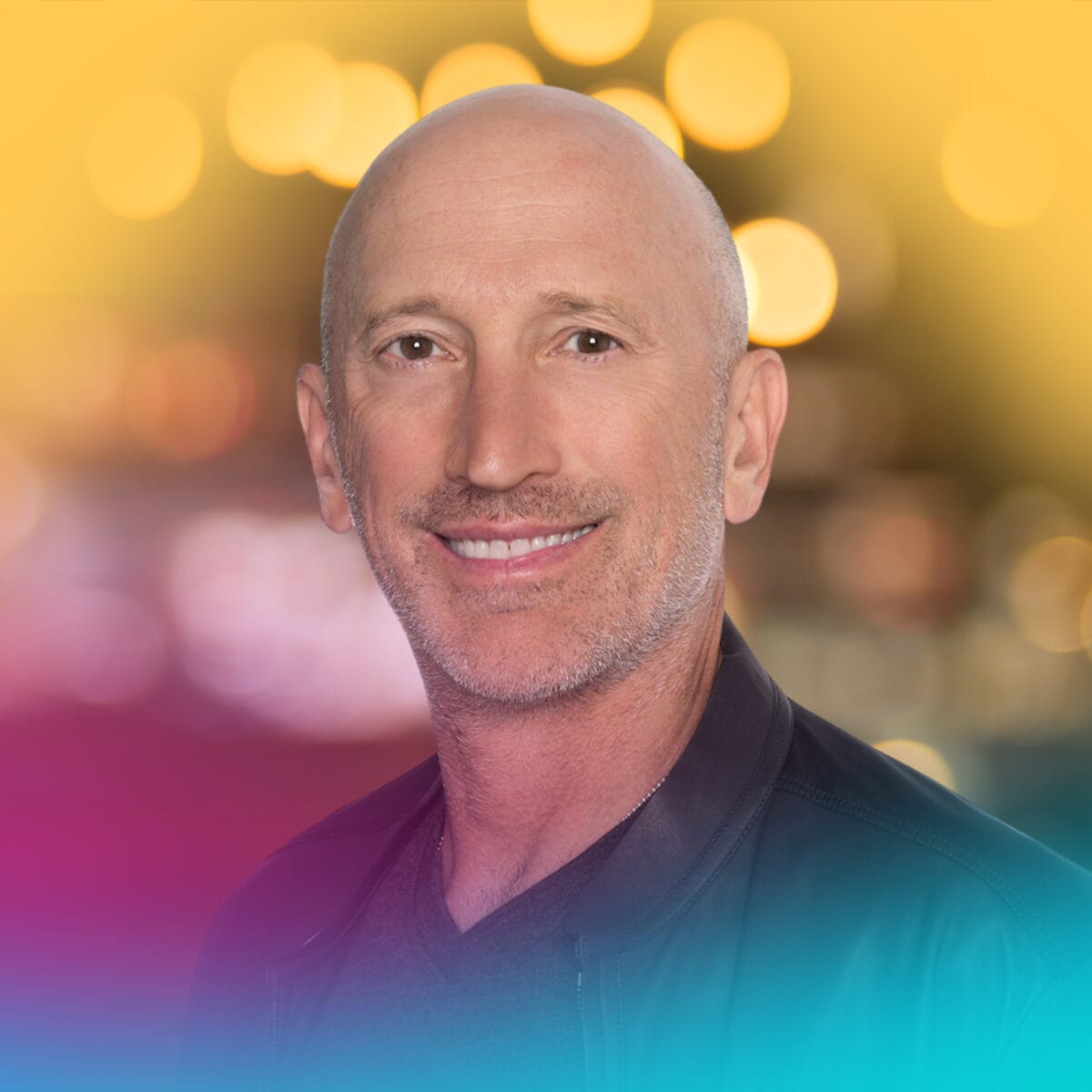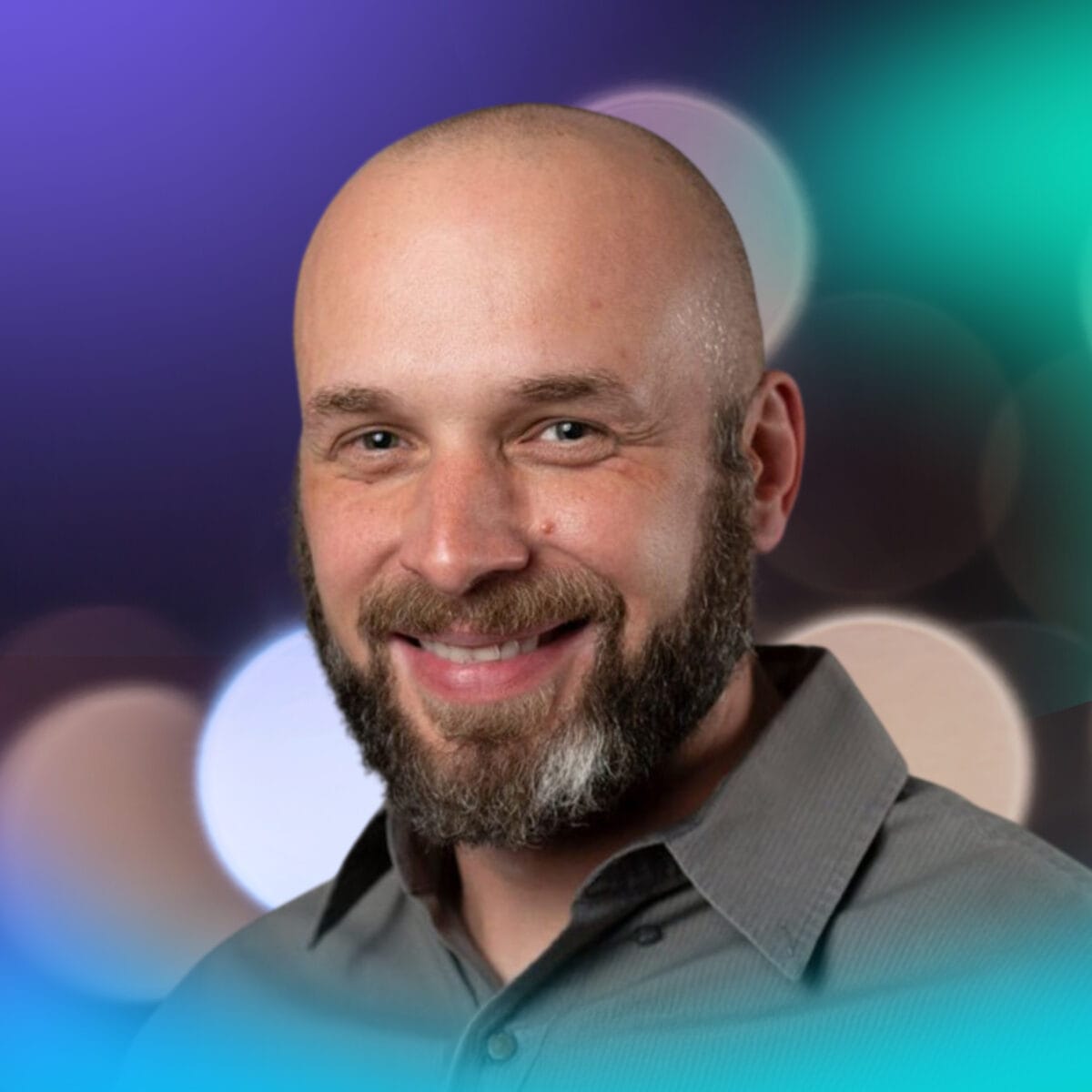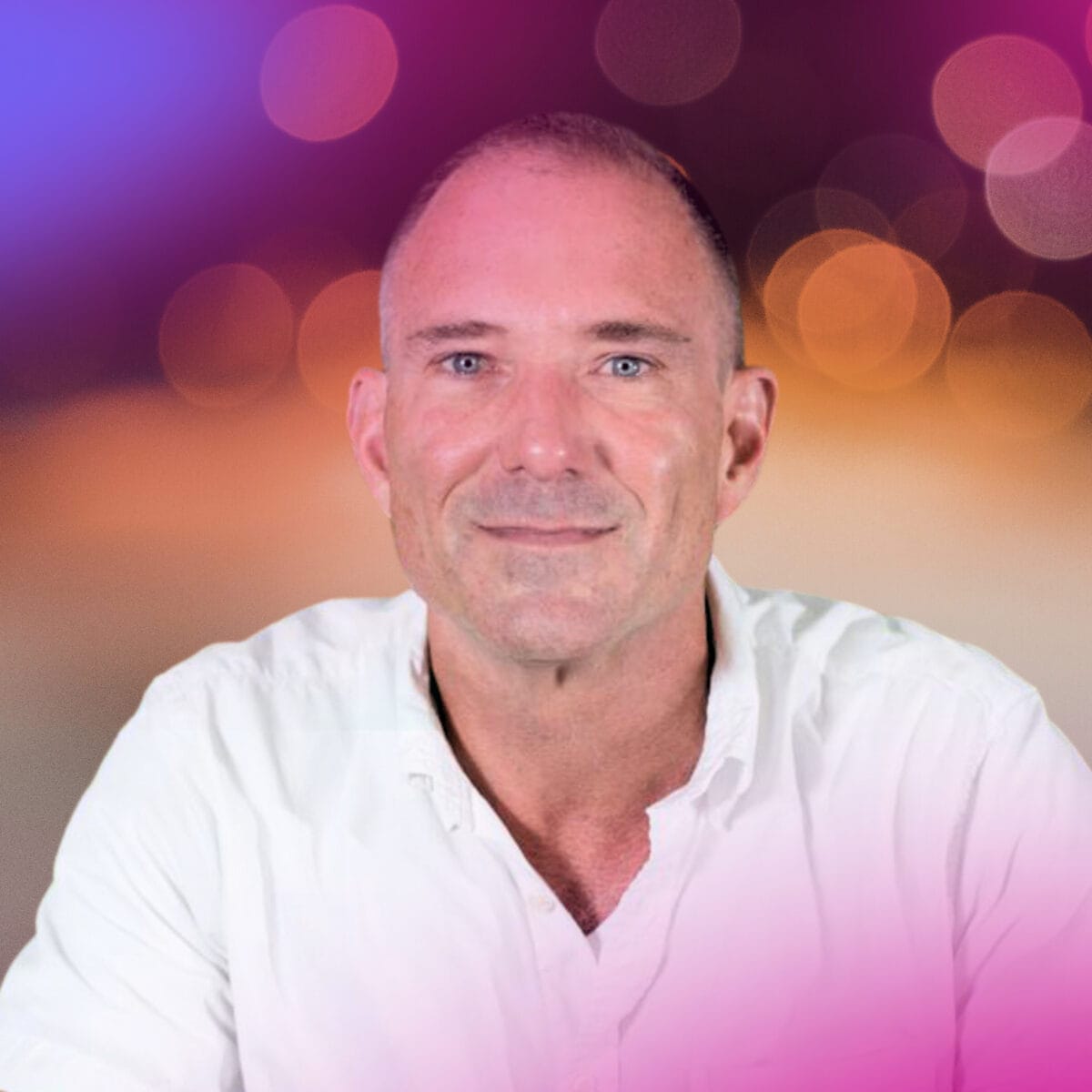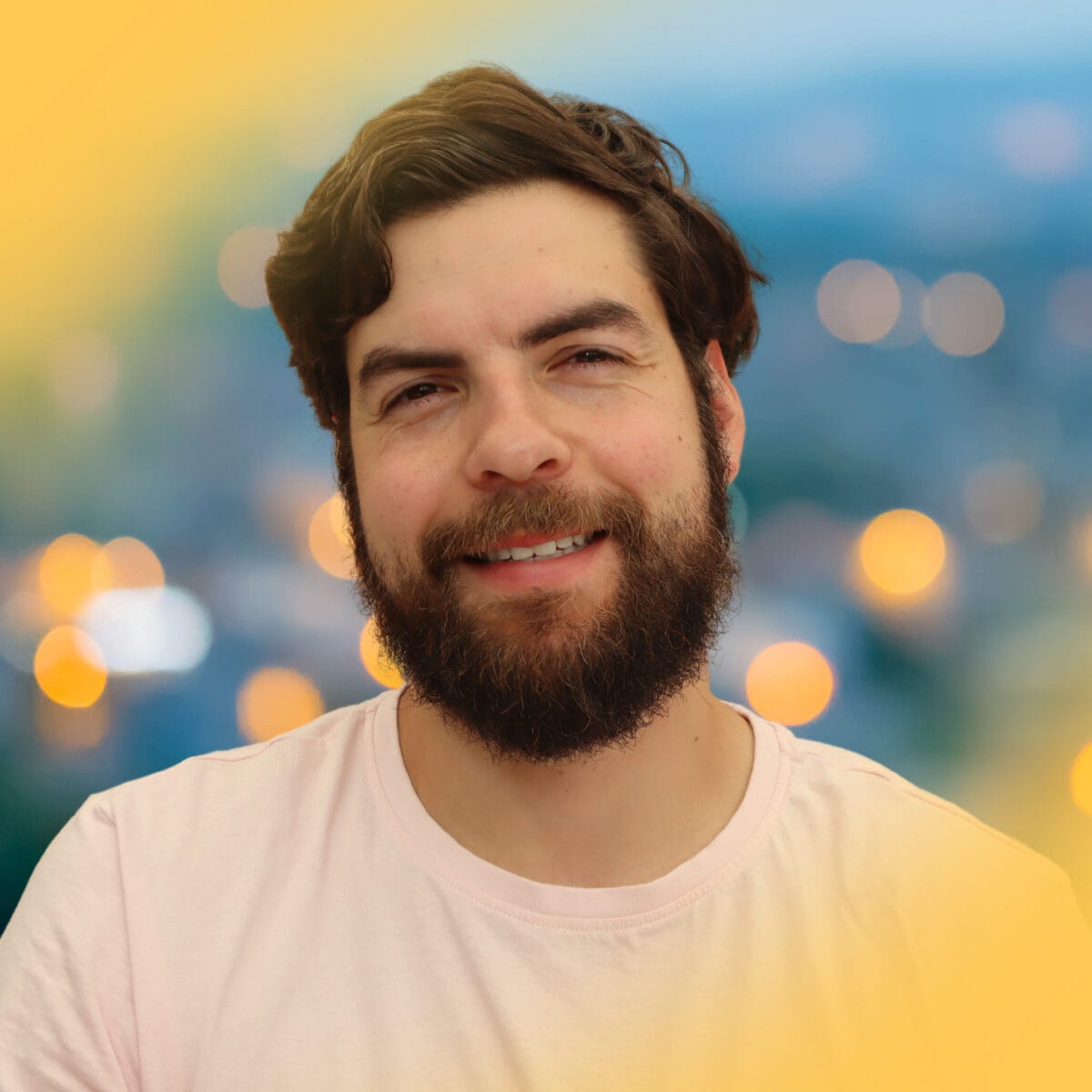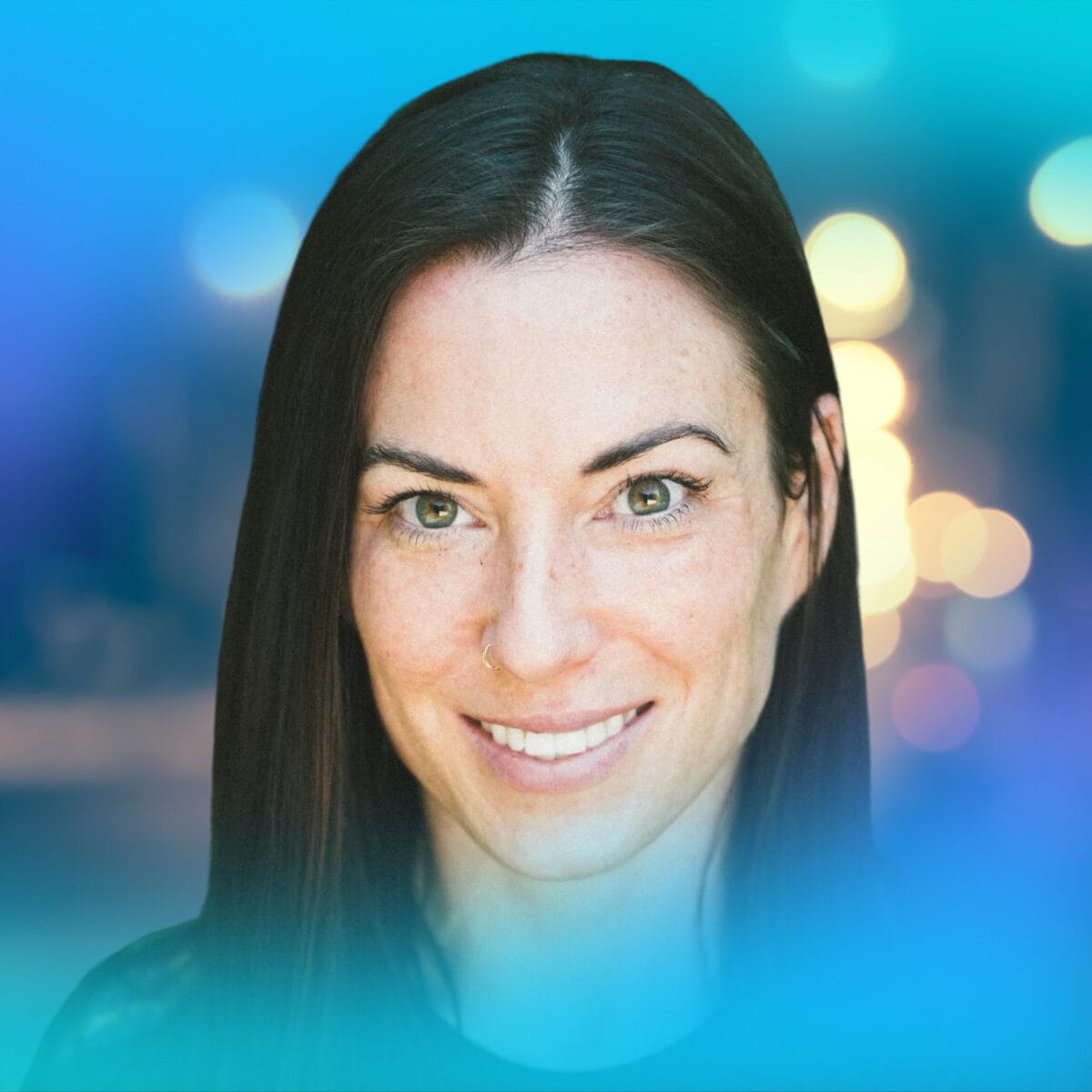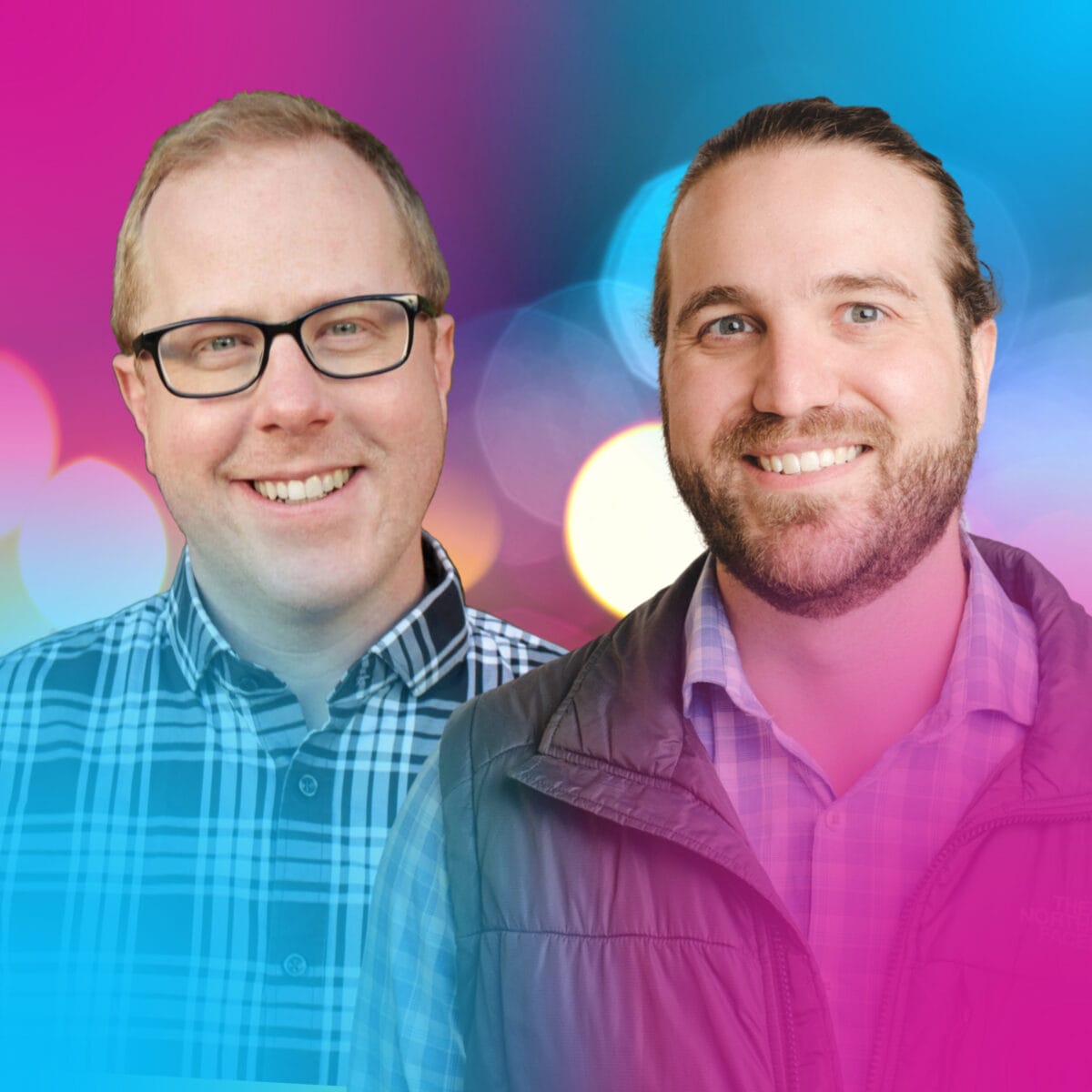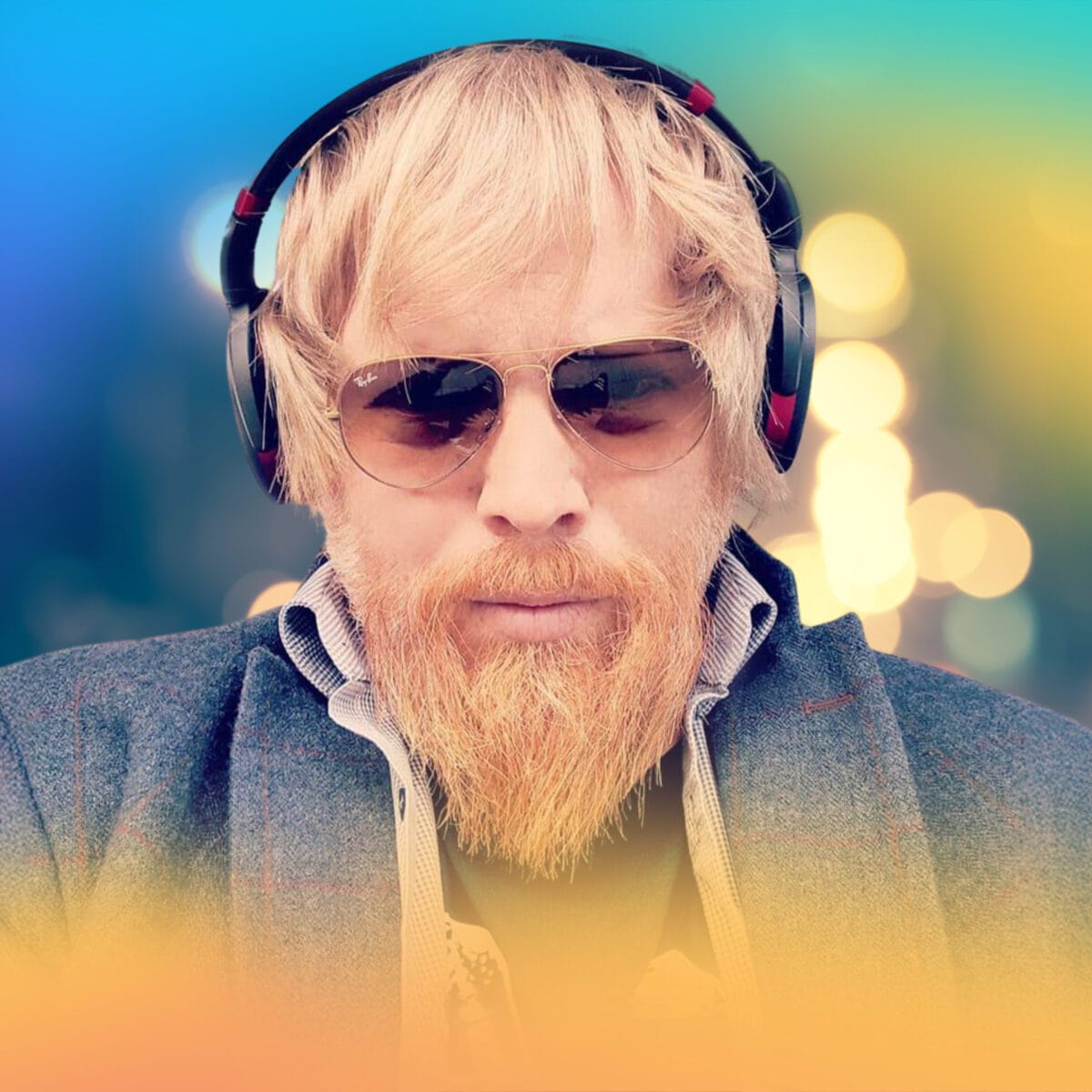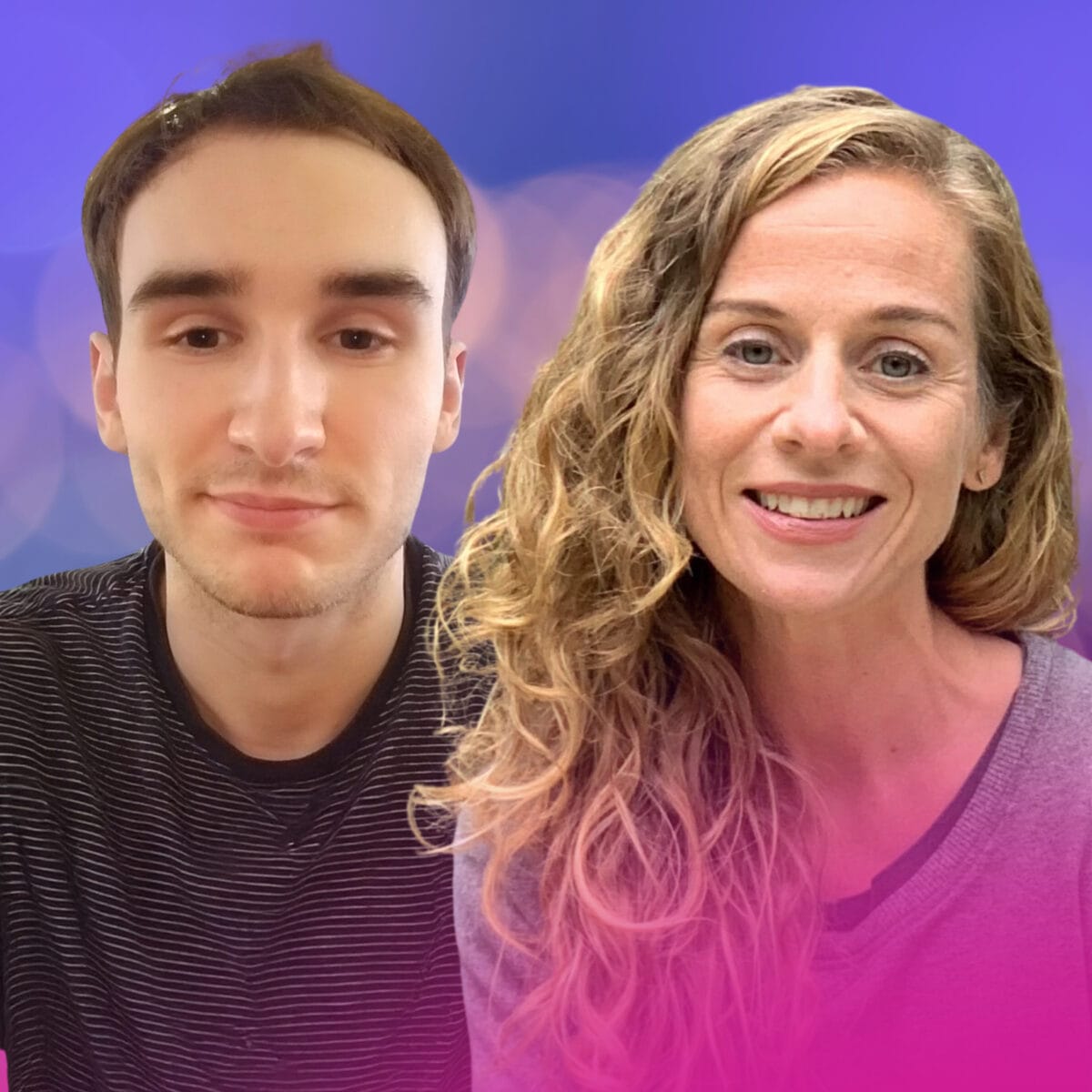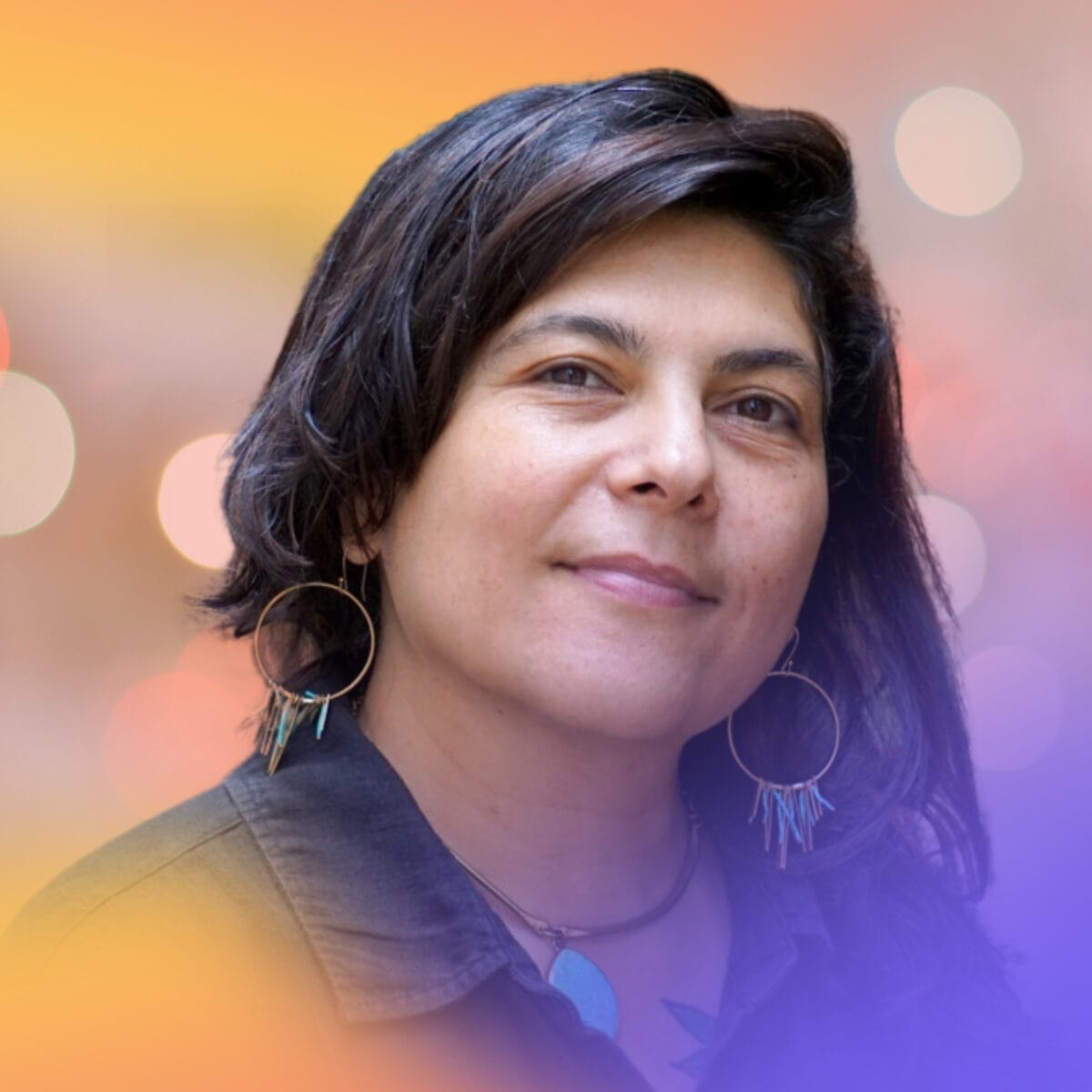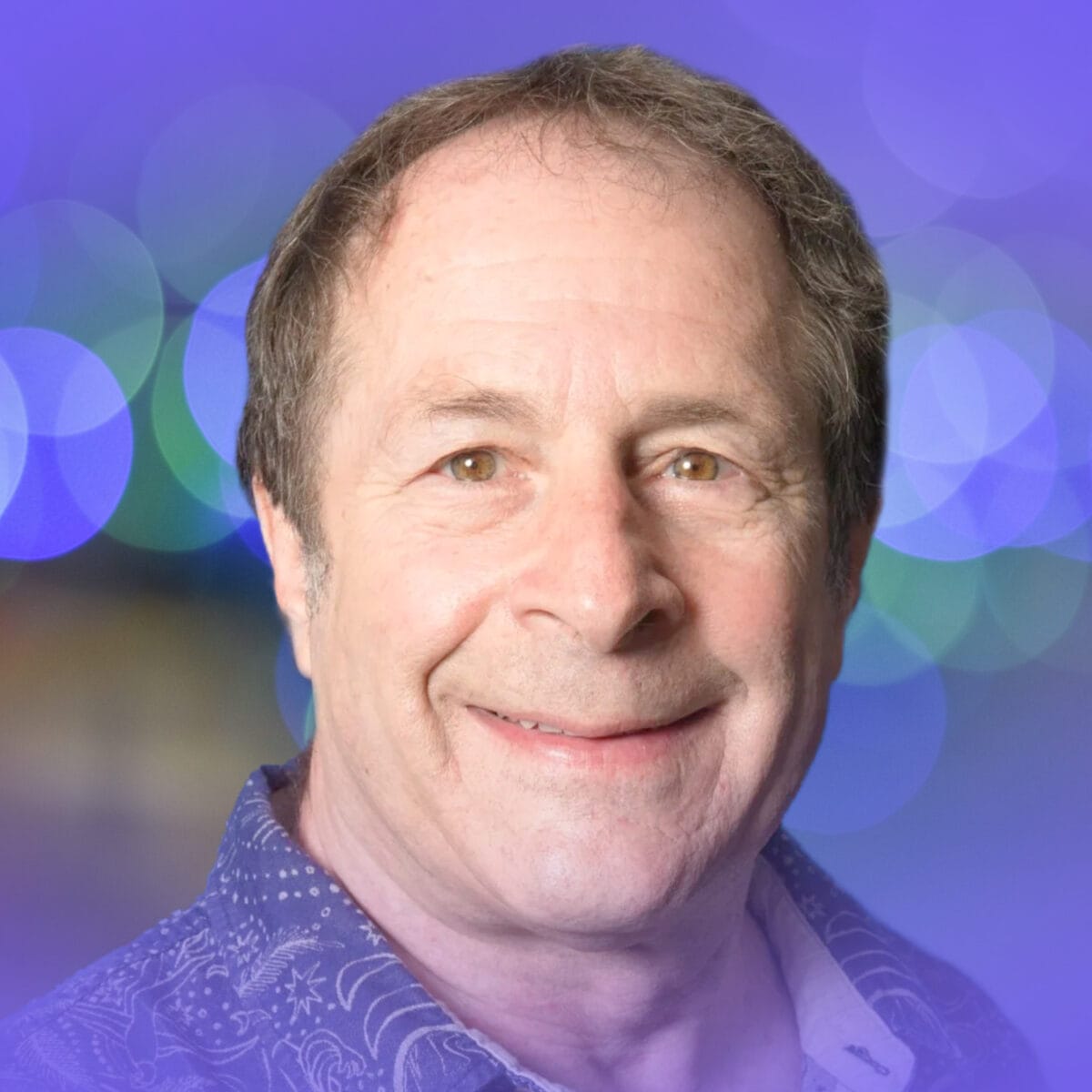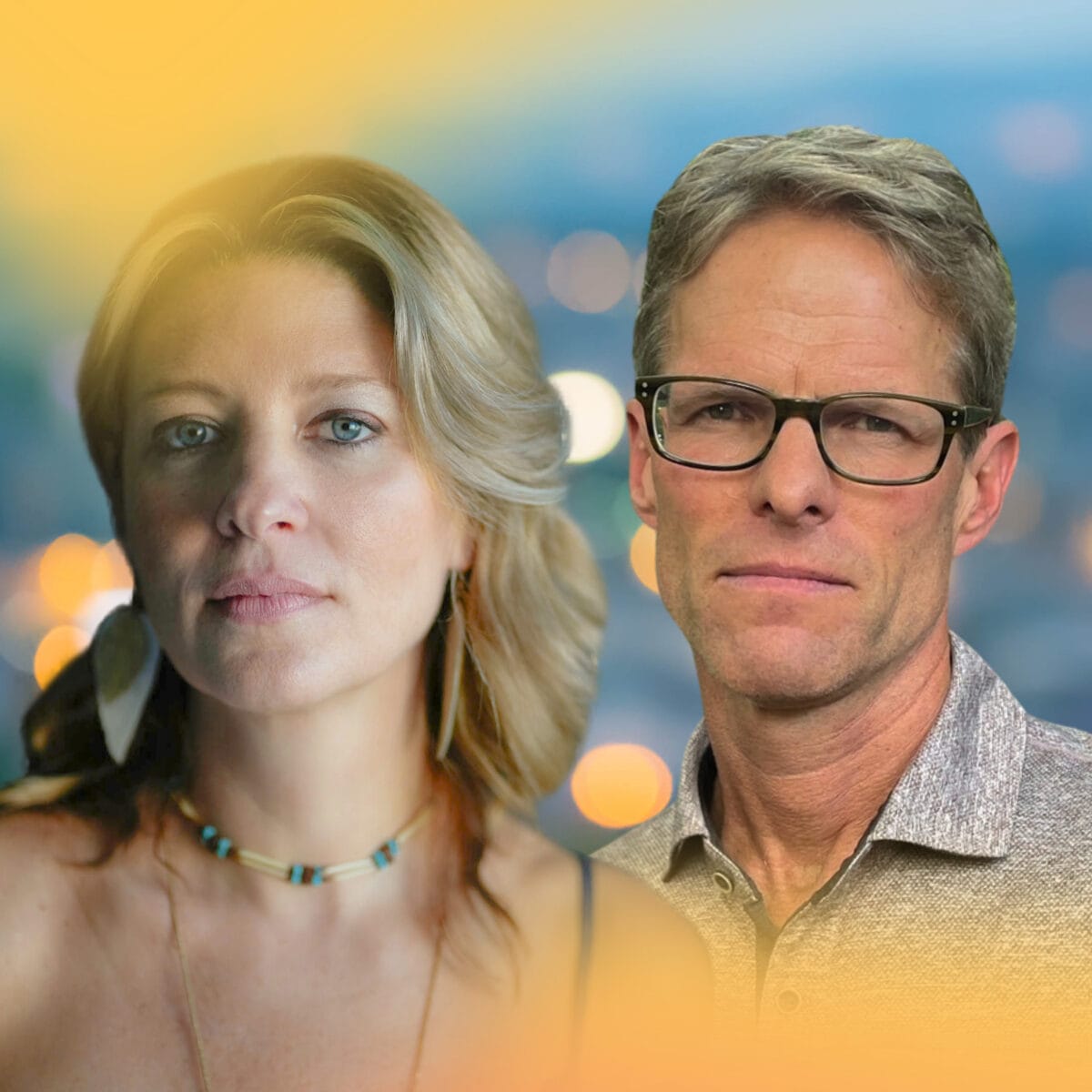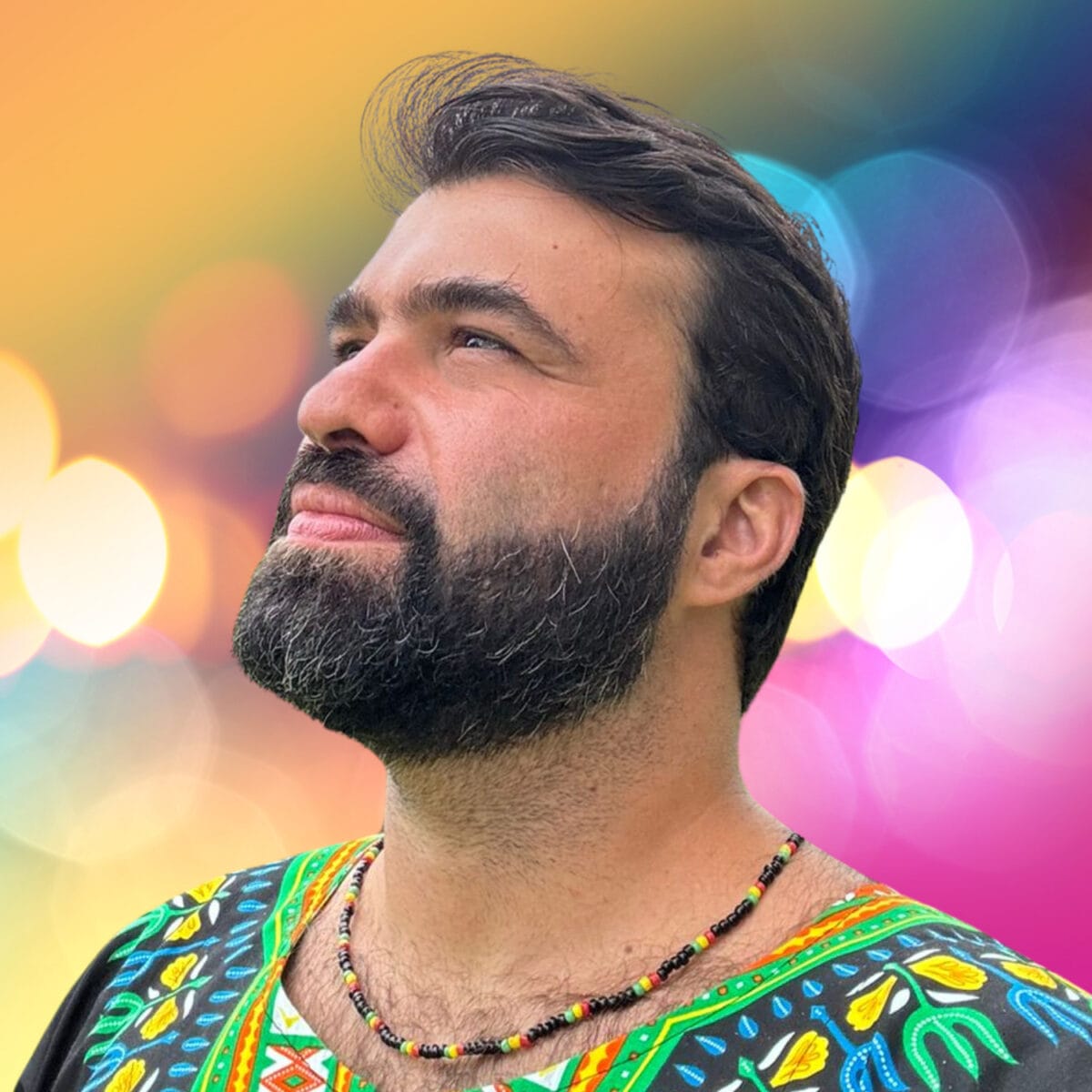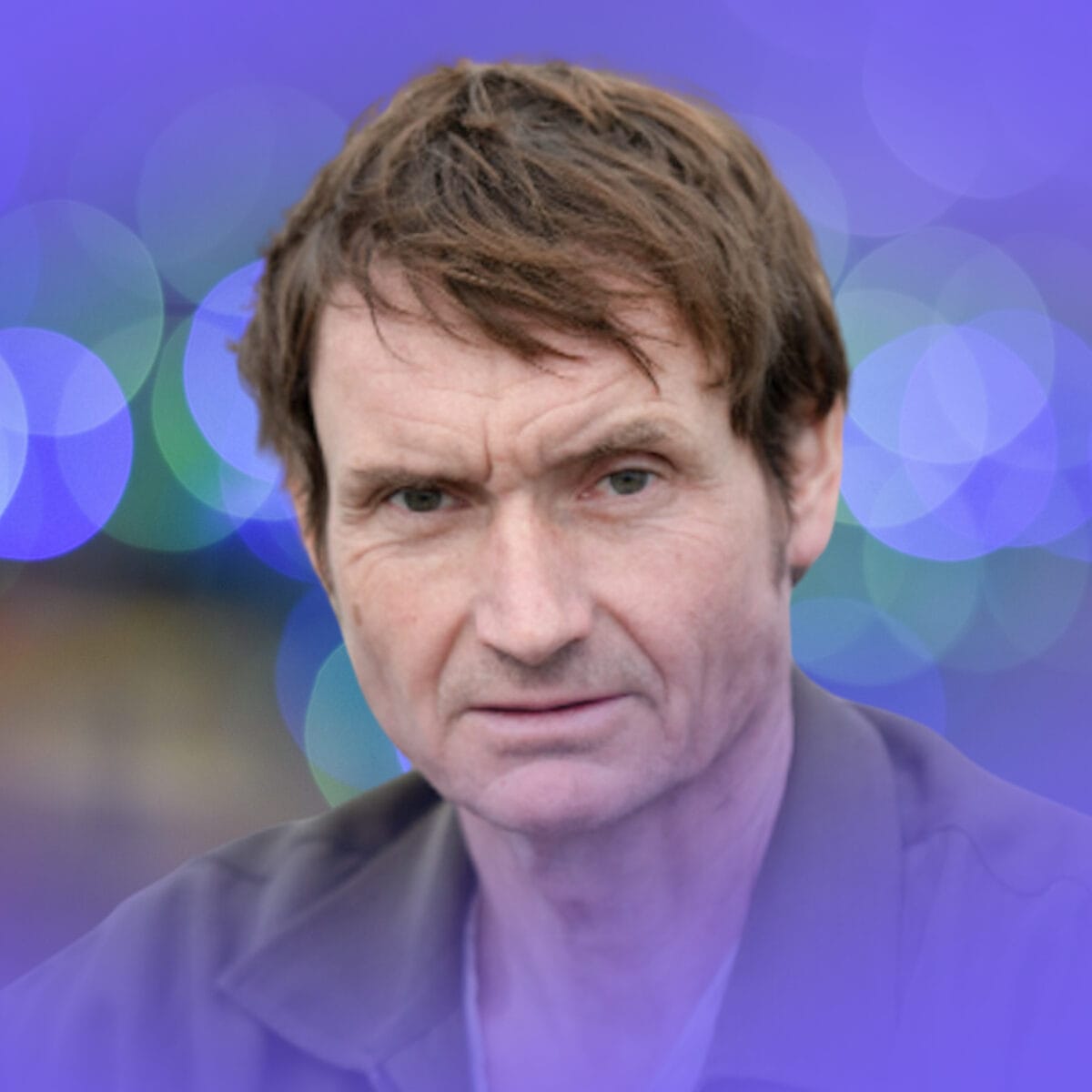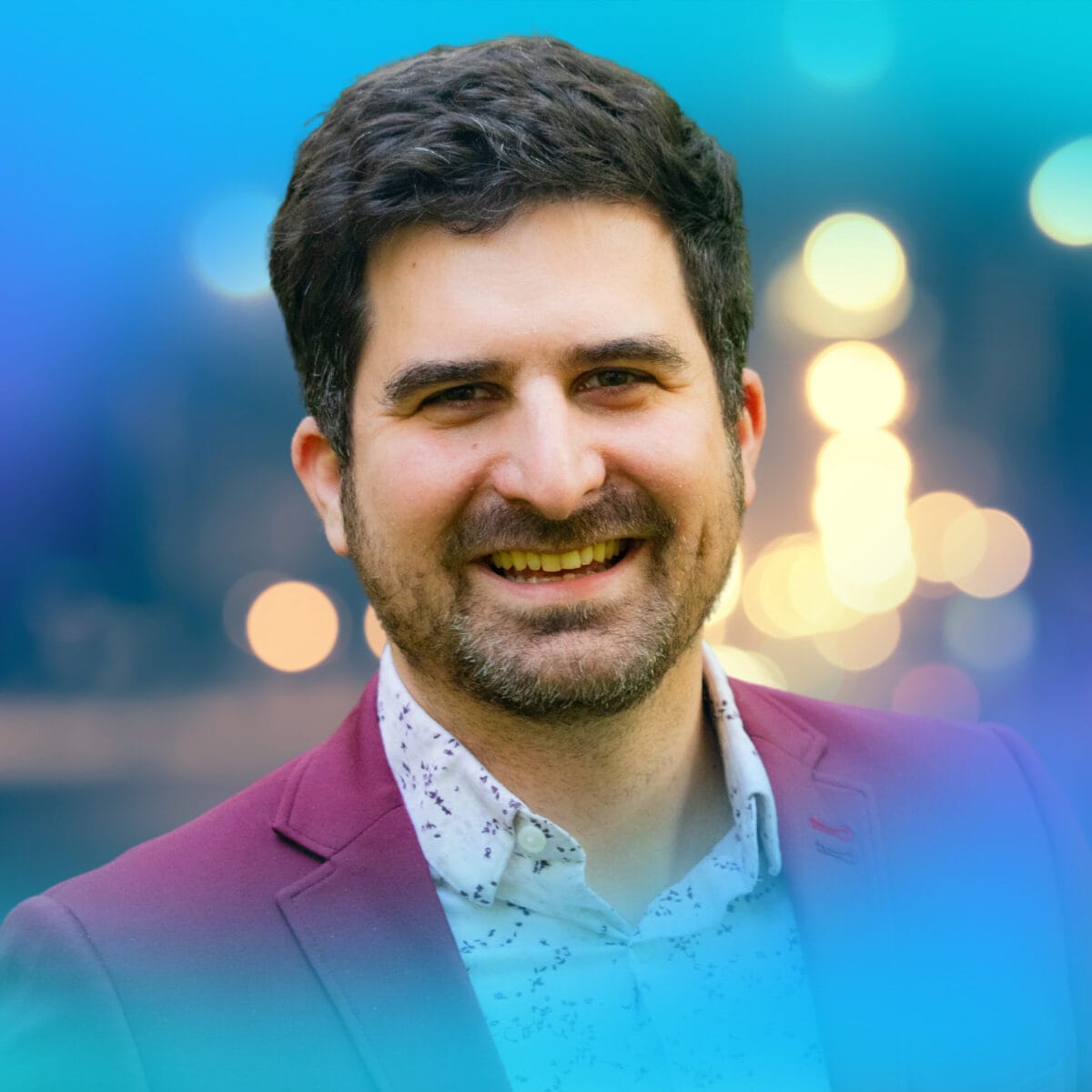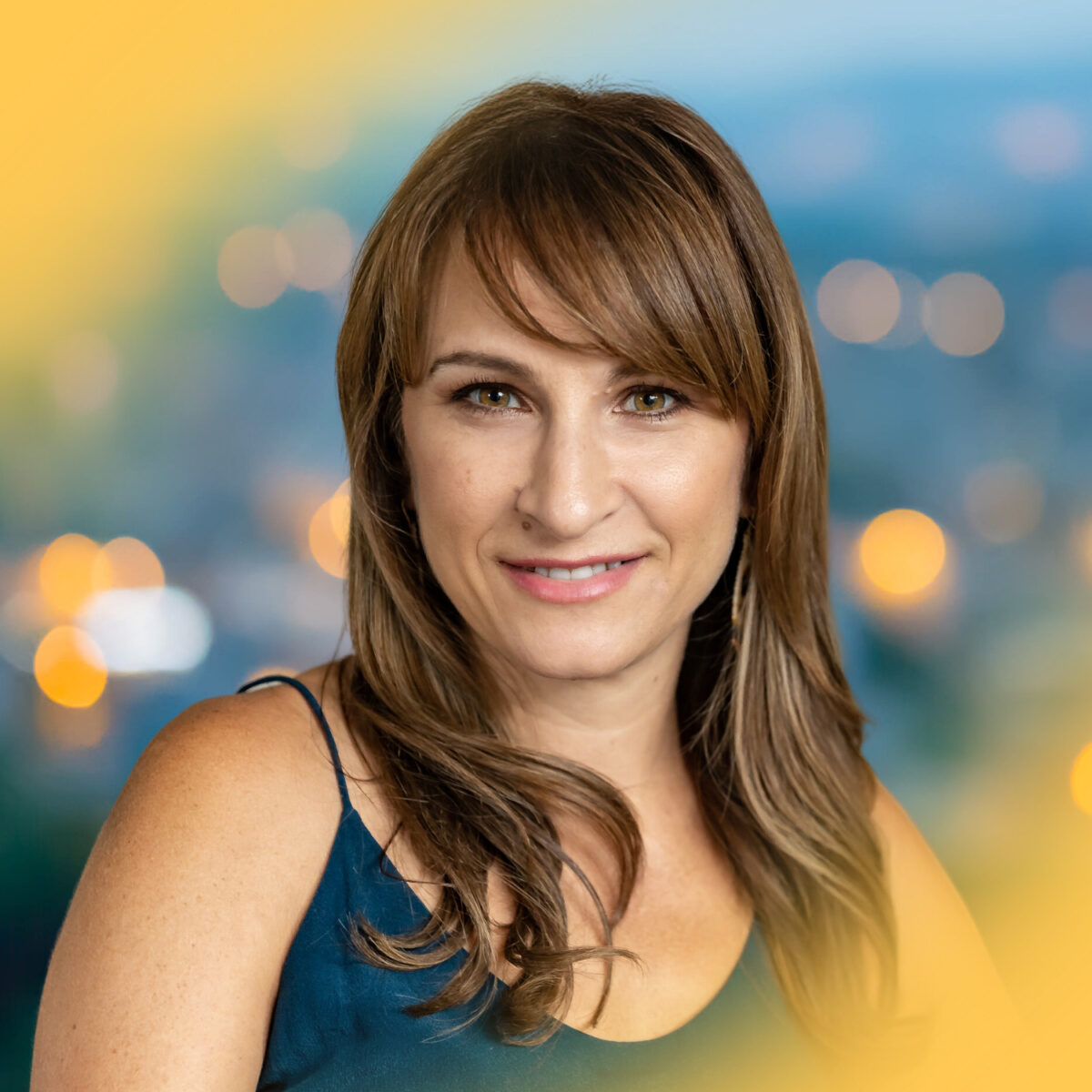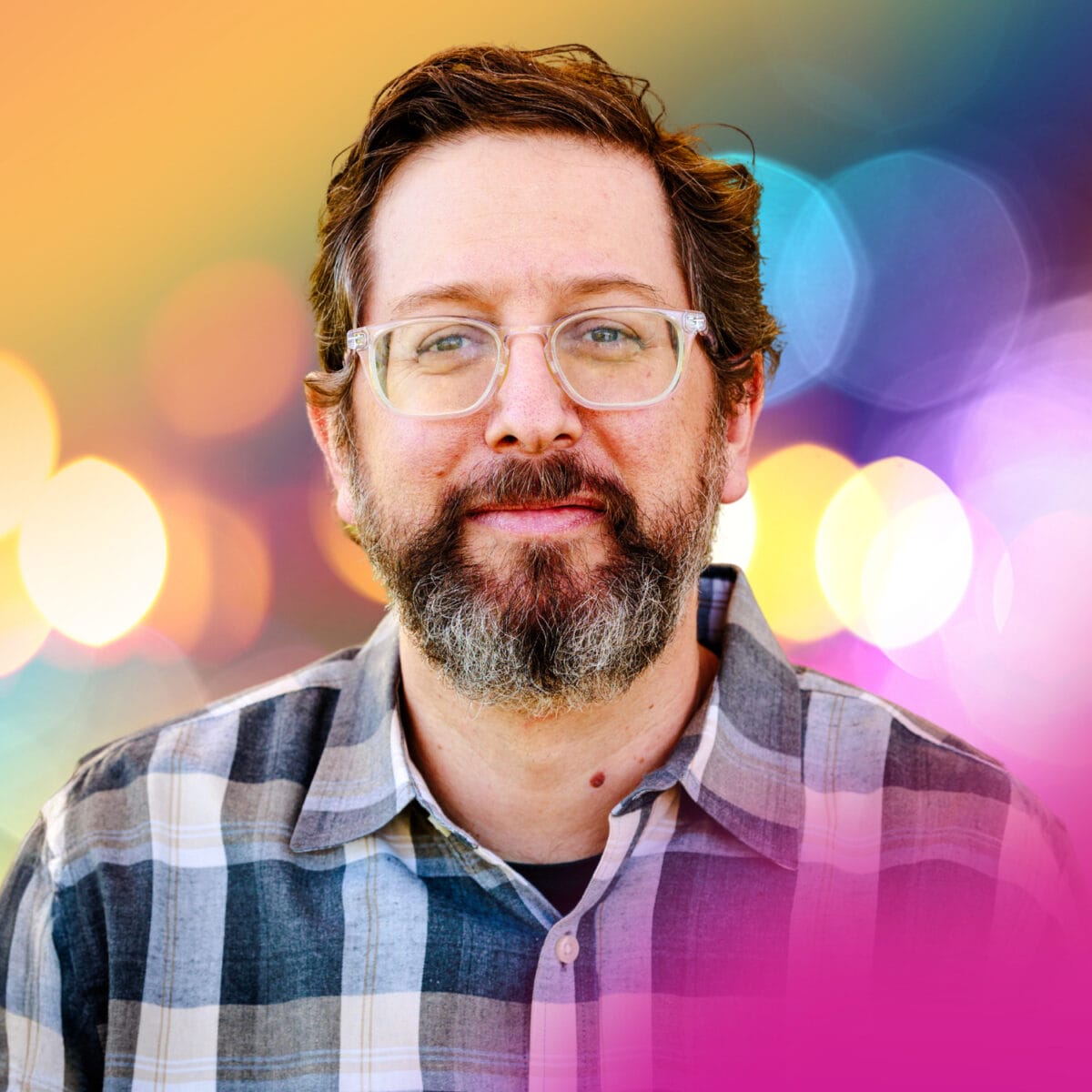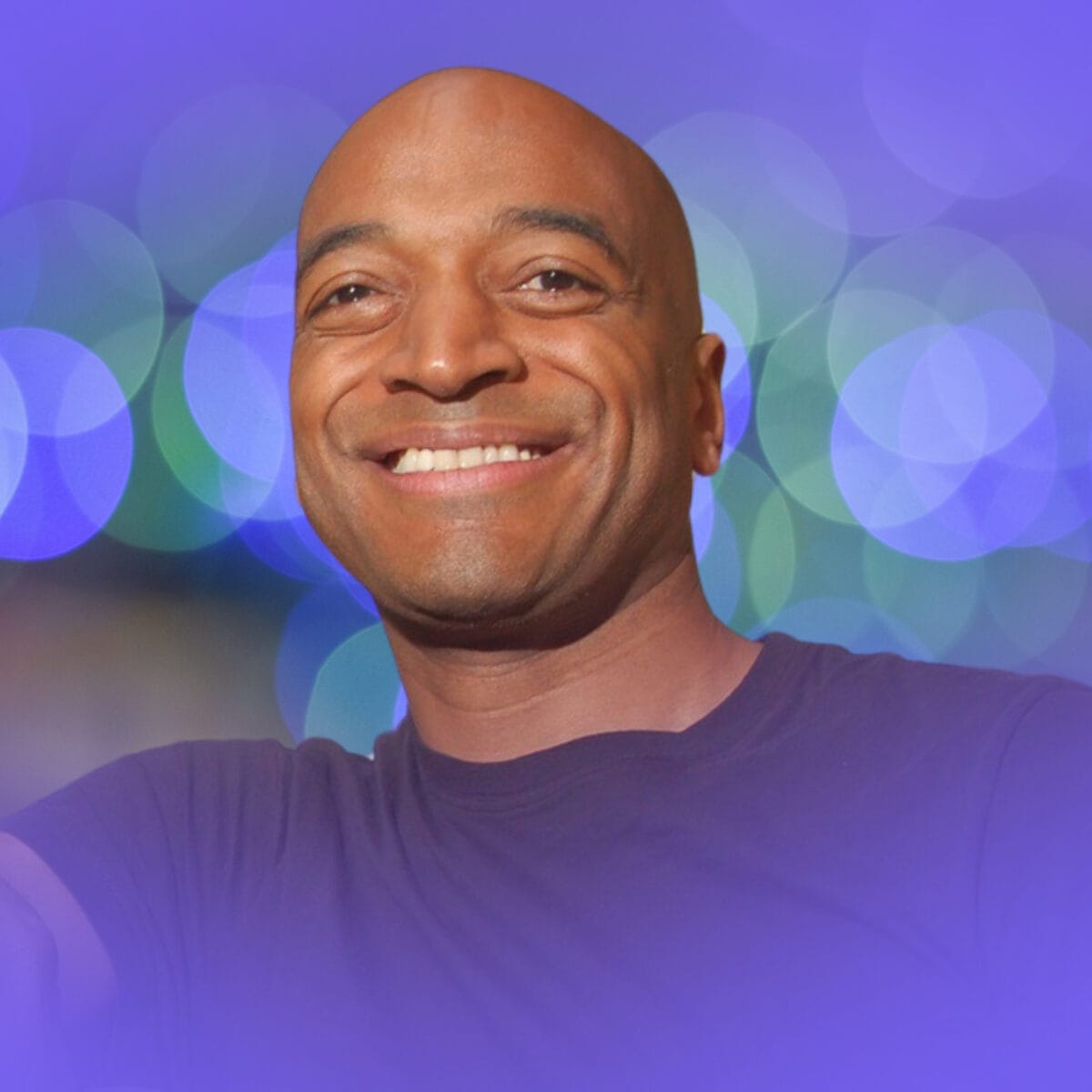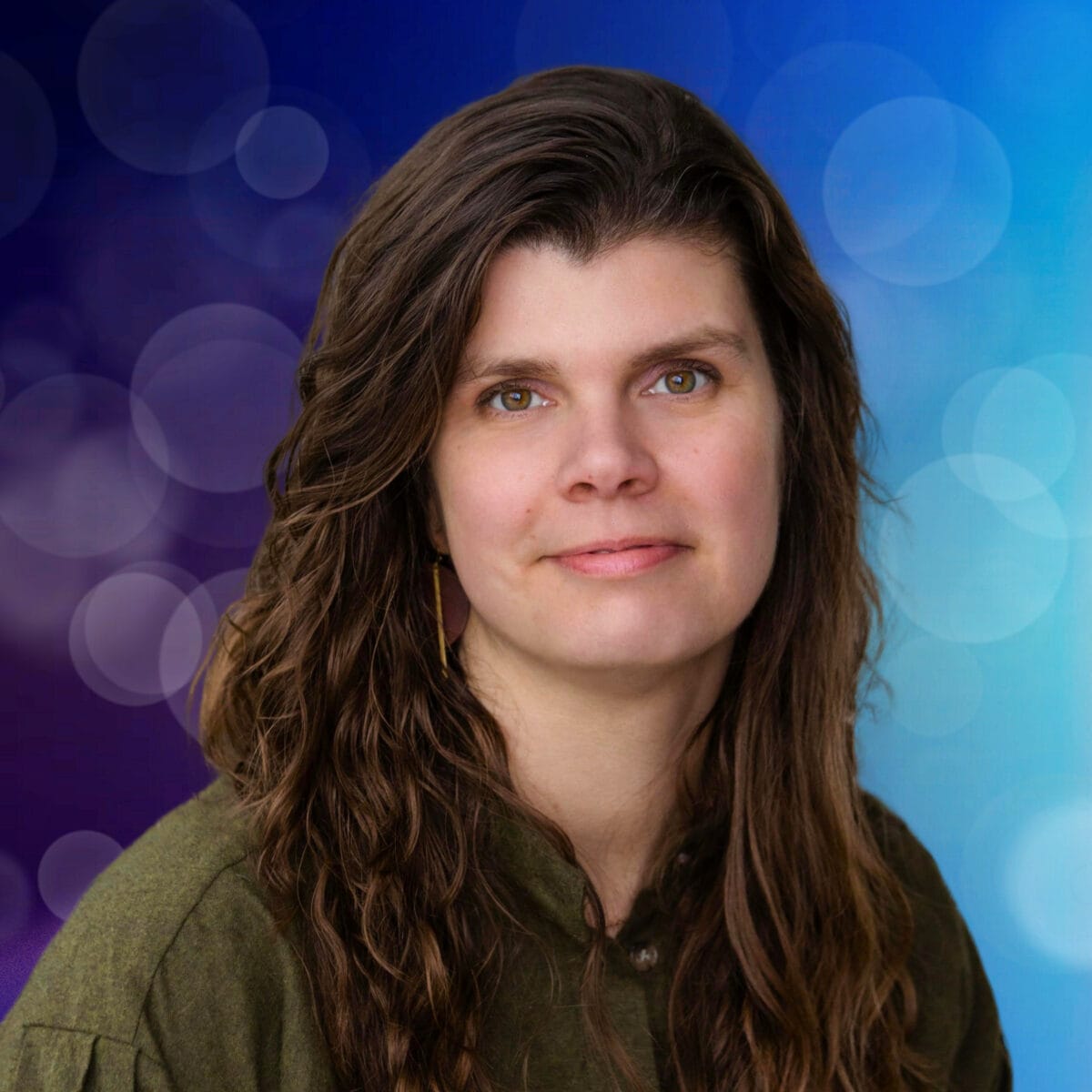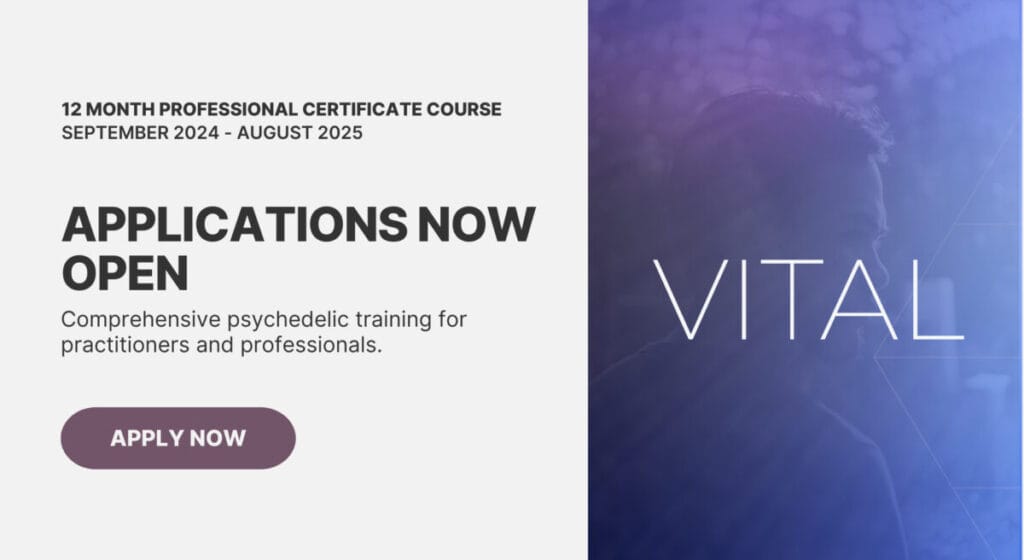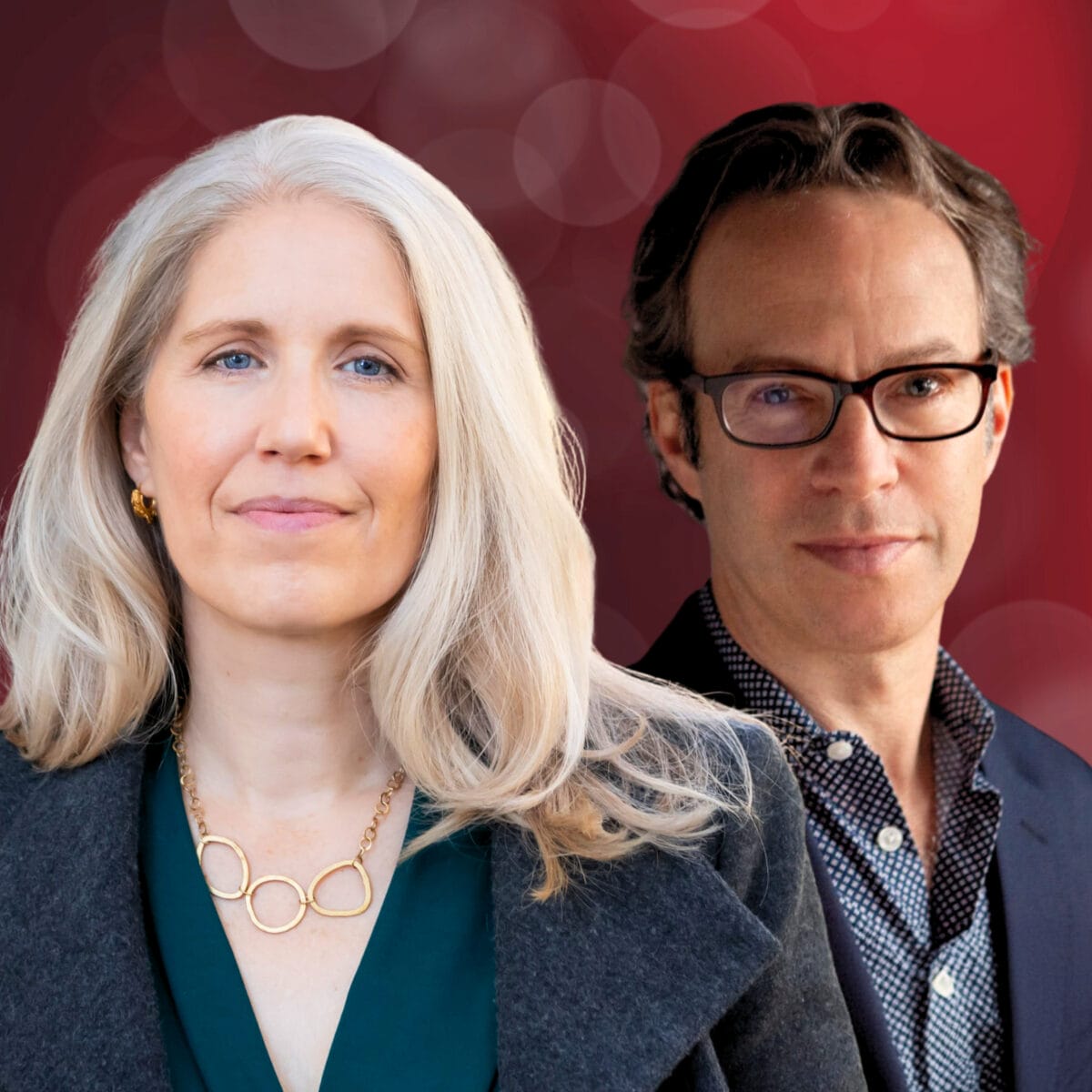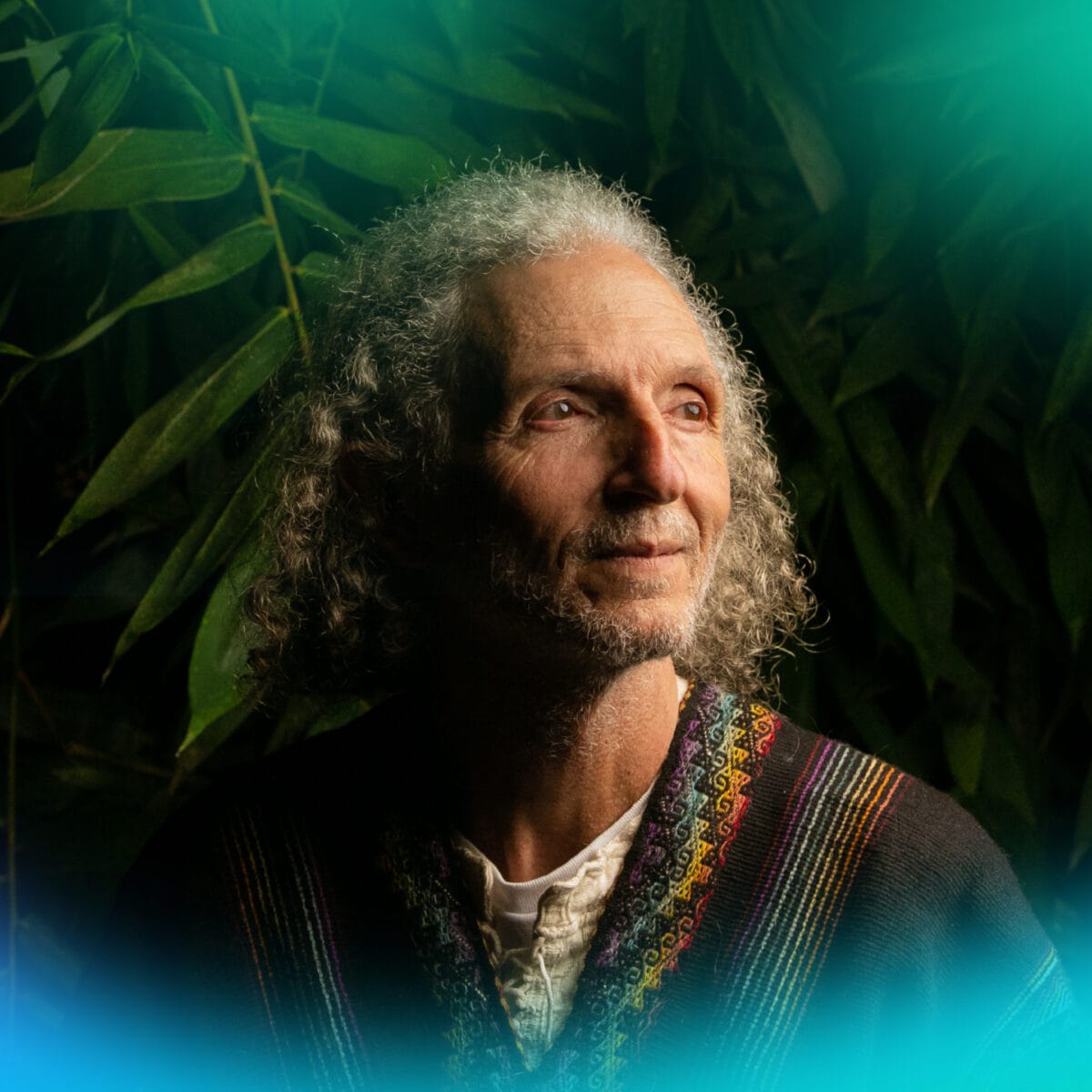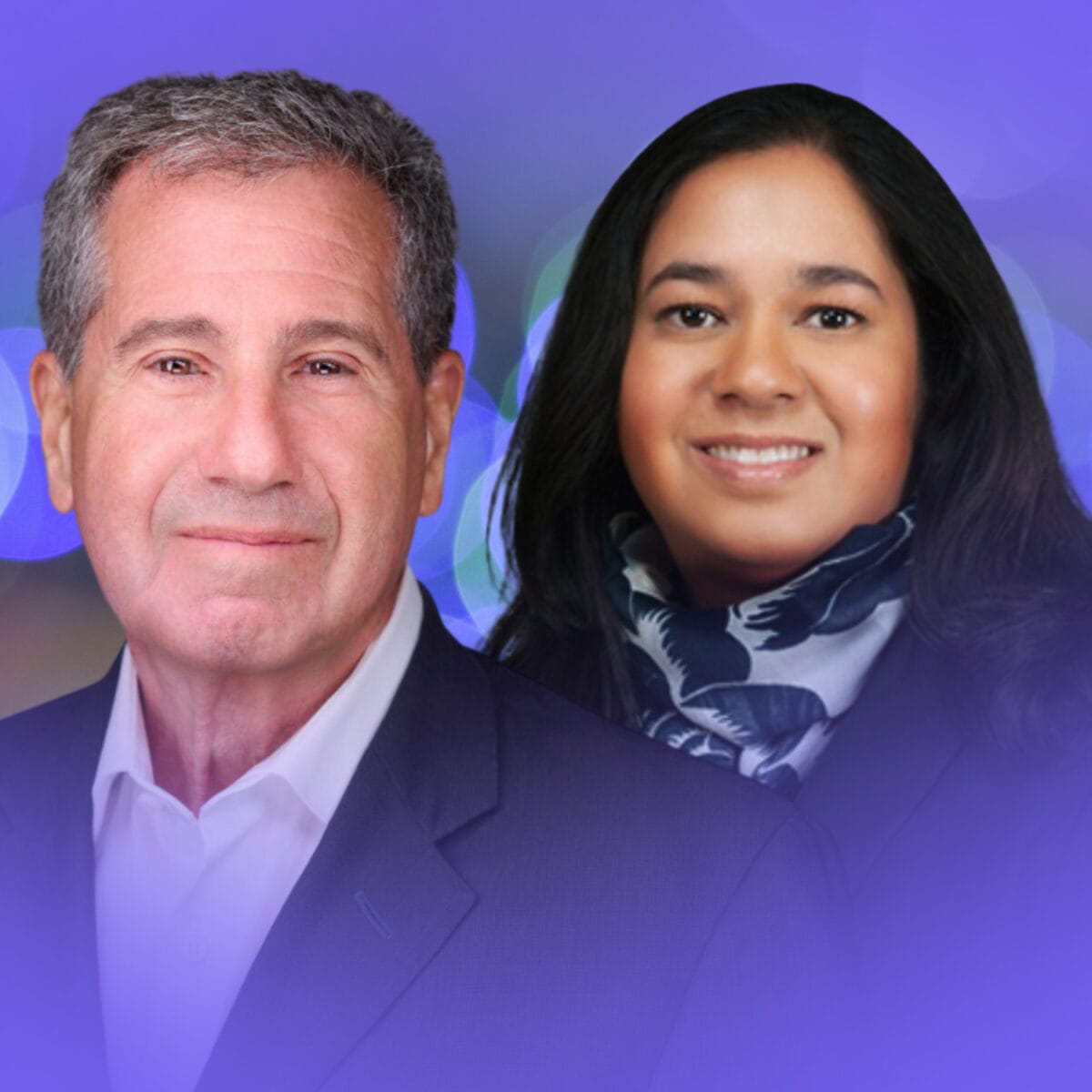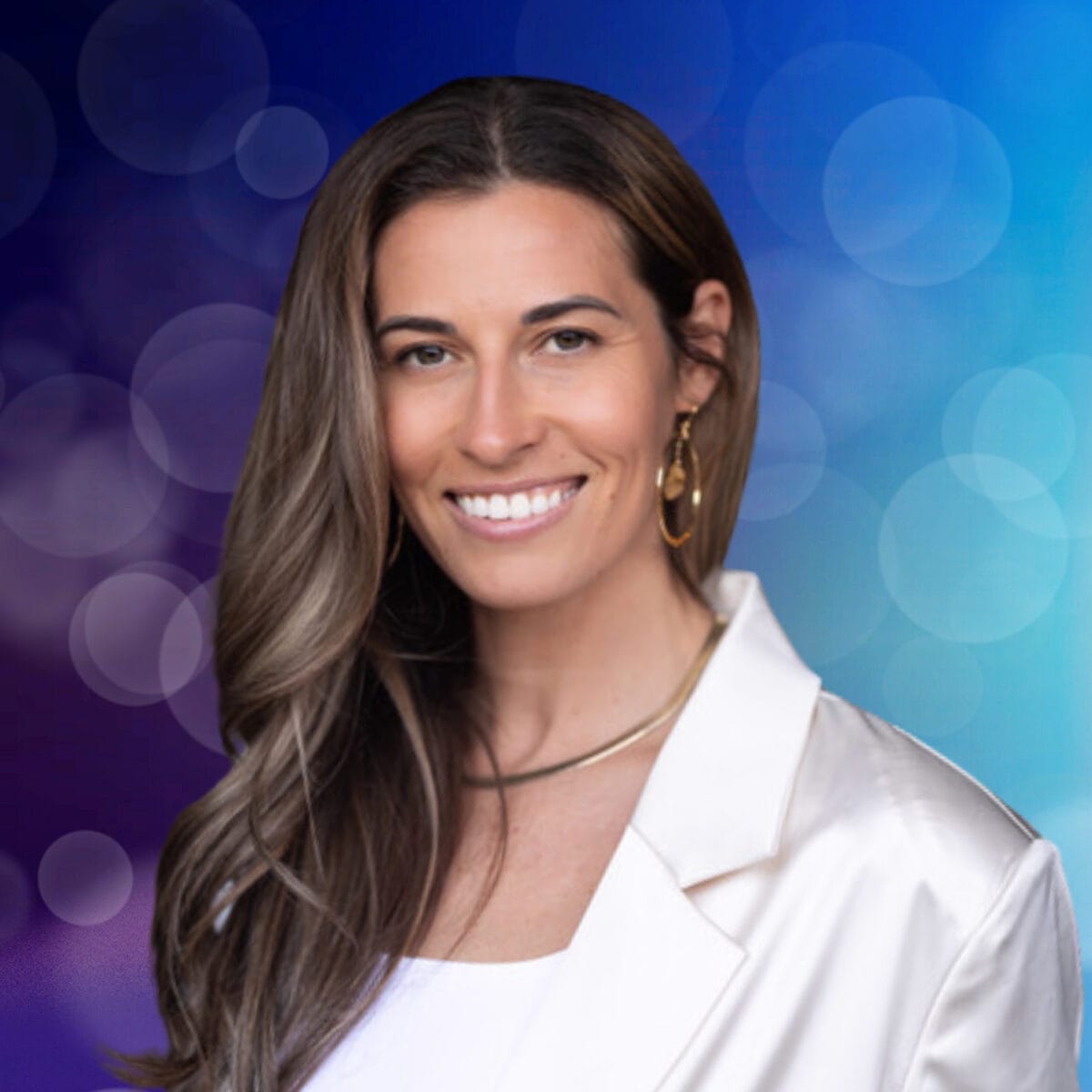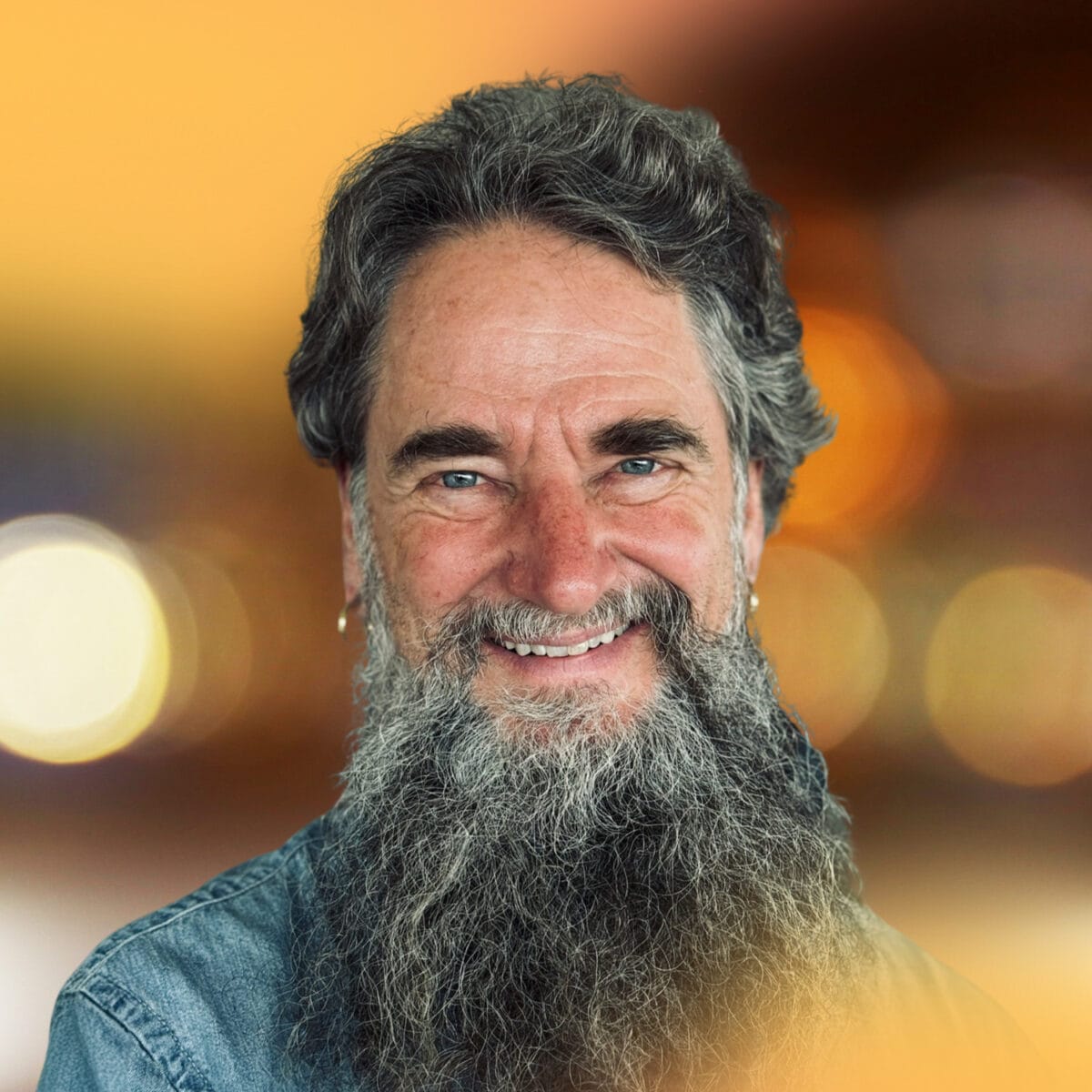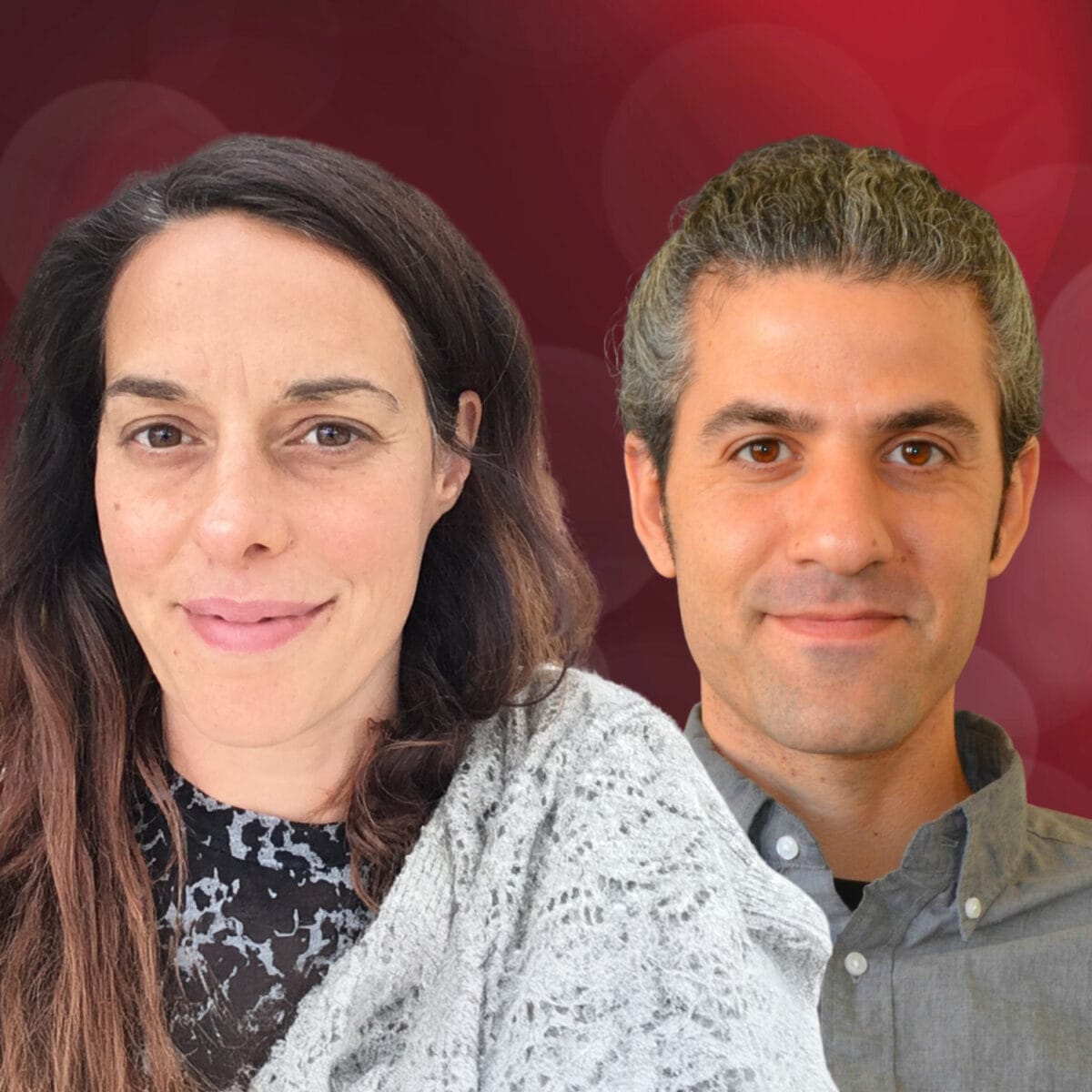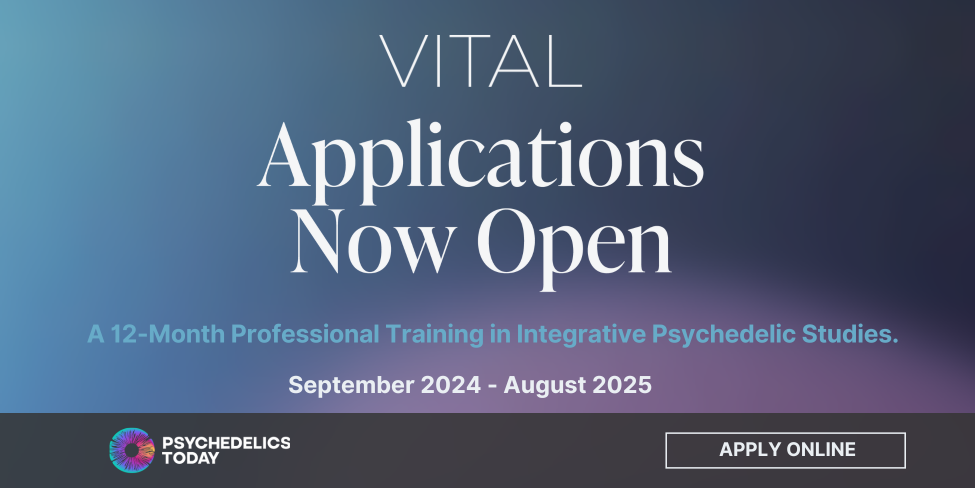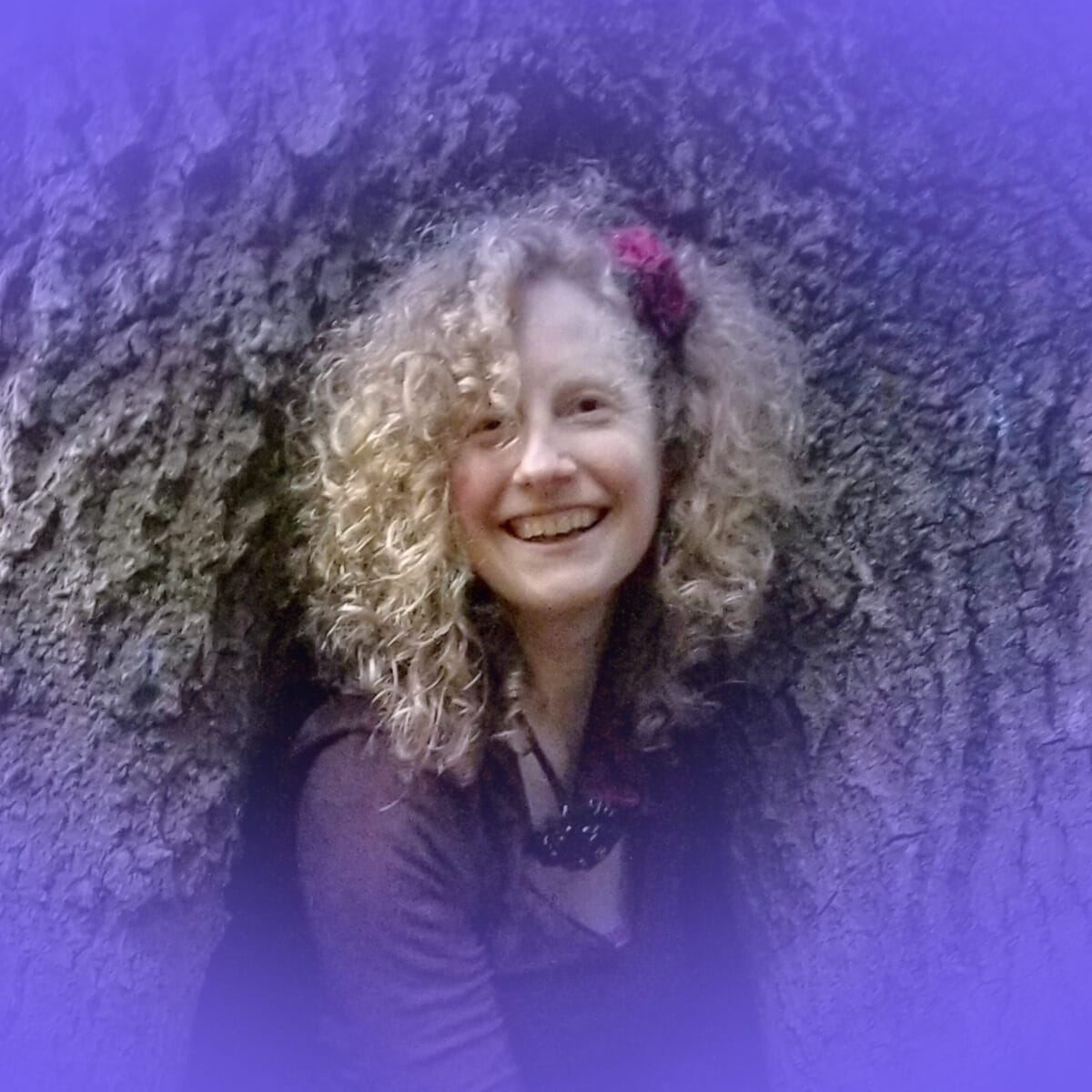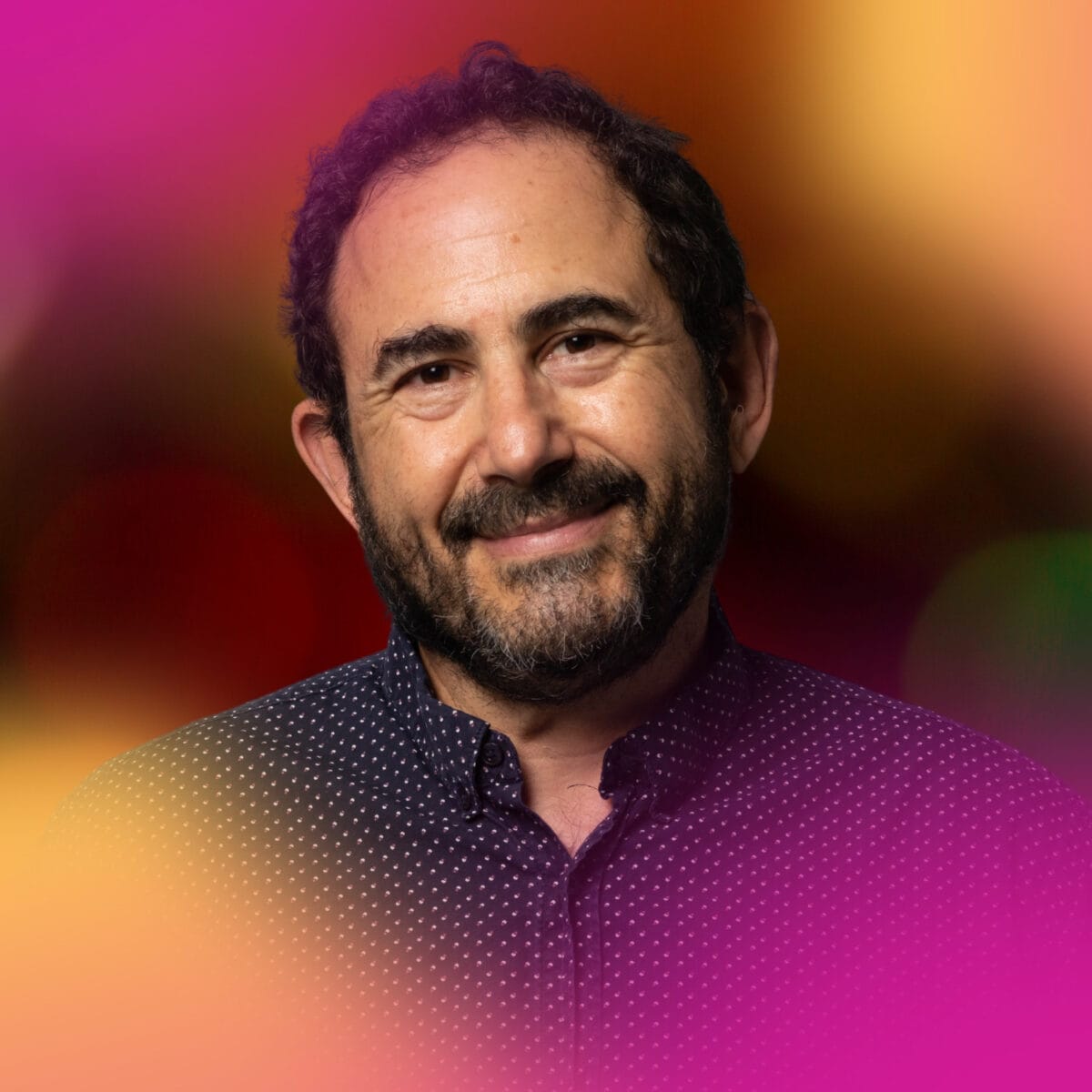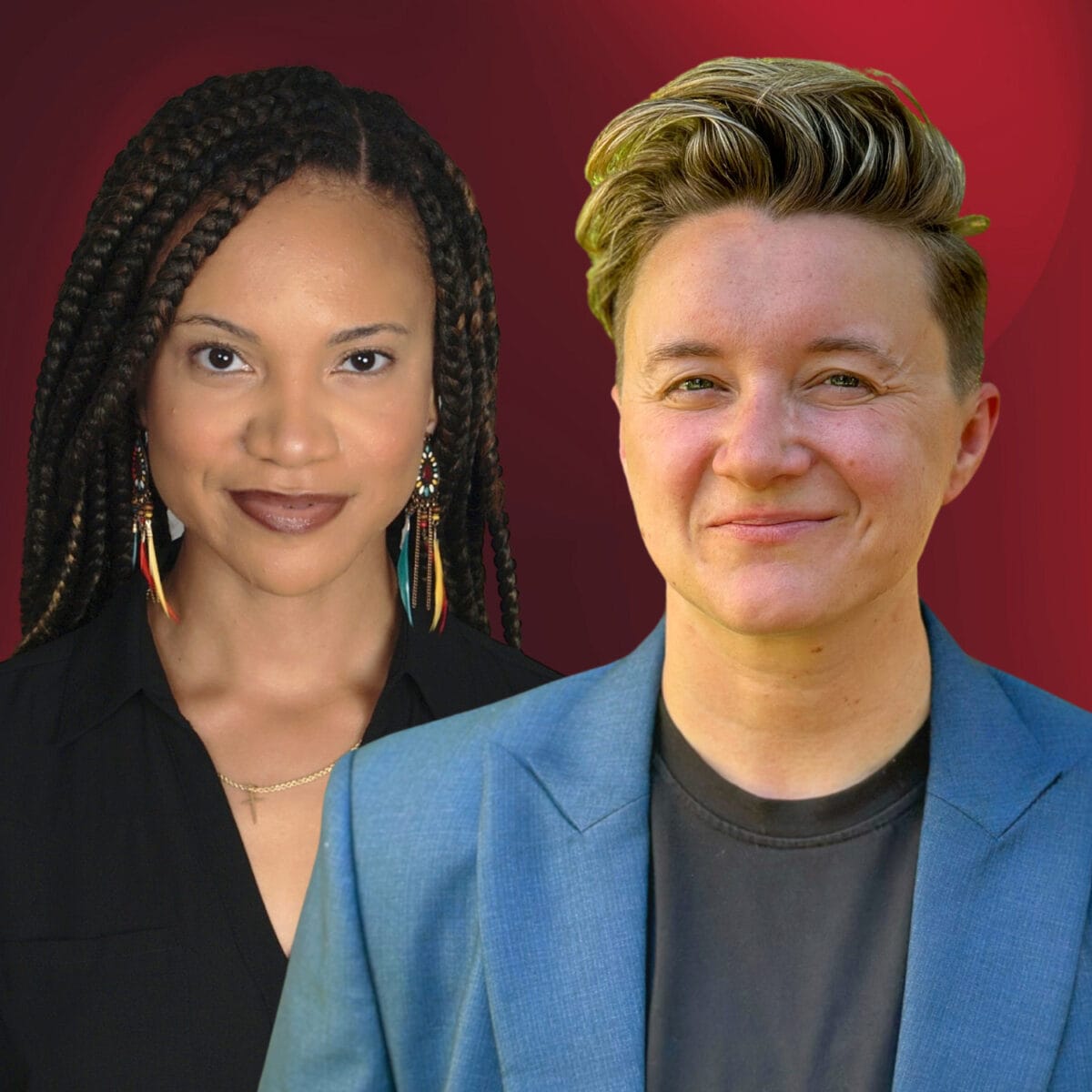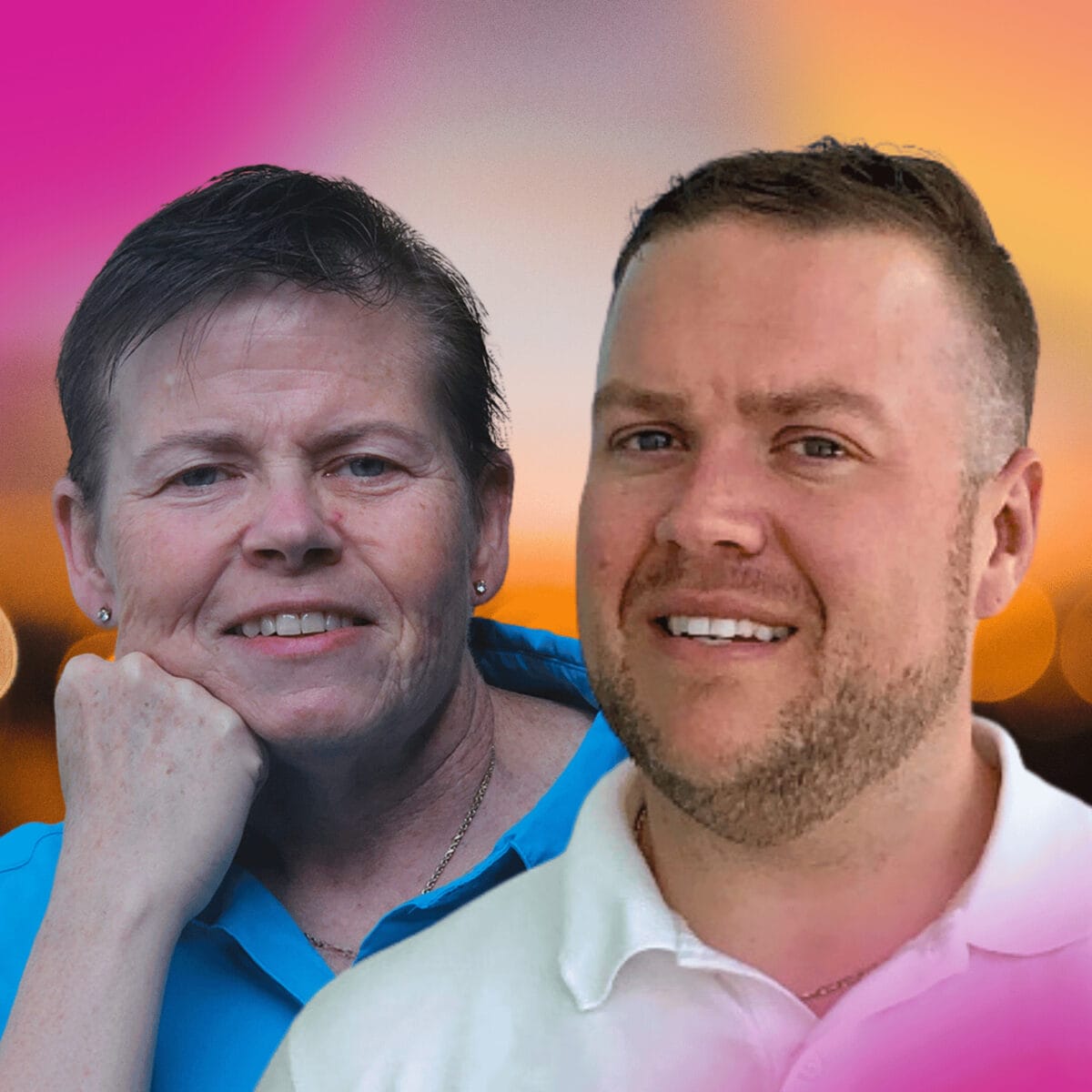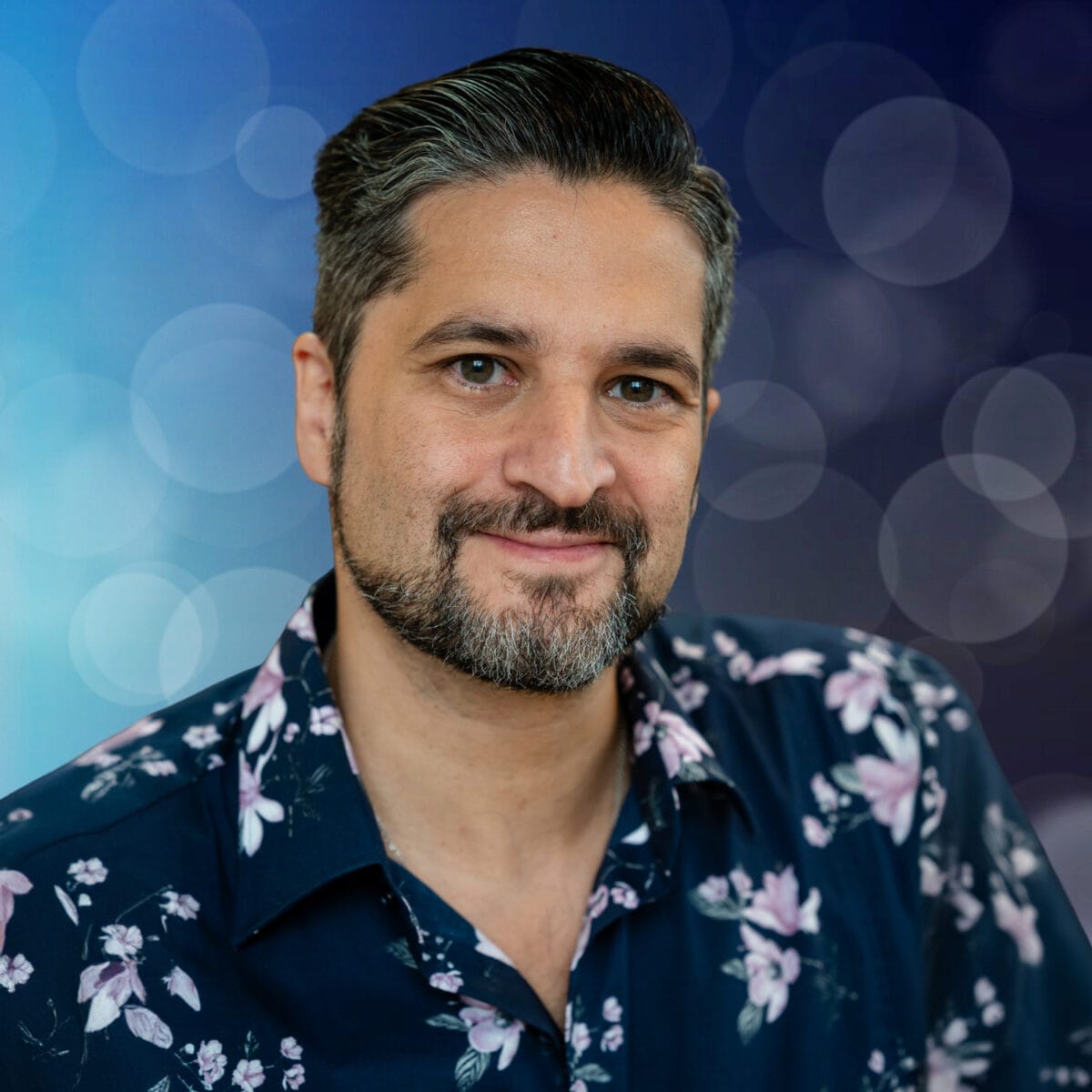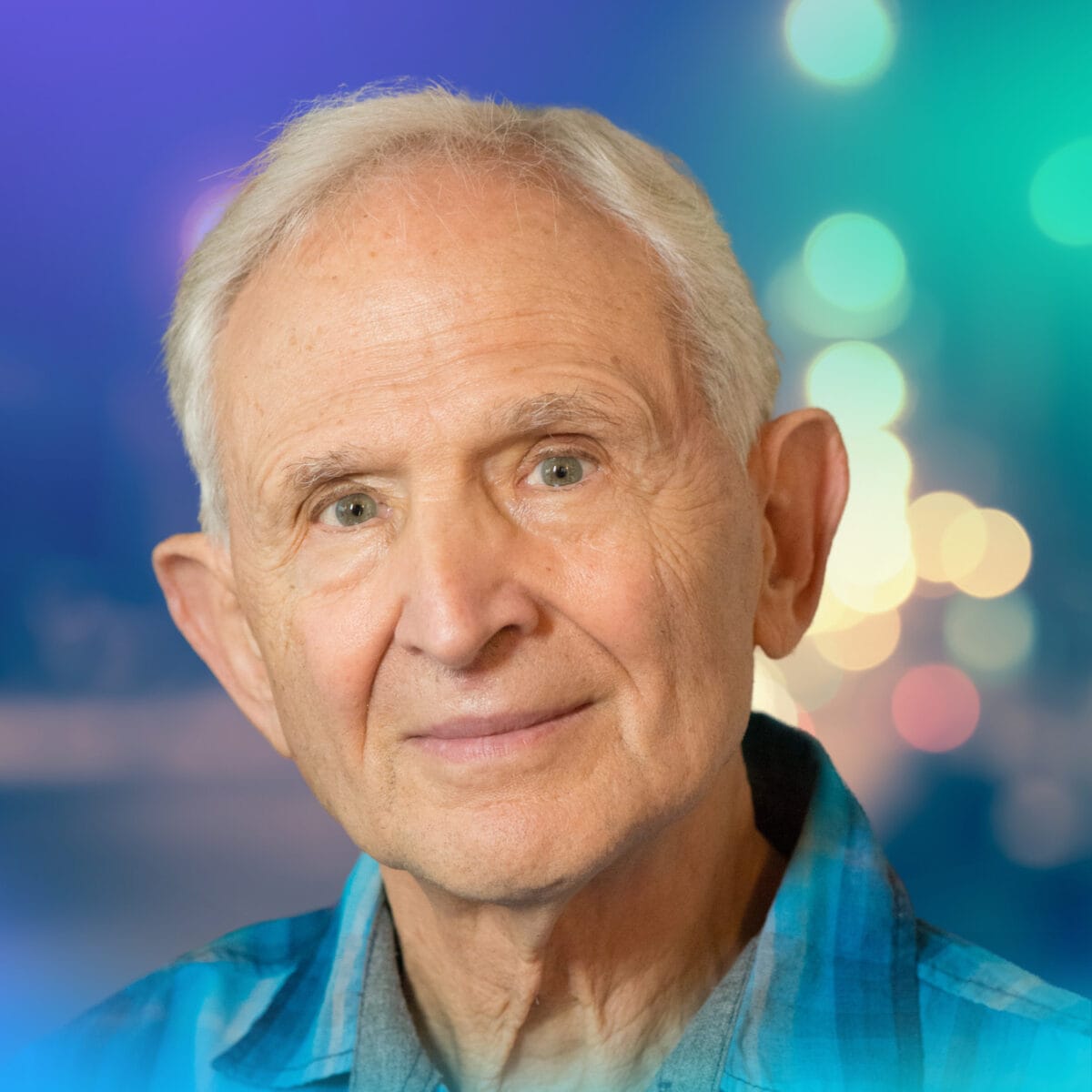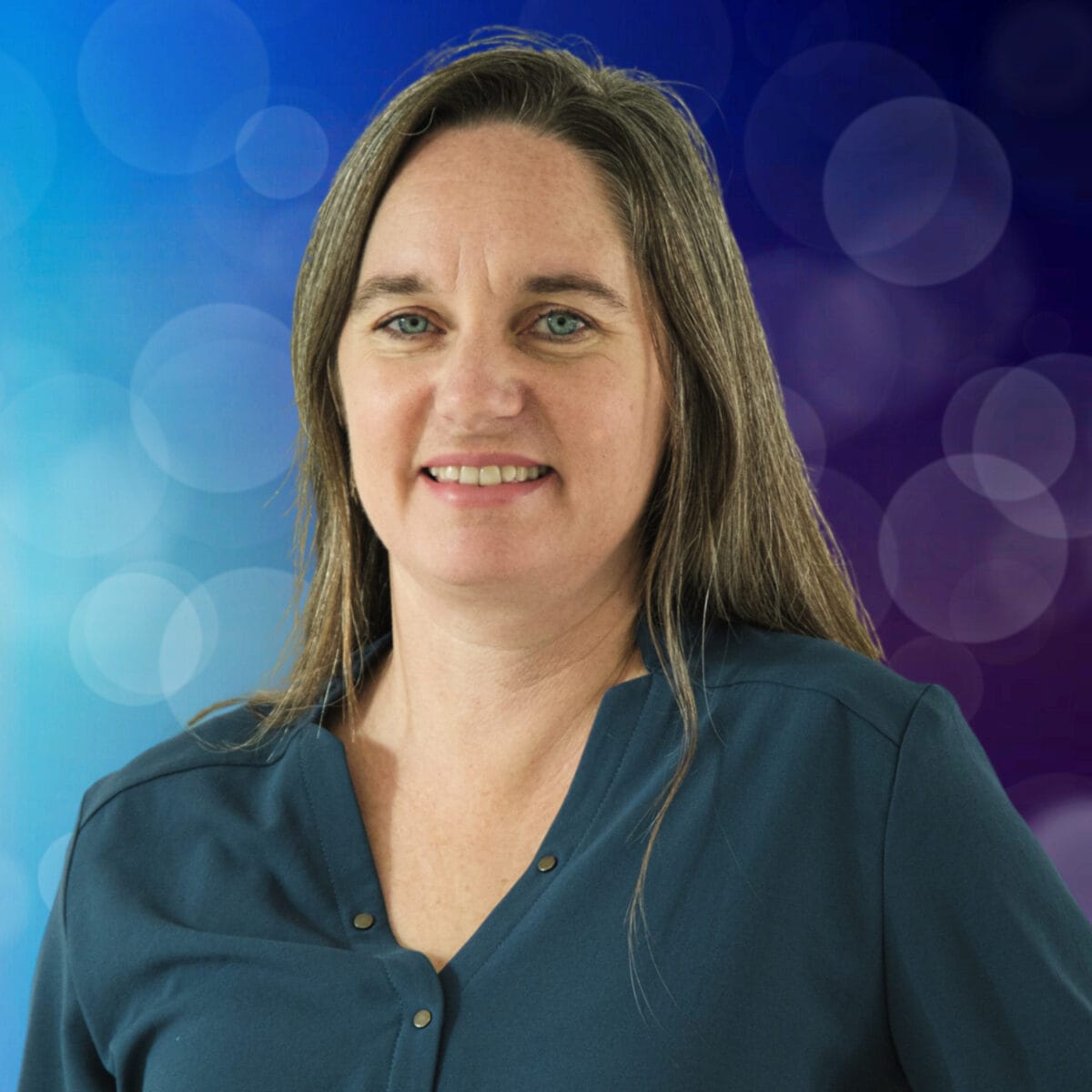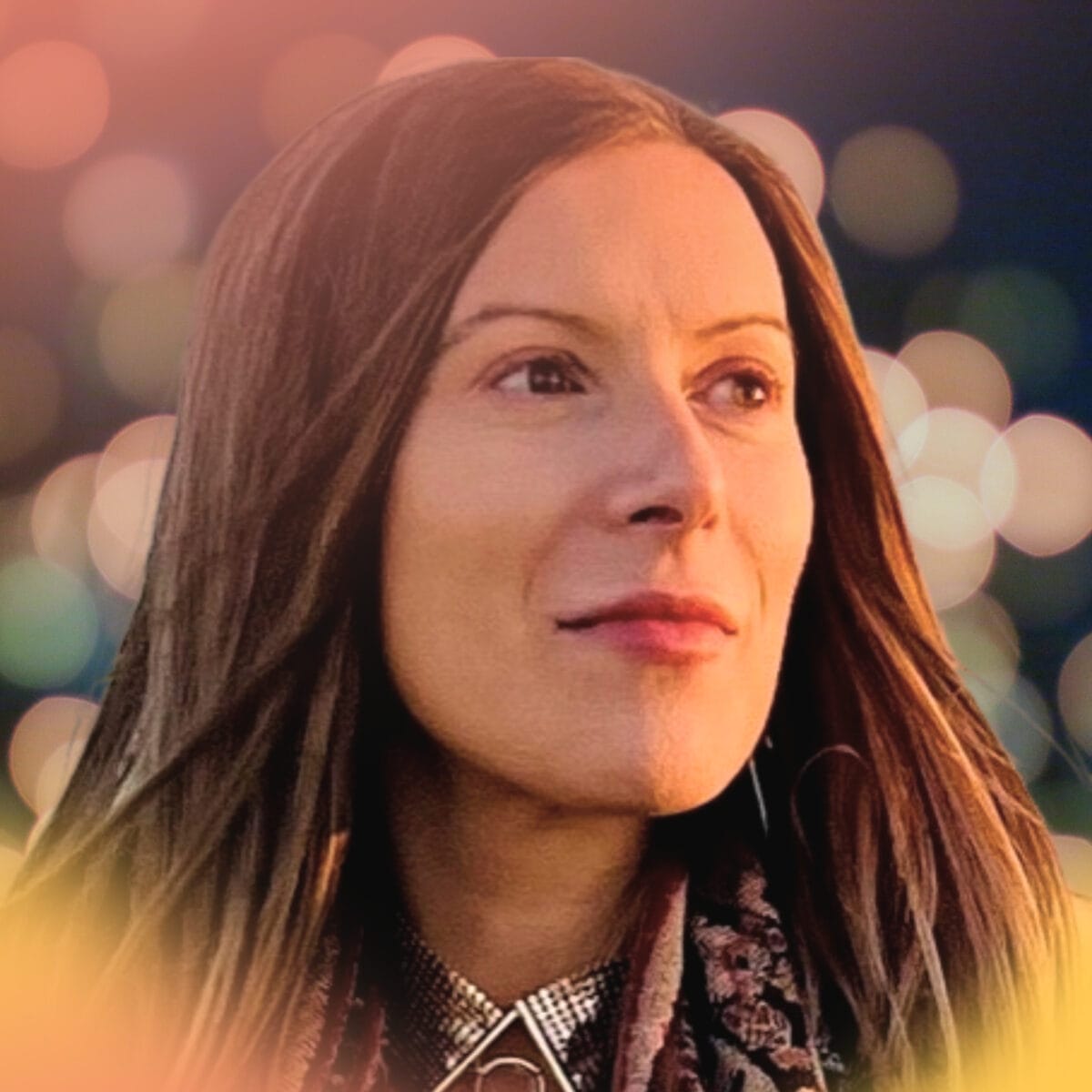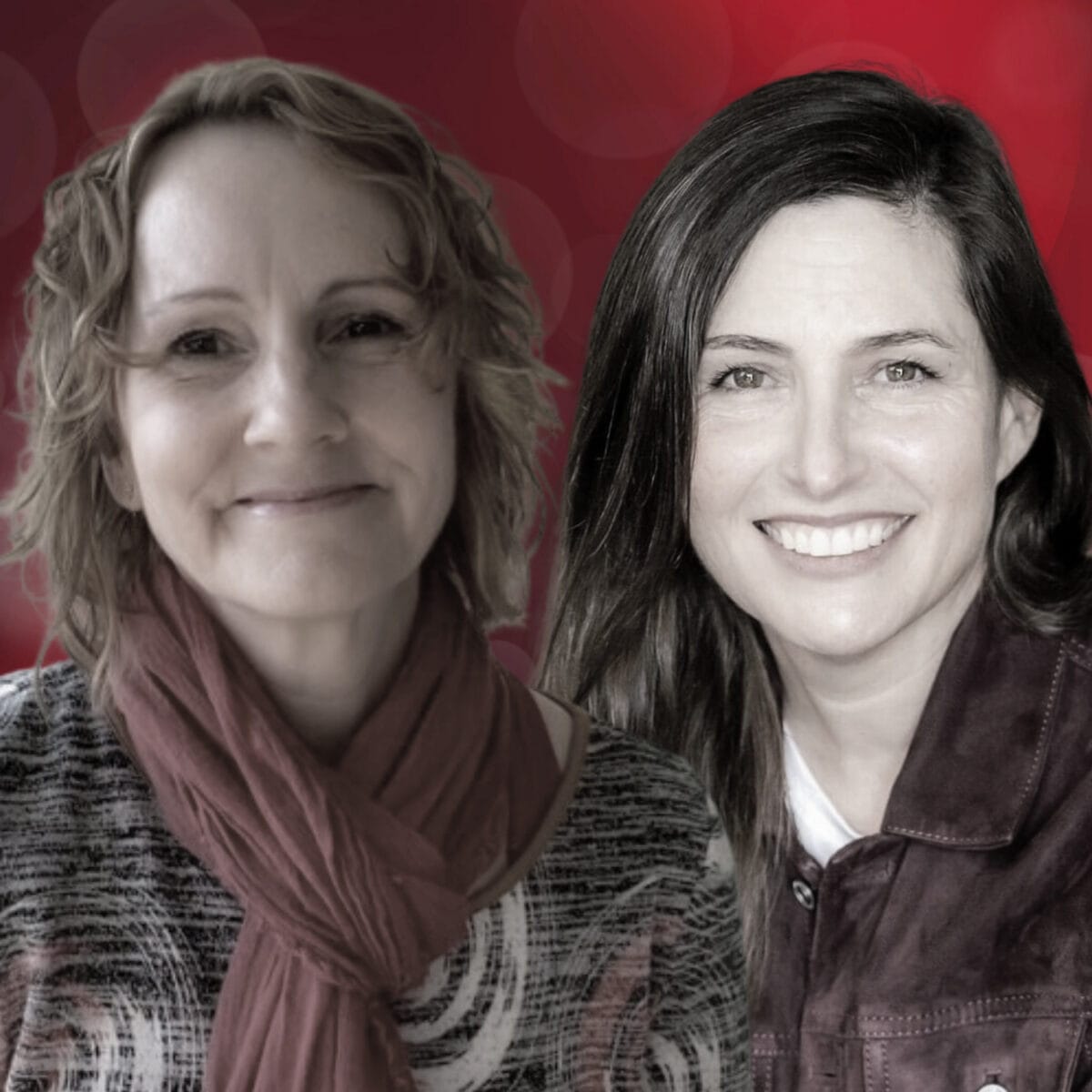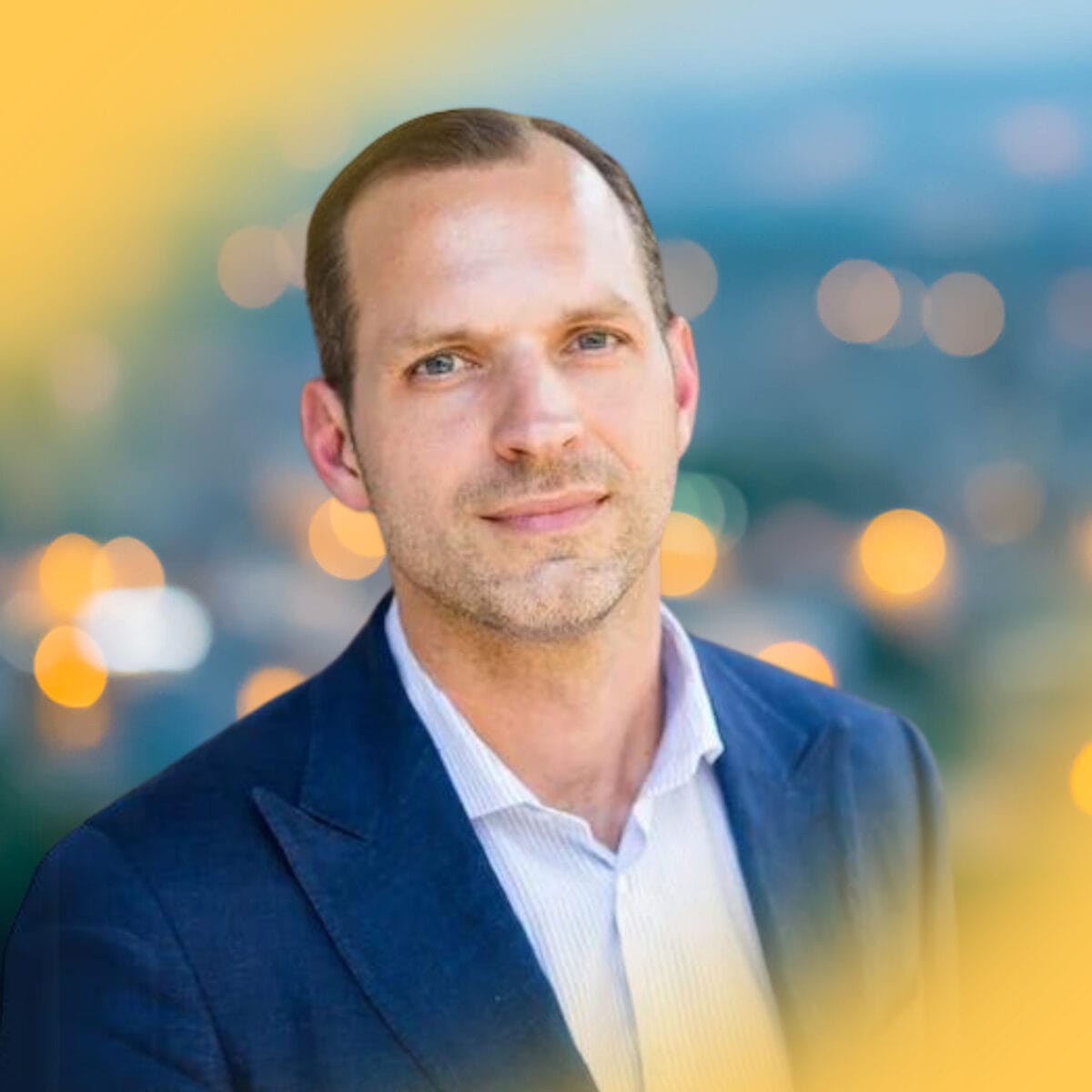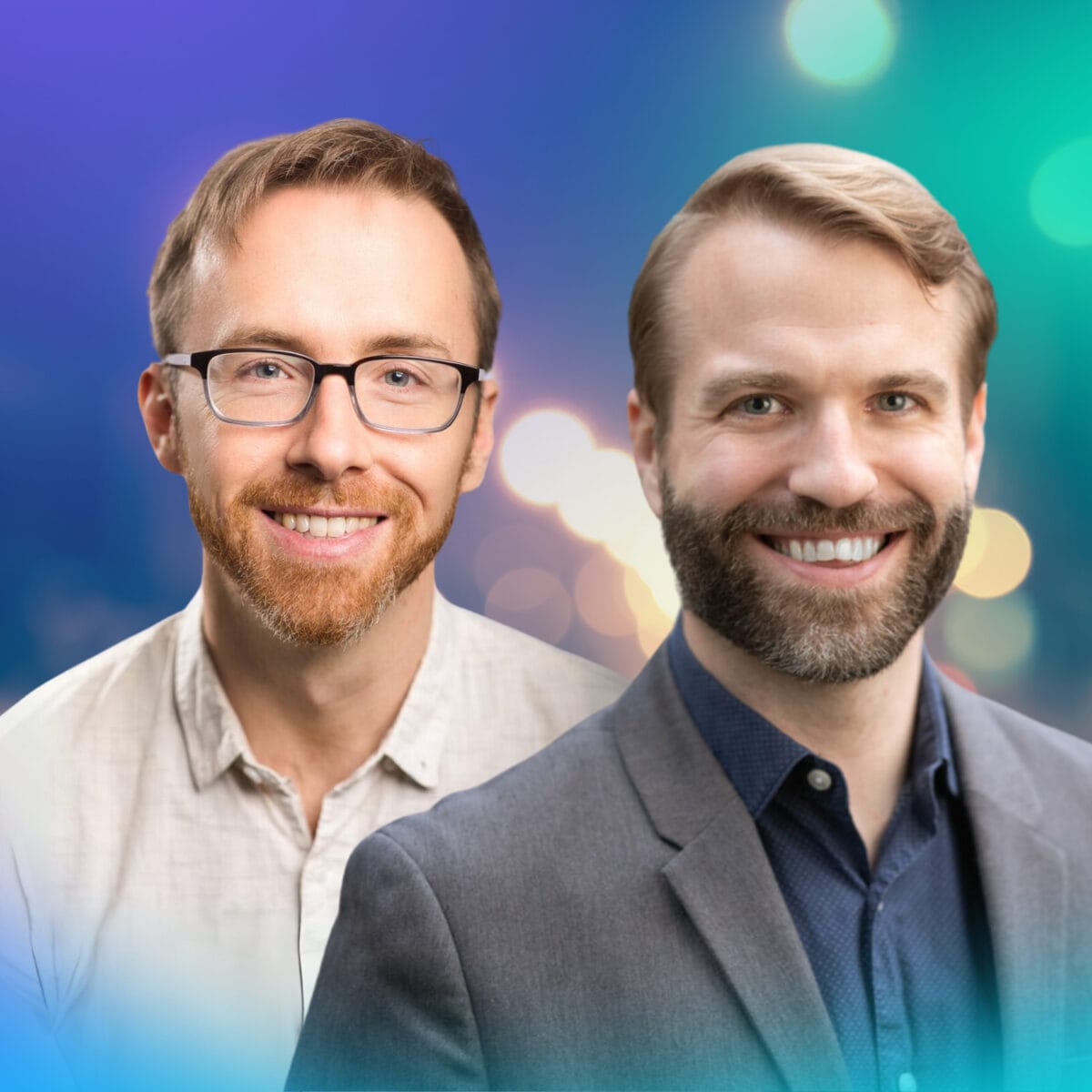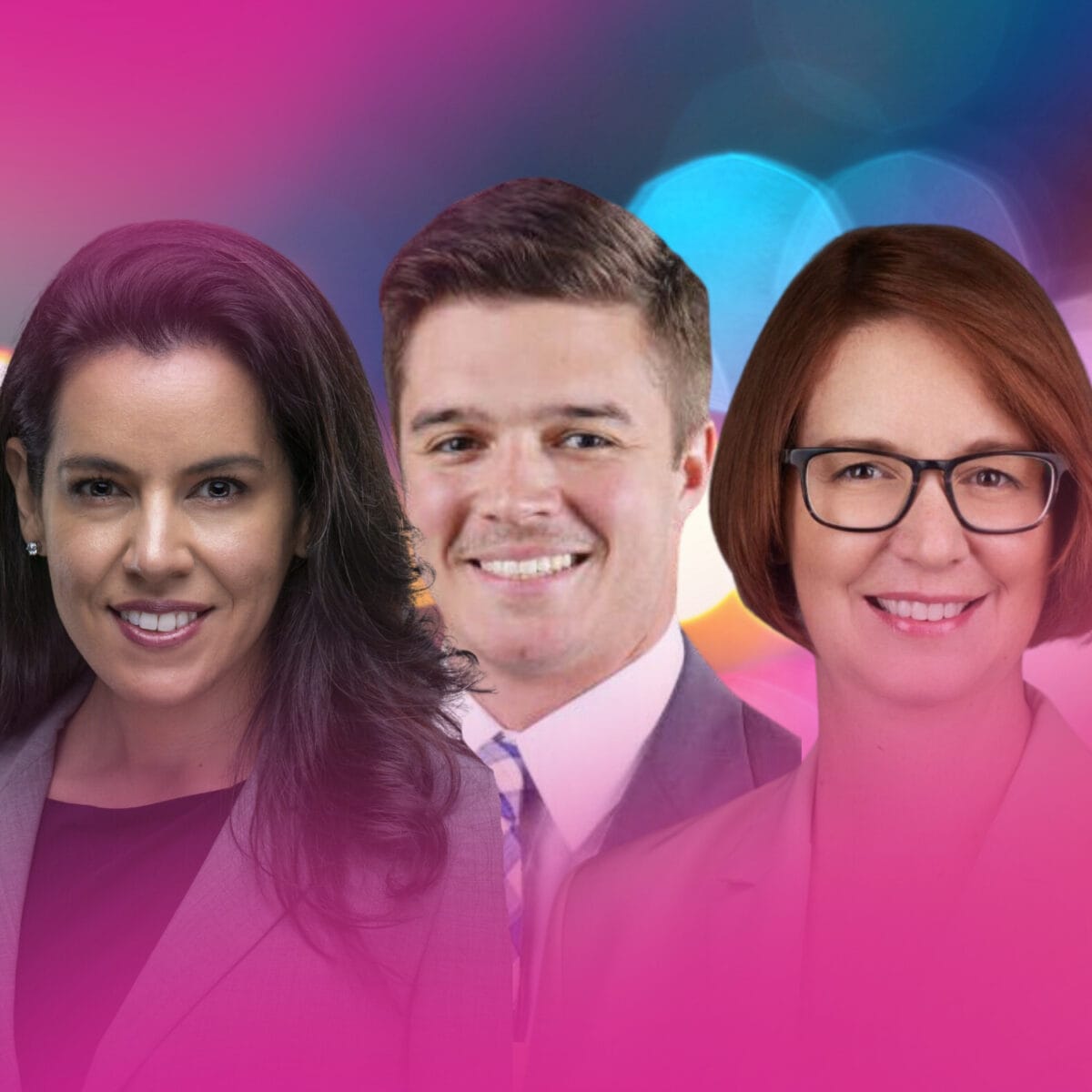A panel discussion with Jim Harris, Rachel Zoeller, DPT, David W. McMillan, Ph.D., and Manesh Girn, Ph.D.Recorded live at the Aspen Psychedelic Symposium
In this riveting and deeply personal conversation, moderator Jim Harris is joined by three pioneers at the intersection of neuroscience, psychedelics, and disability: Dr. Rachel Zoeller (Doctor of Physical Therapy and spinal cord injury survivor), Dr. David McMillan (Assistant Professor of Neurological Surgery at the University of Miami), and Dr. Manesh Girn (neuroscientist and postdoctoral researcher with Robin Carhart-Harris at UCSF). Together, they explore how psychedelics may do far more than treat depression or catalyze mystical experiences—they may also support healing and regeneration in the nervous system.
The discussion opens with an acknowledgment that our cultural understanding of psychedelics has mostly focused on their psychological and spiritual effects. But as these experts reveal, the somatic potential of psychedelics is vast and understudied. They delve into promising areas like central and peripheral neuroplasticity, the anti-inflammatory effects of psychedelics, and how these mechanisms might play a role in healing from spinal cord injuries or paralysis.
Dr. Girn breaks down the science behind psilocybin’s interaction with 5-HT2A serotonin receptors, not only in the brain but also in the spinal cord. These receptors, when activated, may increase neuronal excitability and even help restore lost signaling in damaged motor pathways. He suggests that psychedelics could reopen “critical periods” for neuroplasticity—windows of opportunity for the nervous system to rewire and heal.
Rachel Zoeller shares her powerful lived experience as both a physical therapist and a spinal cord injury patient. Her story brings the science to life, particularly her observation that psychedelic experiences help her reconnect to parts of her body affected by paralysis. Psychedelics, she suggests, have allowed her to rebuild mind-body communication and foster compassion toward her own physical limitations. She also underscores the need for patients to cultivate body awareness, meditation, and breathwork as essential tools for safe and effective psychedelic use.
Dr. McMillan, who leads outreach at the Miami Project to Cure Paralysis, provides a clinical and safety-oriented perspective. While optimistic about the potential, he urges caution—especially with individuals who have high-level spinal cord injuries and are vulnerable to serious complications like autonomic dysreflexia. He stresses that before we can bring these treatments into clinical settings, we must carefully assess physiological risk, develop precise pharmacological protocols, and prioritize patient safety.
The panel also addresses cultural and spiritual interpretations of spasticity. Drawing on both shamanic and somatic perspectives, they propose that these involuntary muscle contractions could be reinterpreted not as dysfunction, but as potential portals for healing, integration, or neurological feedback. The idea that such spasms might help the brain remap muscle groups is discussed as a provocative and hopeful reframe.
The conversation wraps with a call to action: to bring together indigenous wisdom, embodied knowledge, rigorous science, and community storytelling in order to chart a new frontier in psychedelic medicine—one that does not leave the disabled community behind. As McMillan puts it, “There’s a lesson to psychedelia from paralysis.” It’s a reminder that neuropharmacology must consider not just molecules and mechanisms, but people and possibilities.
Whether you’re a clinician, researcher, patient, or curious explorer, this panel is a moving and illuminating look at how psychedelics could transform not only minds—but bodies.
Thanks to Aspen Public Radio, Aspen Psychedelic Resource Center, Healing Advocacy Fund and Aspen Psychedelic Symposium for allowing us to share this podcast.
A full agenda from the symposium can be found here.
